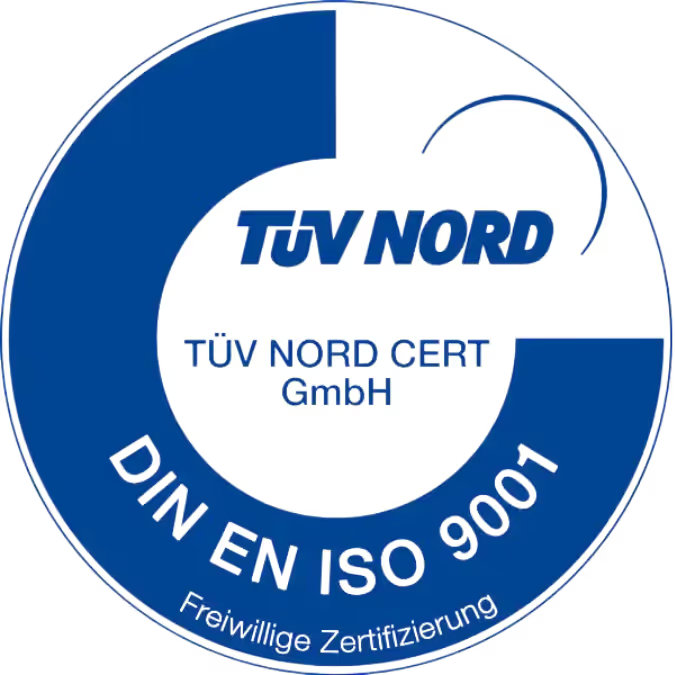Esprit
Expanding the versatility of self-reinforced plastics (SRP)
Early trials of selective heating using susceptor additives have shown promise and a variety of options are available for development. The aim of the Esprit project was to have SRP systems for existing shaping technology and for new special shaping technologies to maximize the commercial potential of these new materials. Trials resulted in fiber-reinforced samples from standard injection molding equipment. The initial results showed a very attractive combination of high modulus, high elongation at break, high impact strength and low notch sensitivity.
Self Reinforced Plastics (SRP) are now maturing into materials suitable for commercial use in applications that require lightweight, stiff and impact resistant molded parts and have excellent recyclability. They consist of a thermoplastic fiber and matrix in a similar way to conventional composites, but with the added advantage that the fiber and matrix are derived from a common polymer. This has the advantage that the materials have a much higher stiffness and strength while having the same low density as unfilled polymers. Self Reinforced Polypropylene (SRPP) is a commercial reality and has begun to penetrate certain market sectors such as automotive, personal protective equipment, ballistic panels and other impact sensitive areas.
The ESPRIT project, funded by the EC FP7 program, started in 2008 and was a three and a half year project aimed at taking SRP technology to a new level by modifying the fiber and matrix and radically improving the processing methods. The aim was to develop a production-ready technology using advanced selective melting processes that would allow the materials to be flow-formed without compromising the properties of the reinforcing fibers. The materials to be used were polypropylene (PP), polyethylene terephthalate (PET), polyamide (PA) and polyethylene (PE) as well as other more unusual thermoplastics. It was expected that the material usage and weight of the components would be reduced by 30% compared to conventional materials while maintaining the same stiffness, resulting in energy savings both in production and in use, e.g. through lighter vehicles.
The Esprit project has undertaken an extensive program to locate, produce and characterize the base materials from which the flowable self-reinforced plastics will be produced. These are variations of self-reinforced polyolefins (srPO), self-reinforced polyamides (srPA) and self-reinforced polyesters (srPet), and significant improvements in mechanical properties, particularly modulus and impact strength, have already been achieved, exceeding the project's expectations.
Projekt-Informationen
Weitere Forschungsprojekte
Dielectric High Temperature Measuring Station

IME Metallurgische Prozesstechnik und Metallrecycling der RWTH Aachen

CirProtech

METAWAVE

MIND

Flexby

Hybrid-FIRE

CITADEL

DevEI

RE_SORT

Superfaser 2

WOPOREX

PAMico

HyFiVe

GreenFront

Superfaser

ReOrgAL

NEWWAVE

SuperCarbon

HIRSys

Permback

HELM

NanoWave

Projekt FSM

PhotoRec

CLEAN-HEAT

SULFREE

DEMETO

polynSPIRE
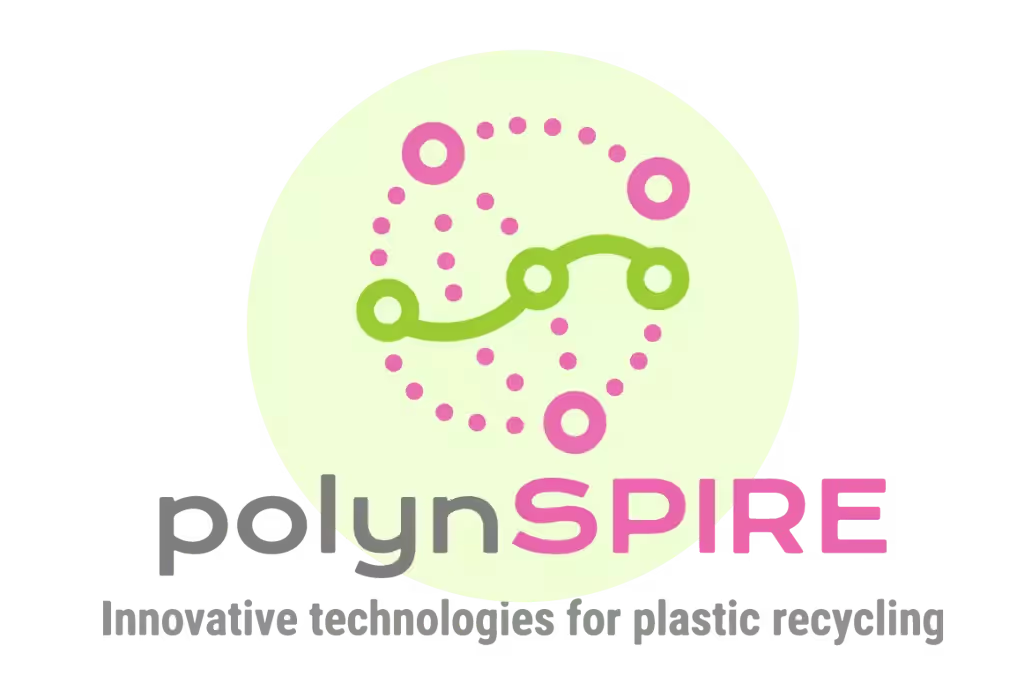
CEM-WAVE

Haben wir Sie überzeugt?
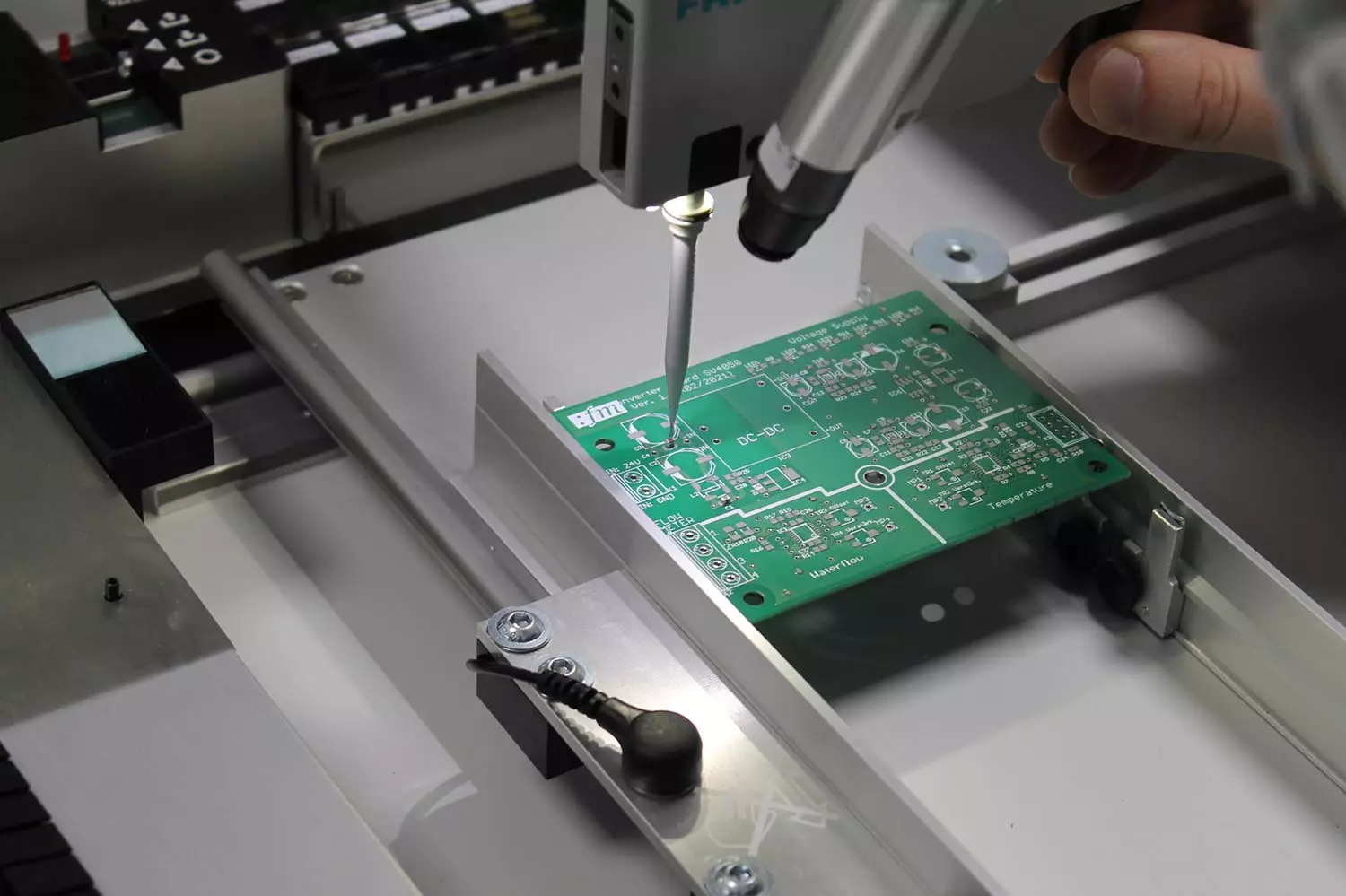



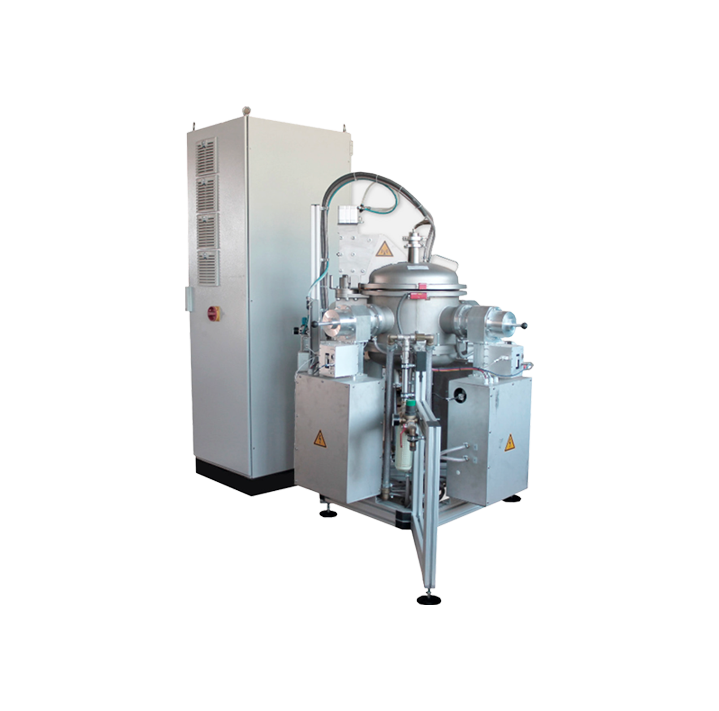
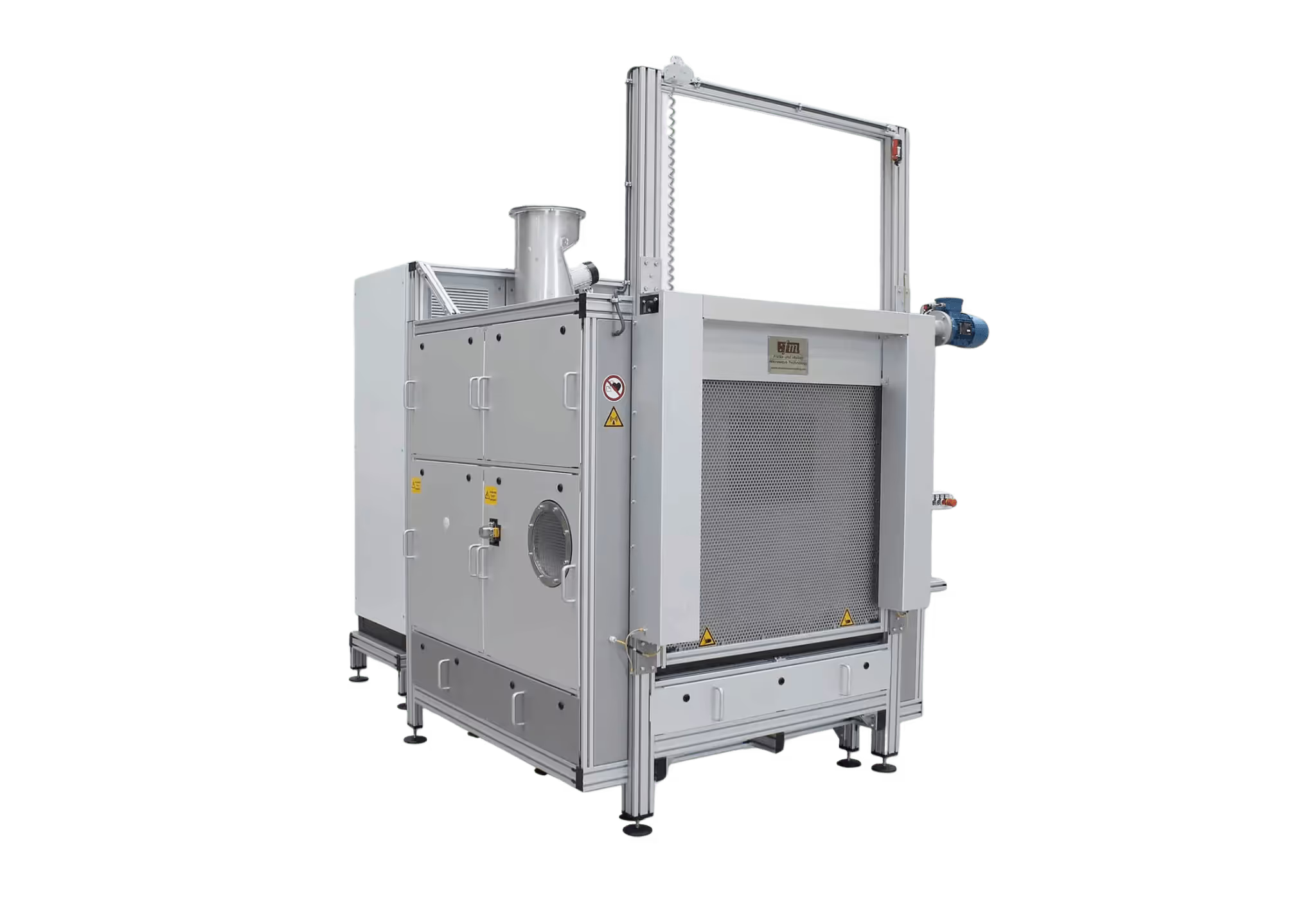
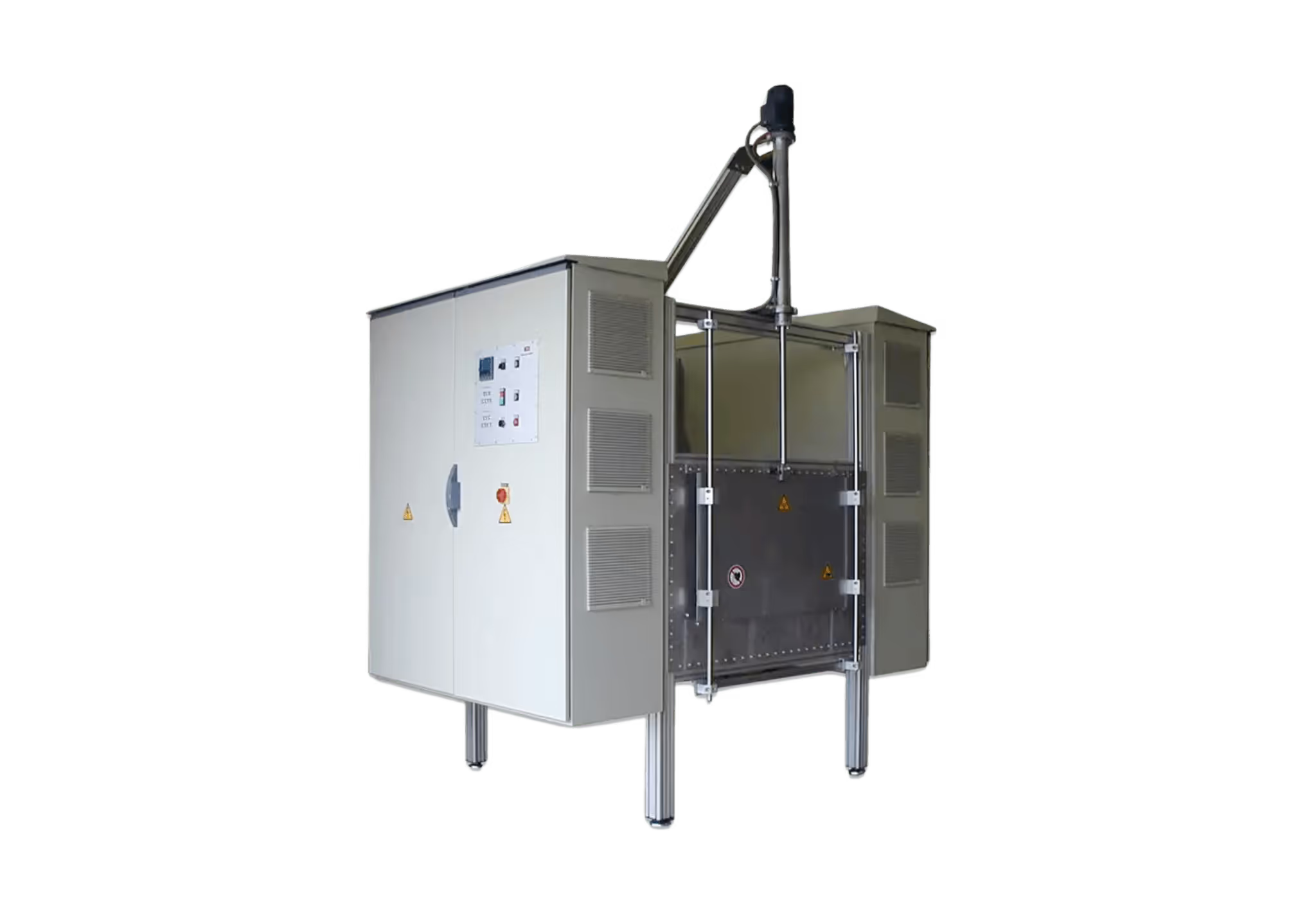
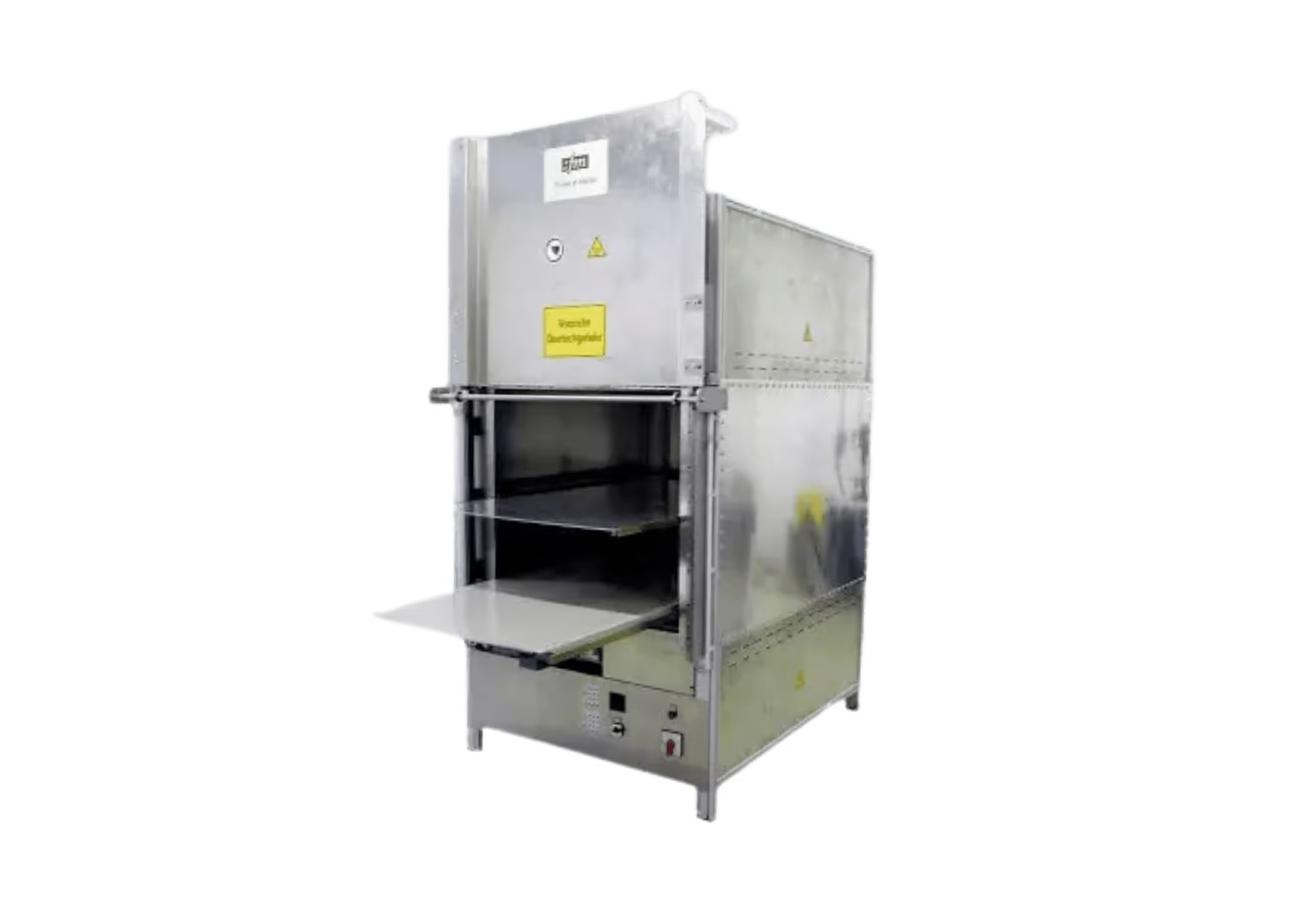
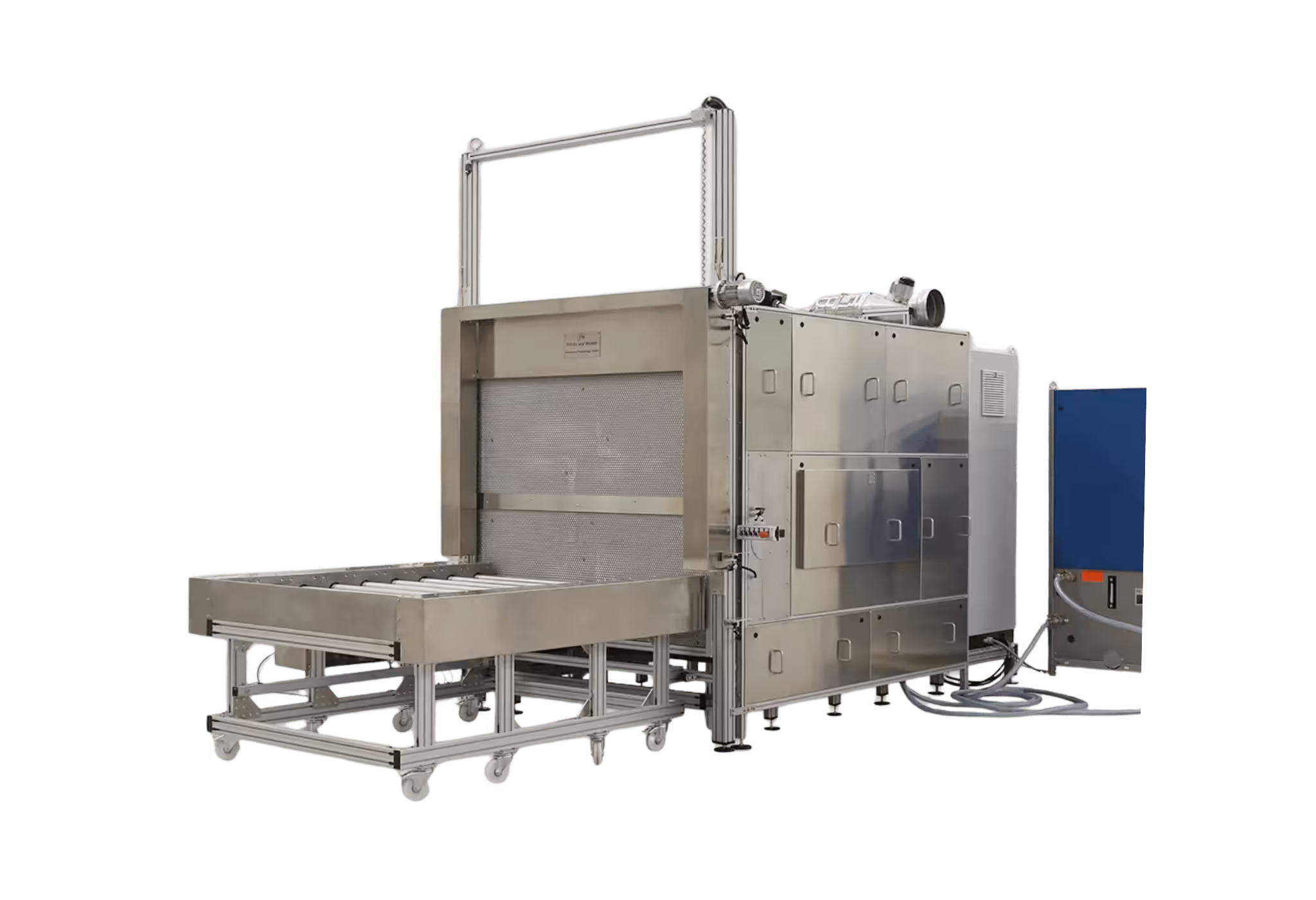
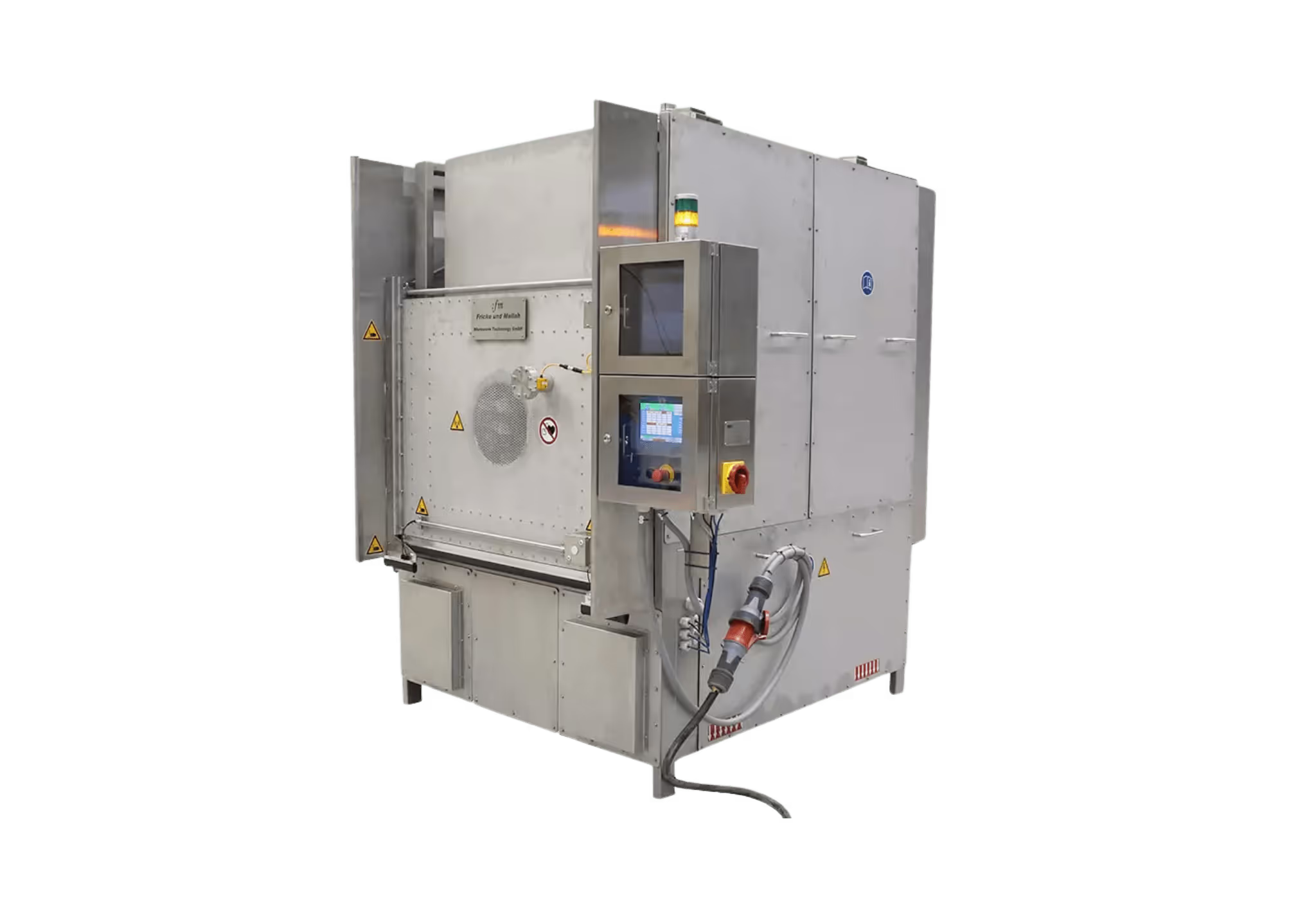
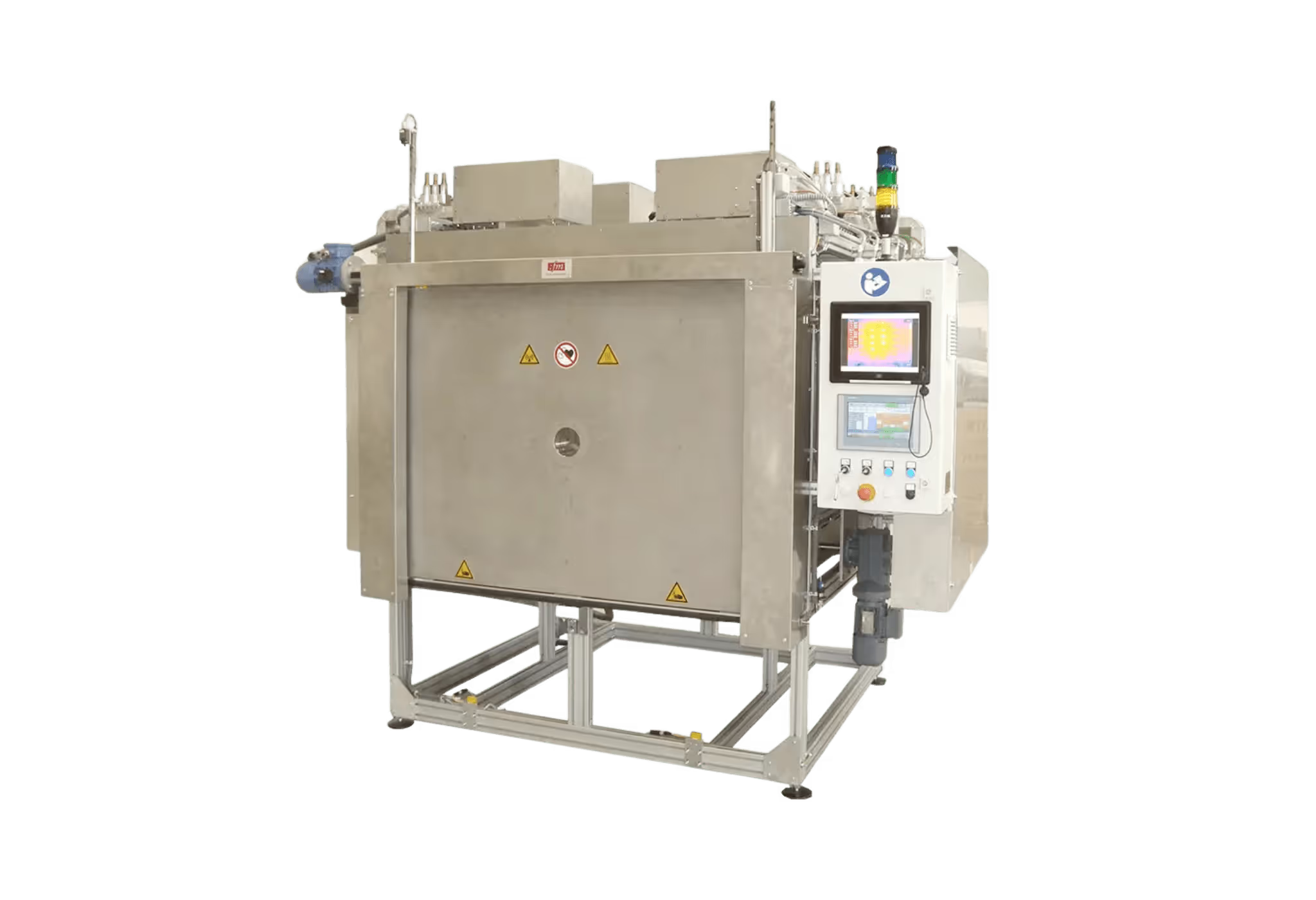
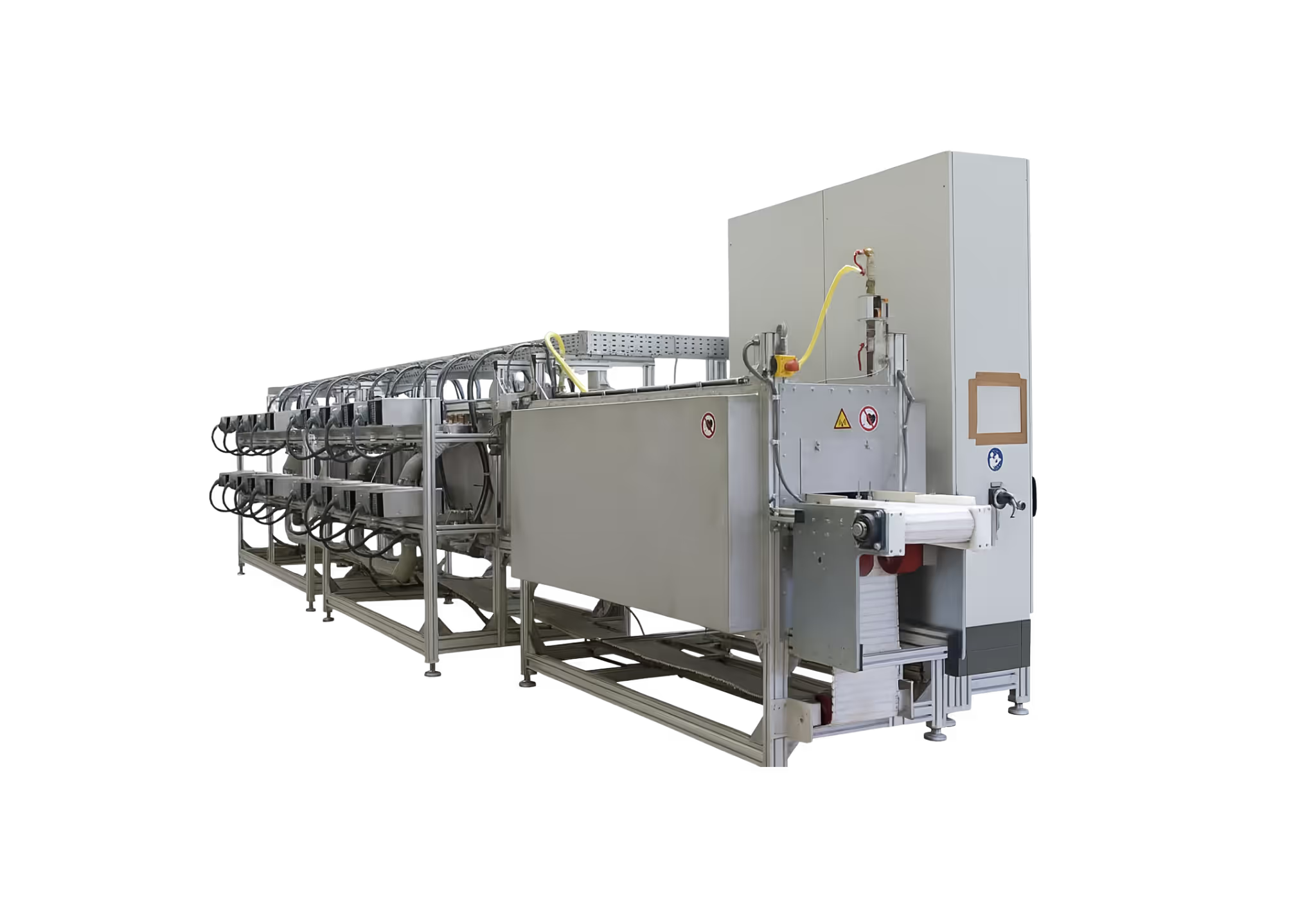
.avif)
.avif)
.avif)
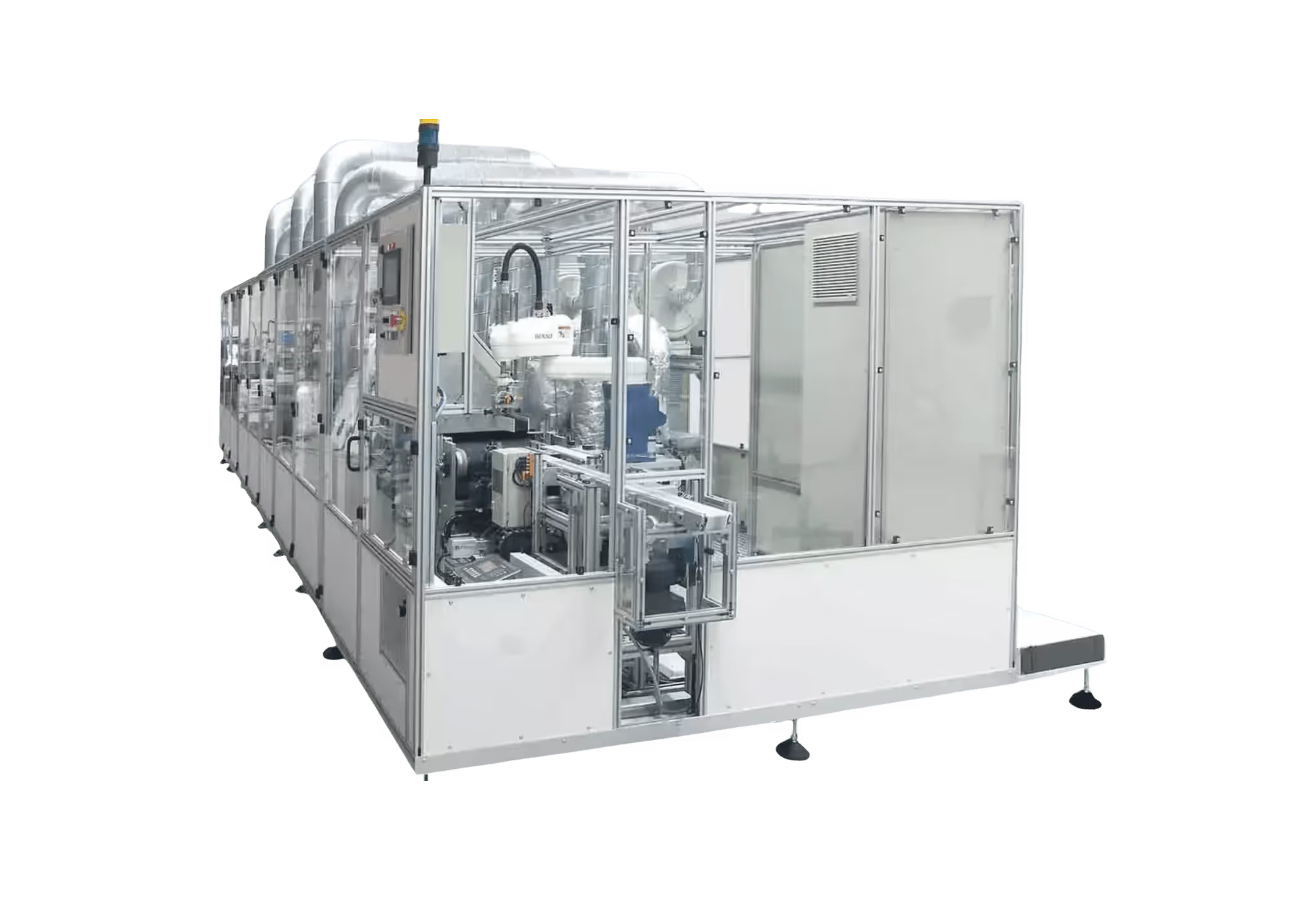
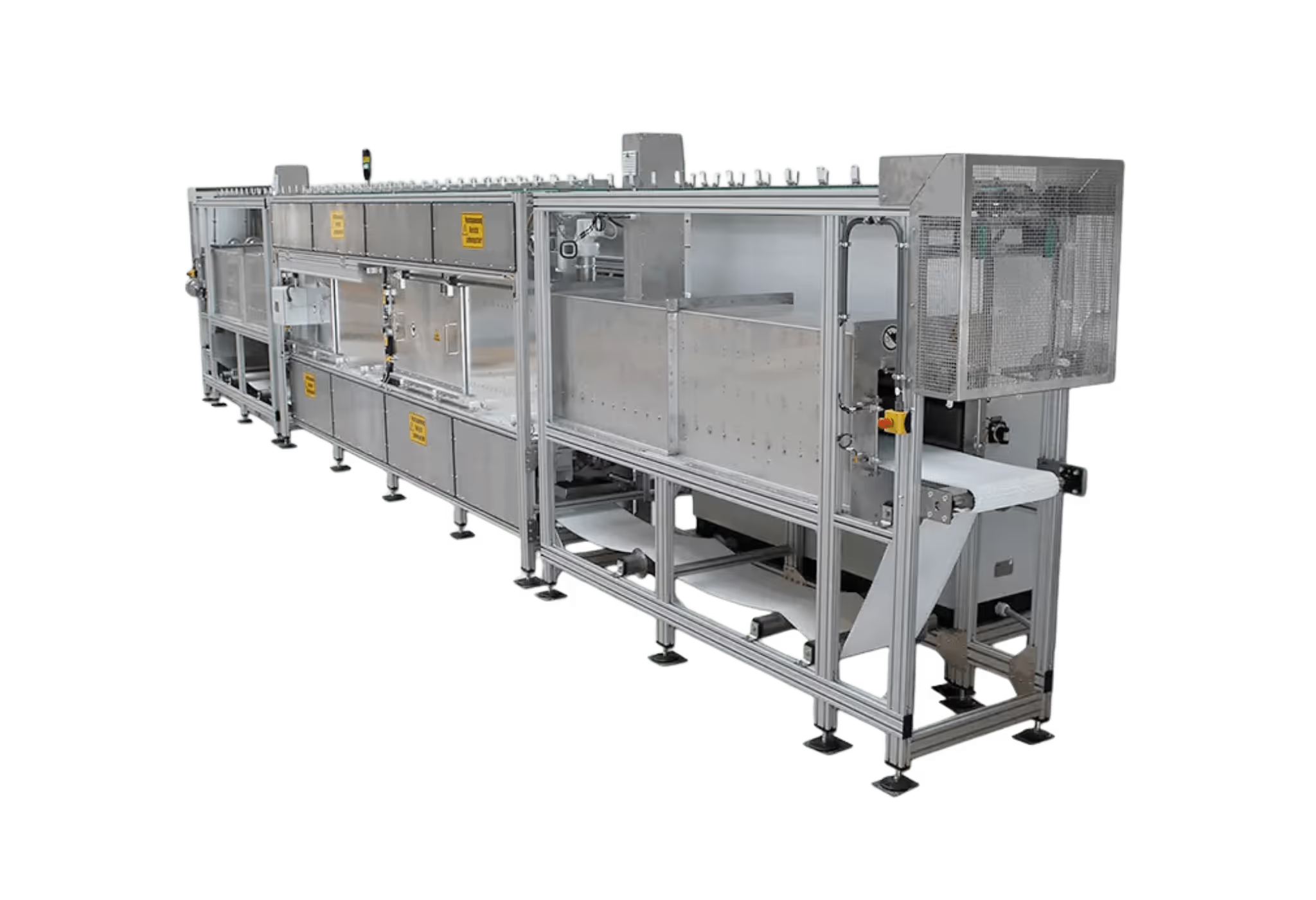
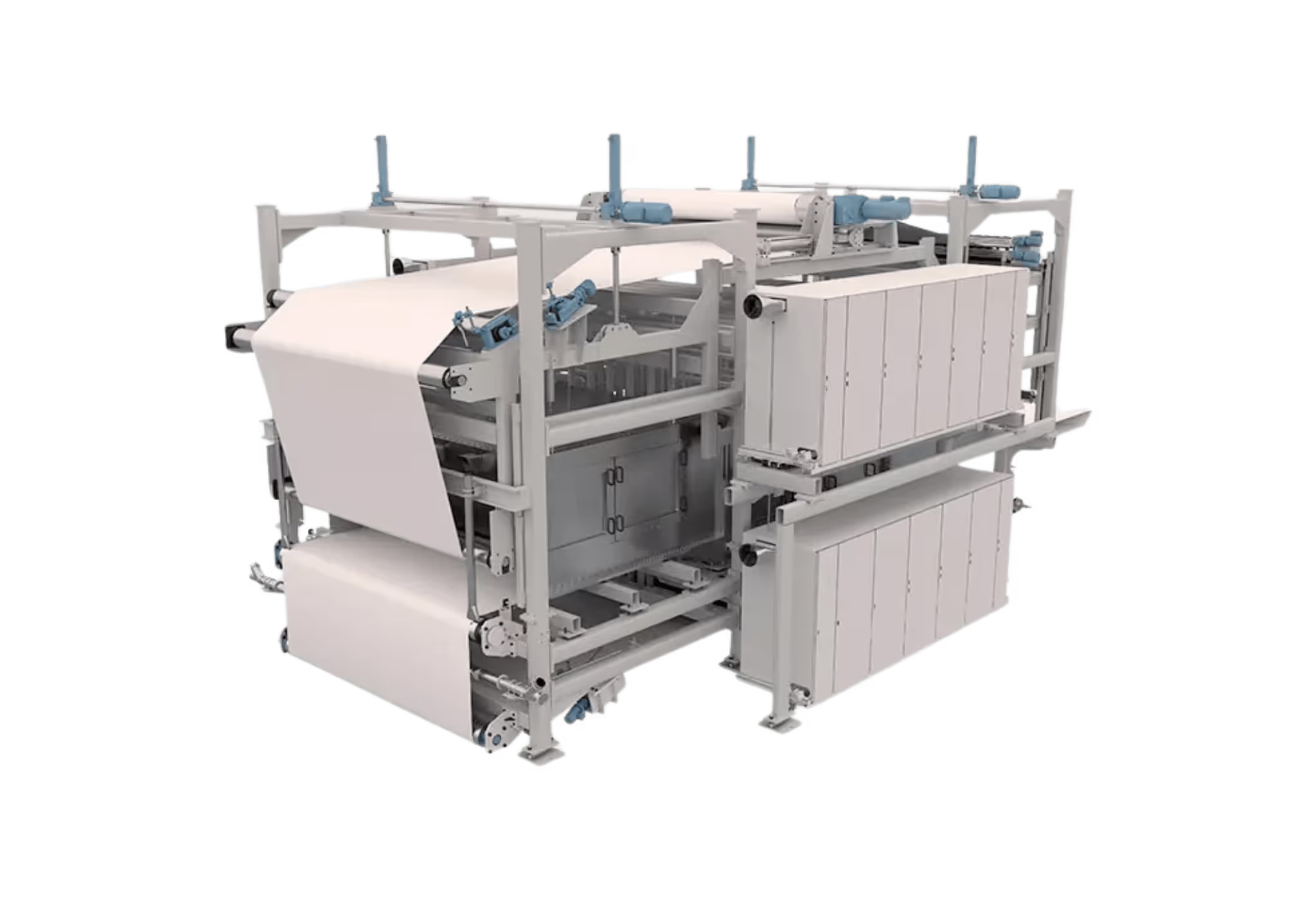
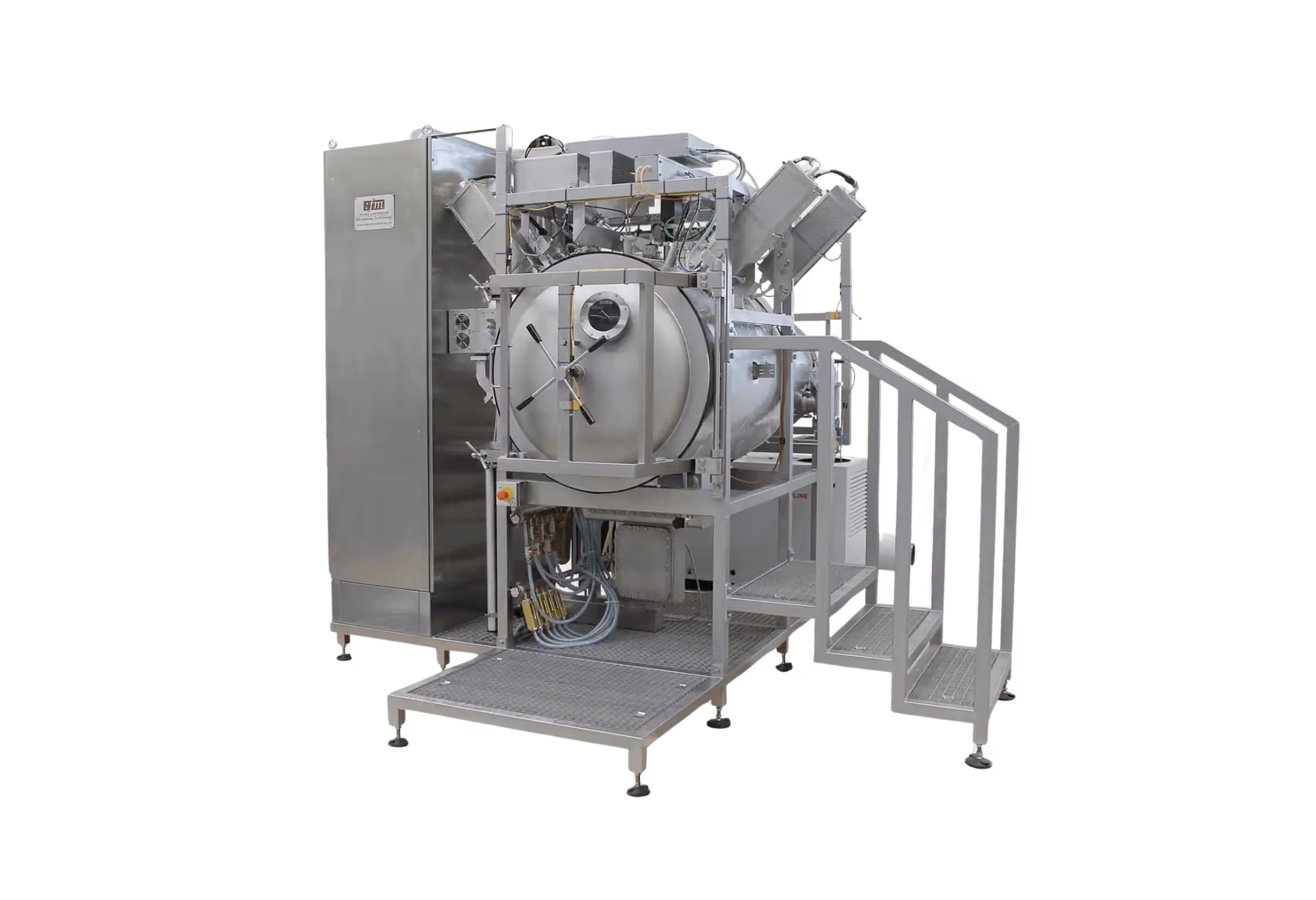
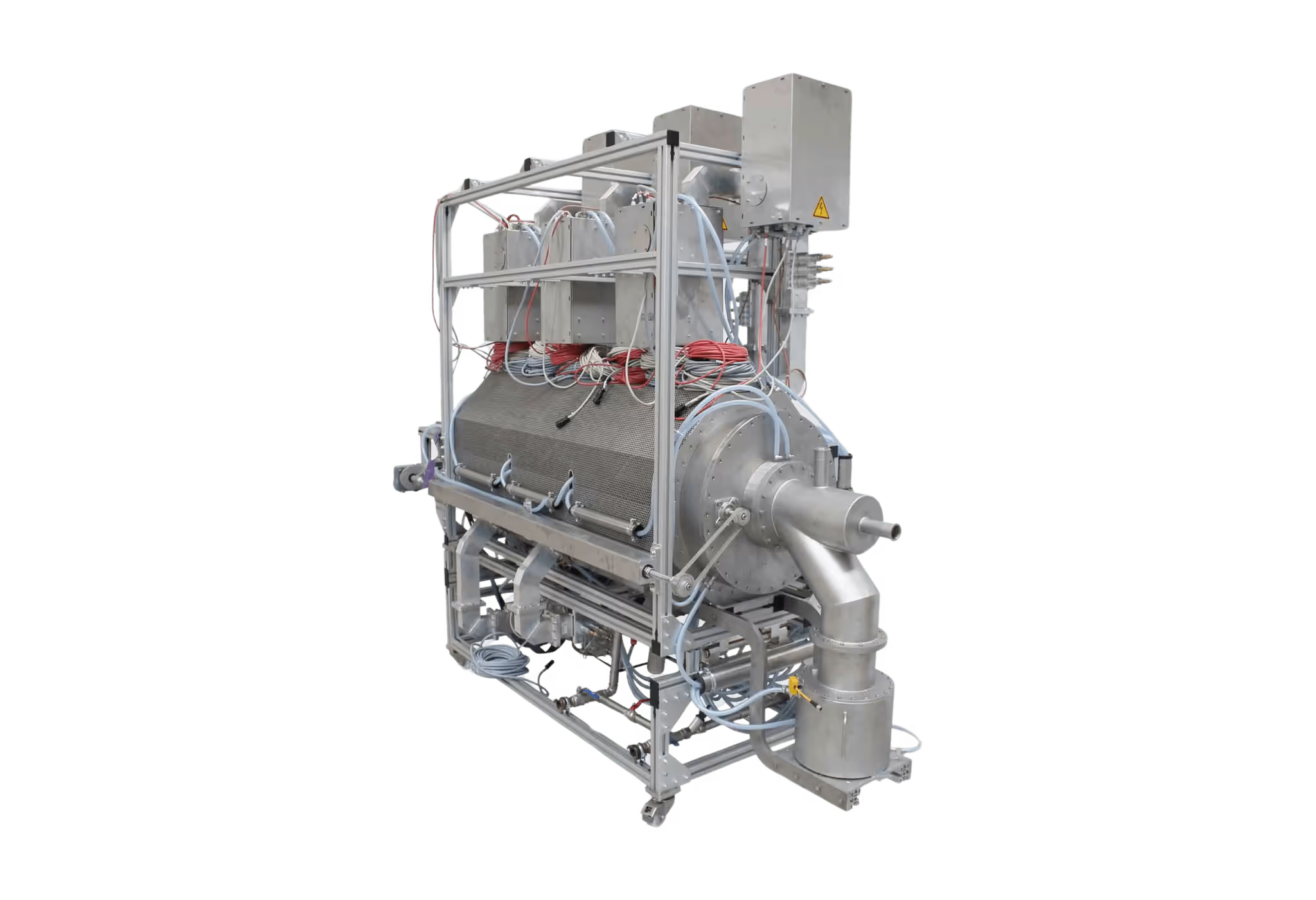
.avif)

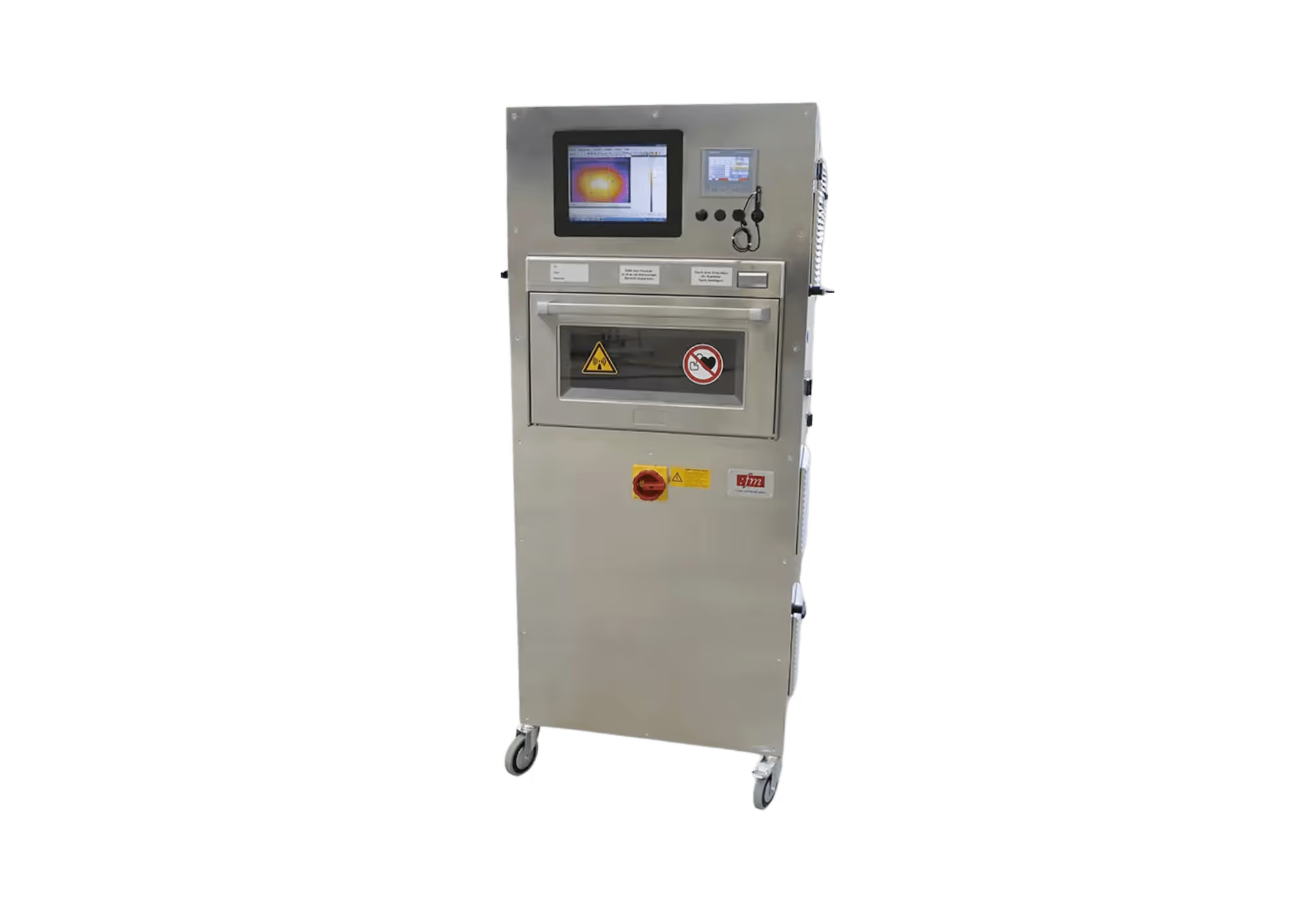
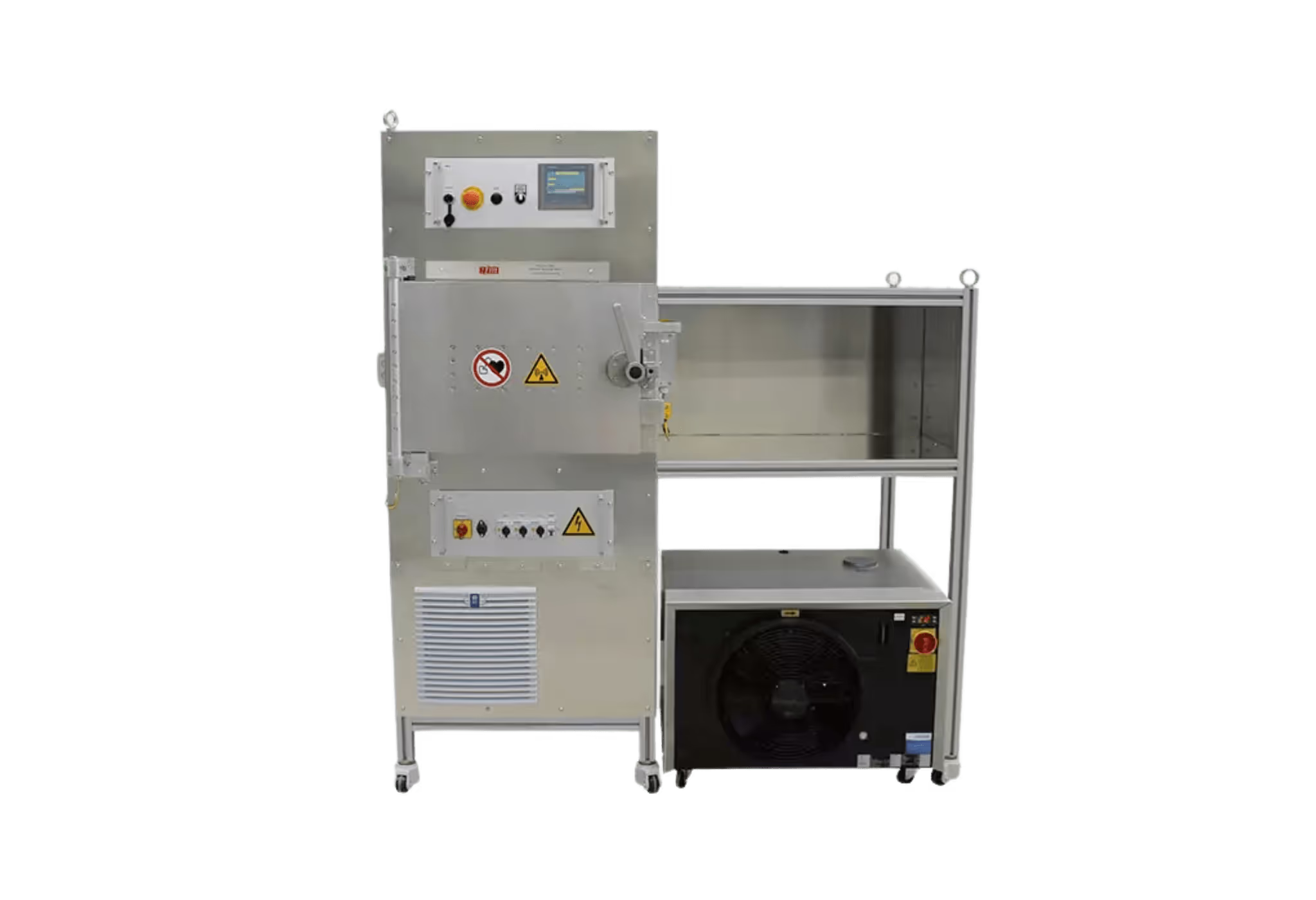
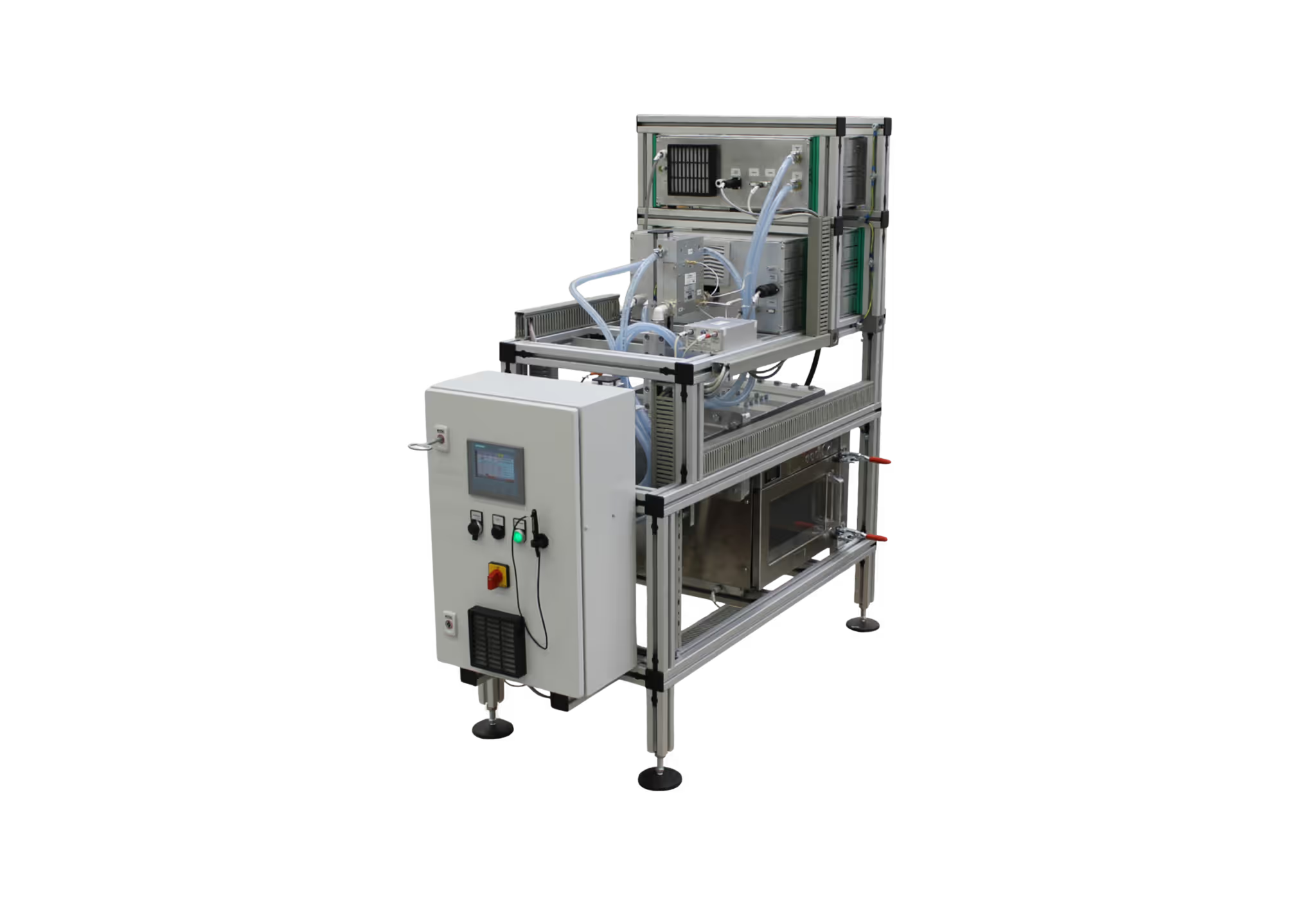
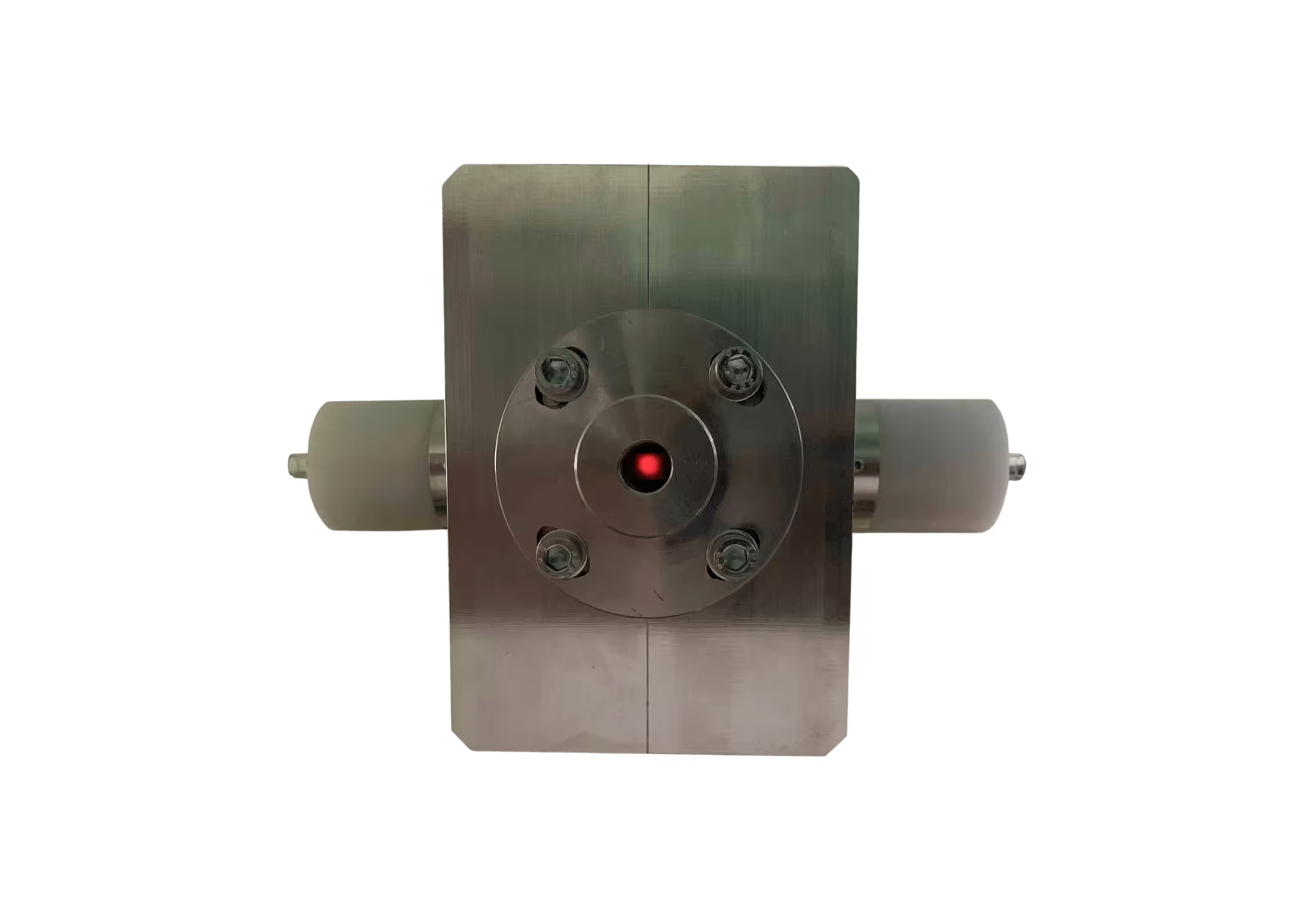
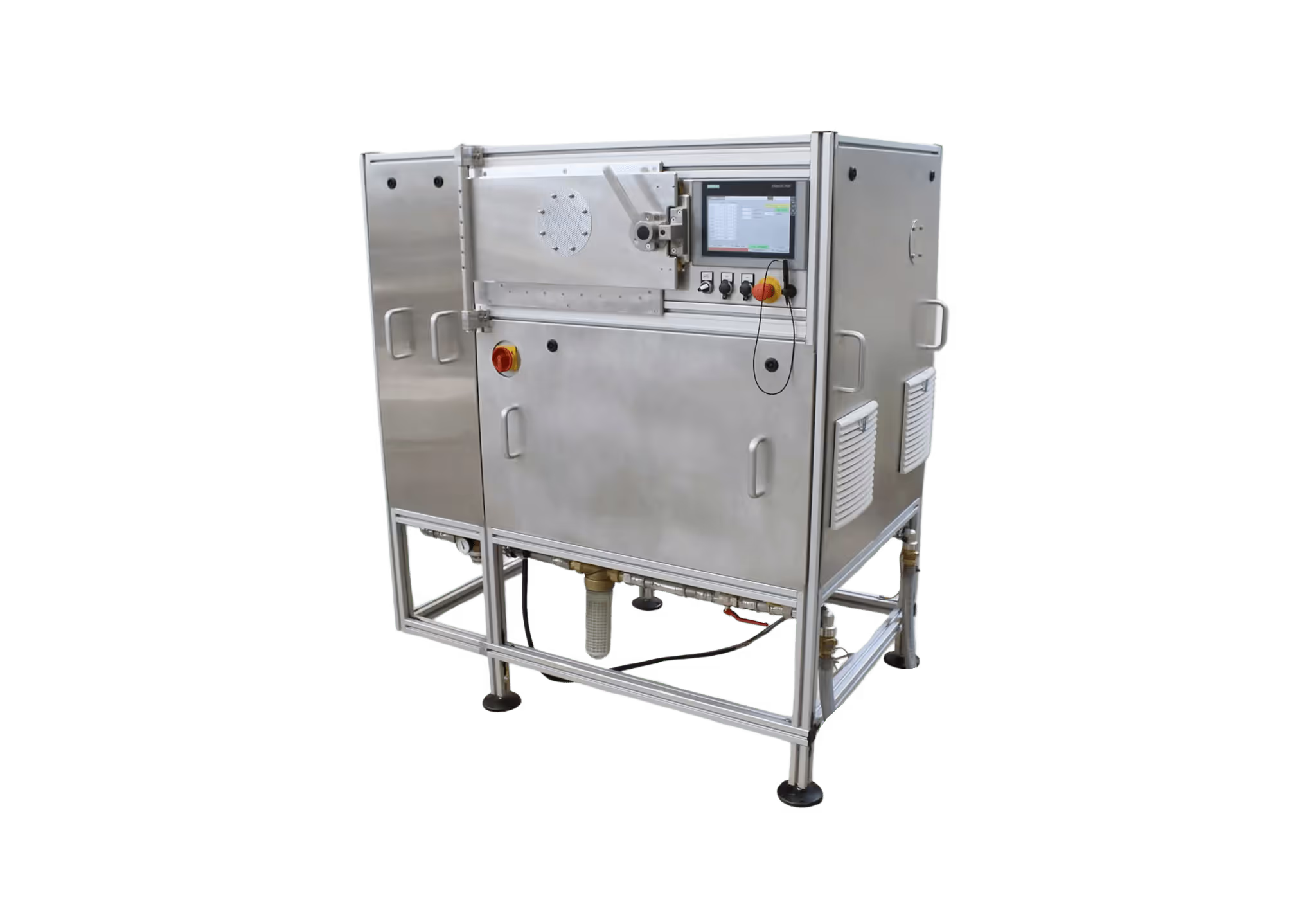
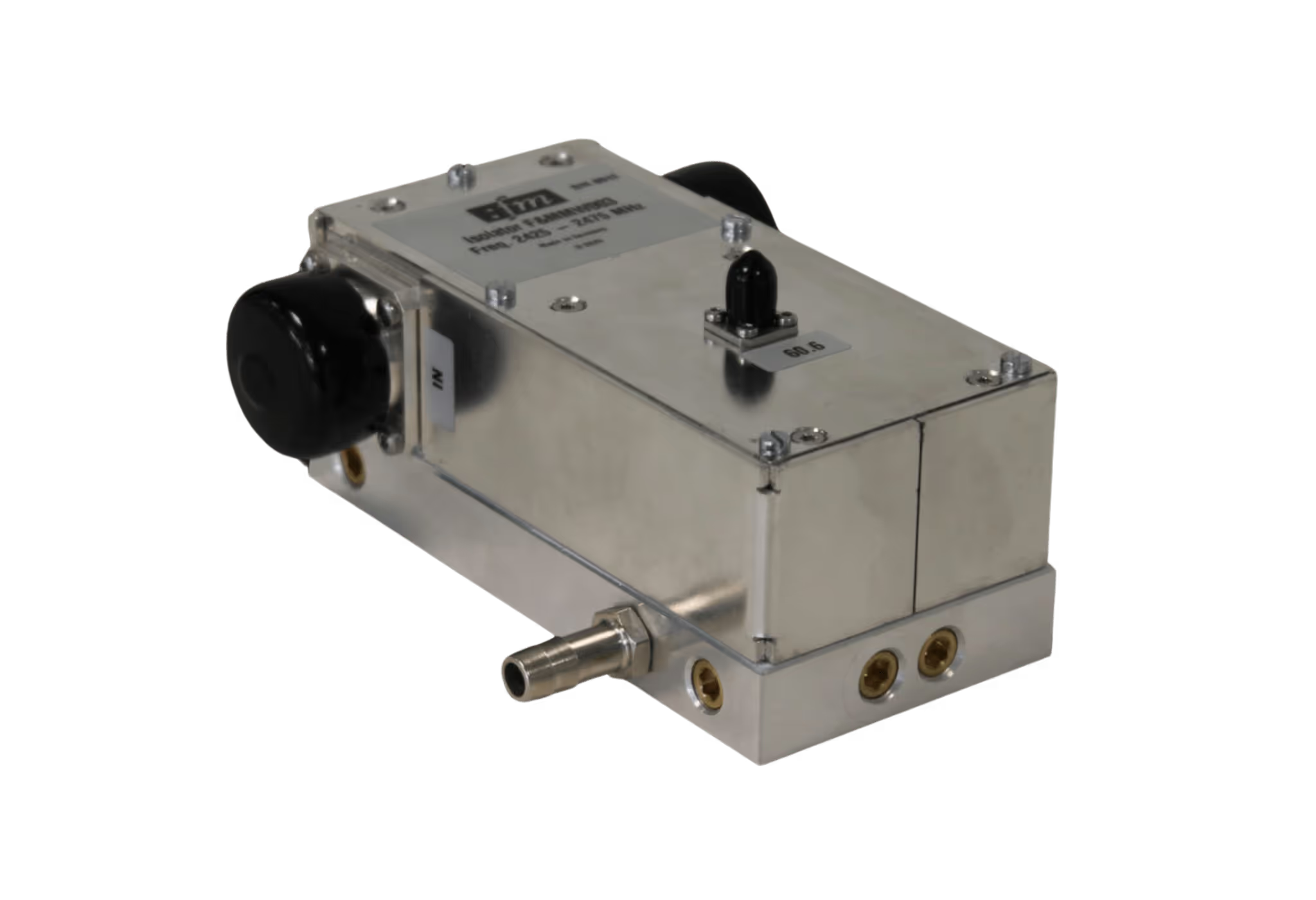
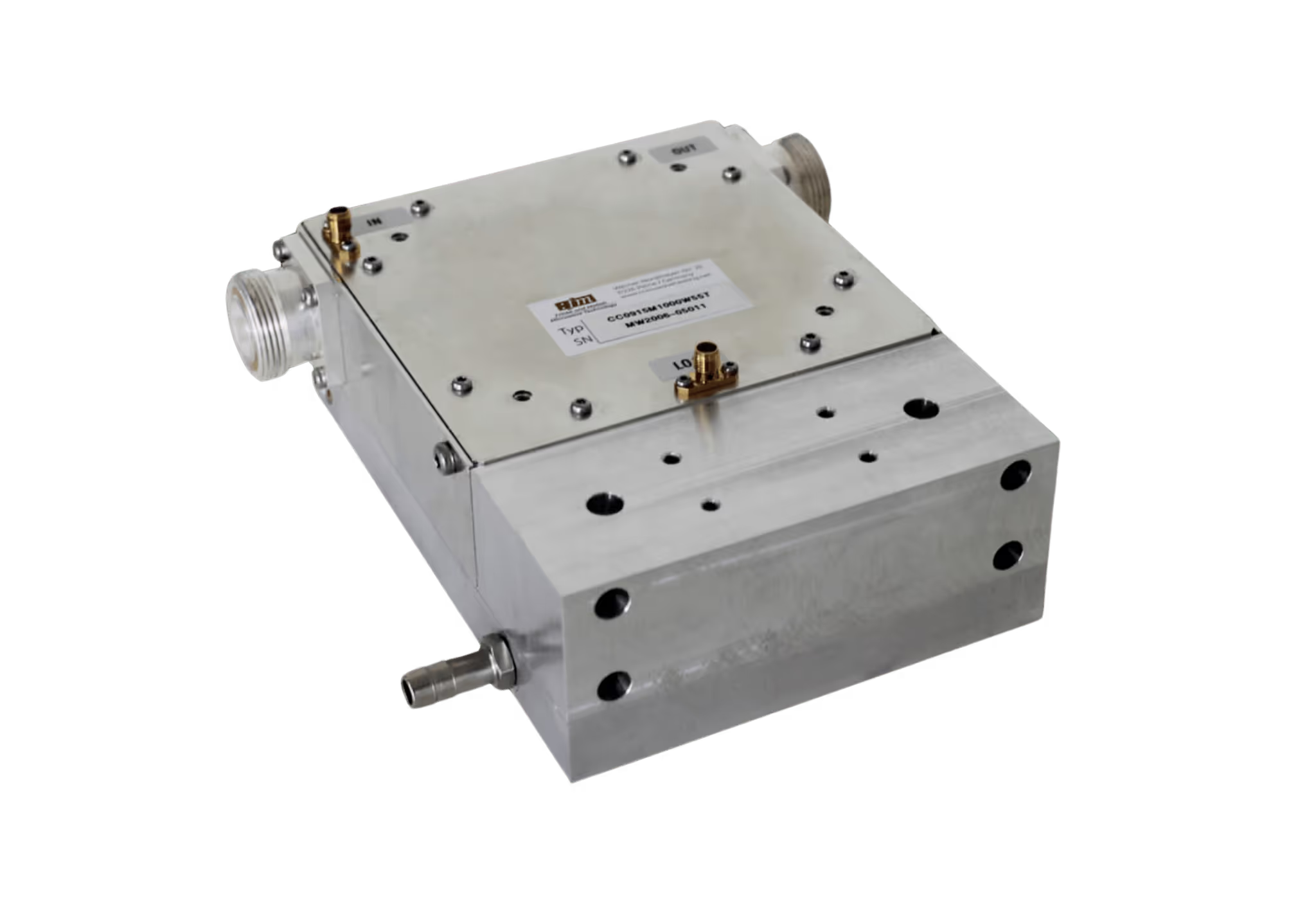
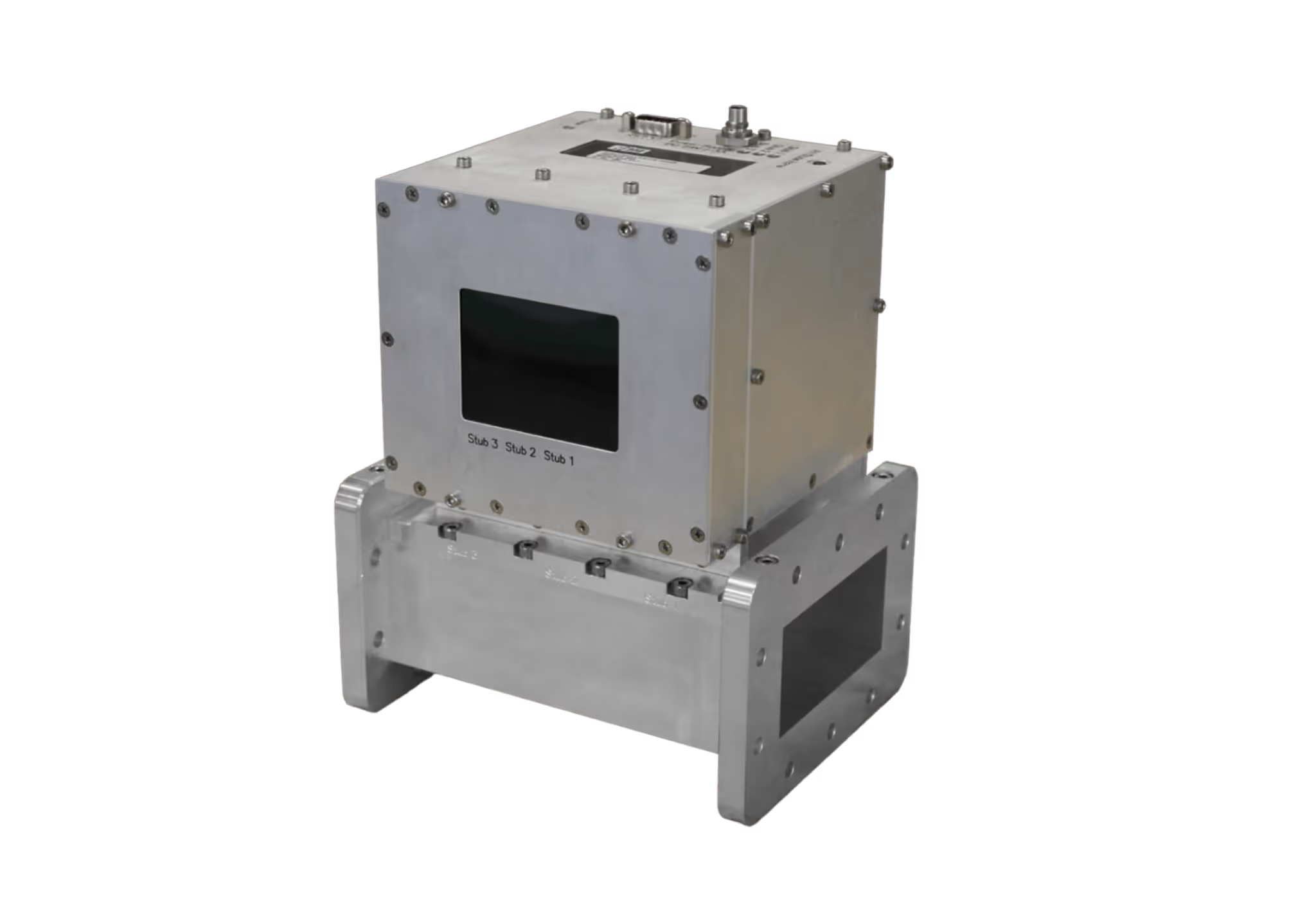
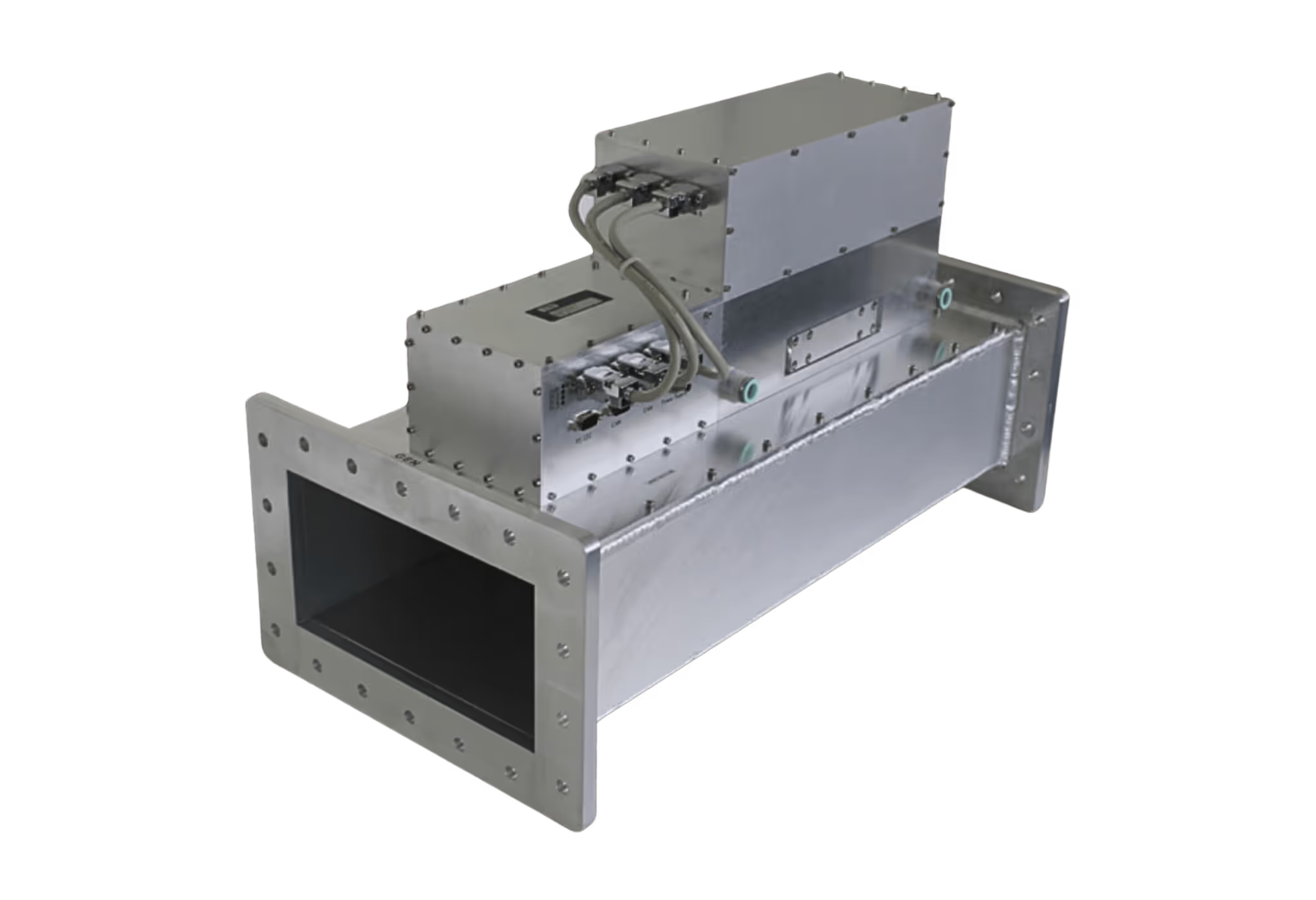
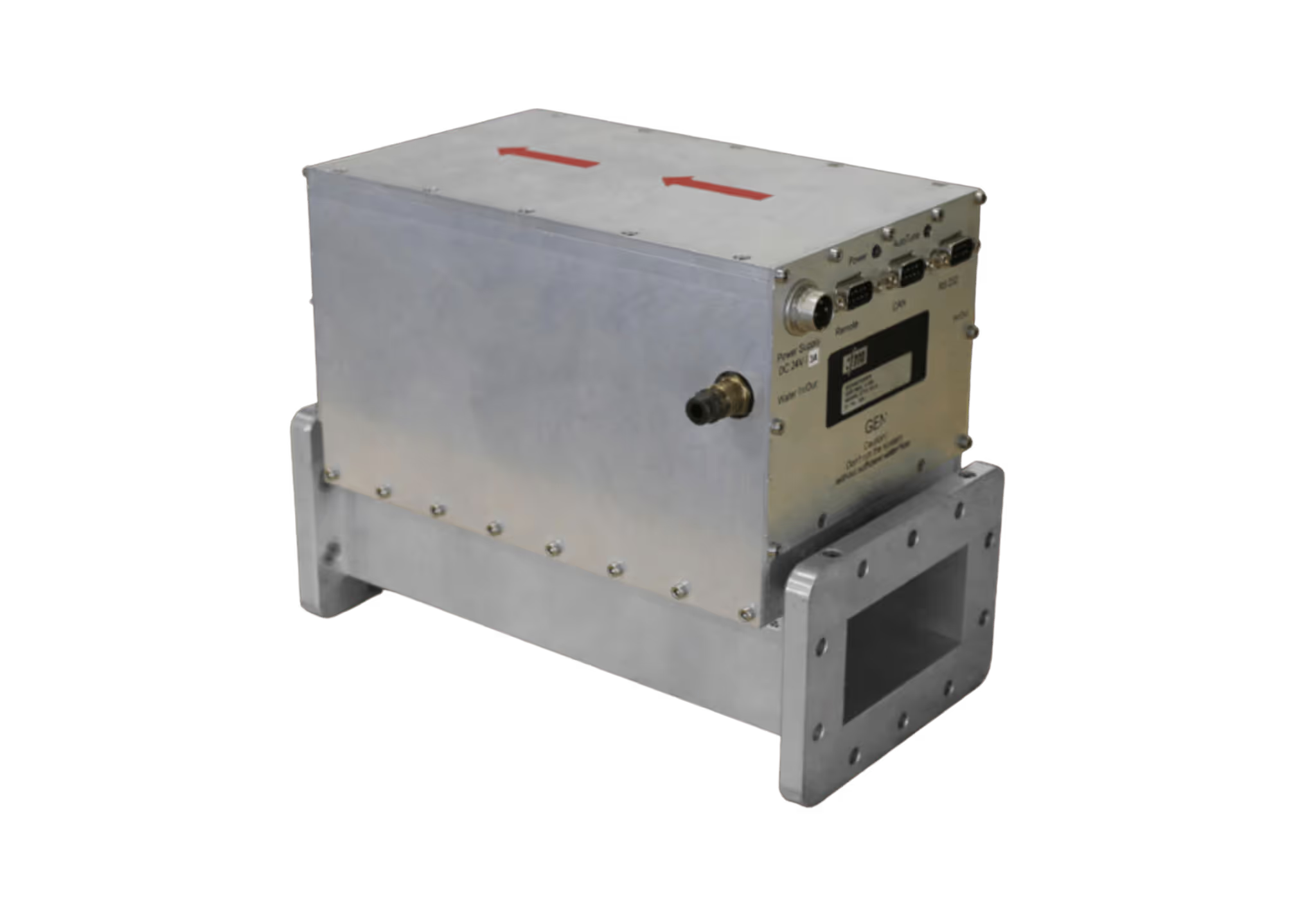
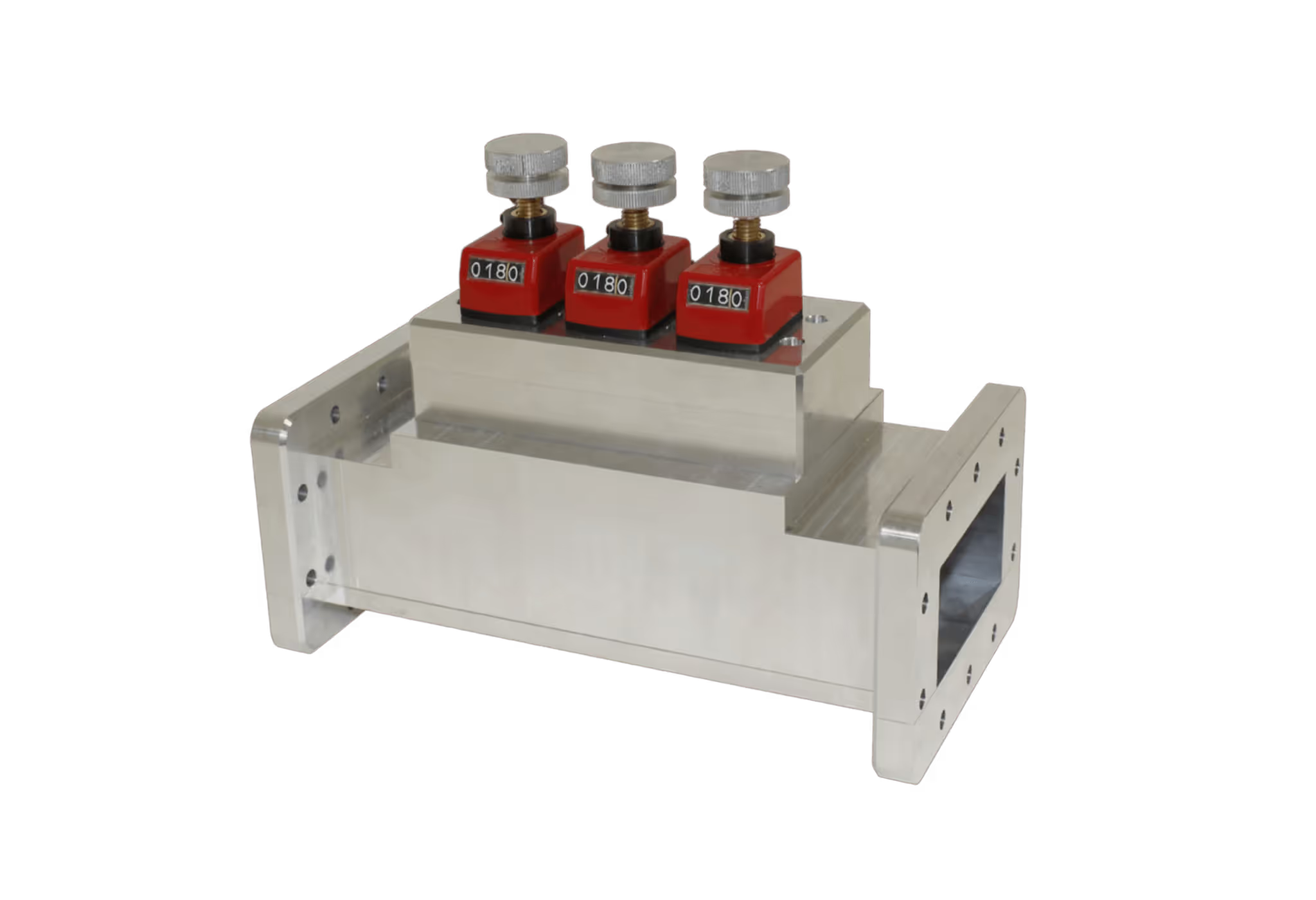
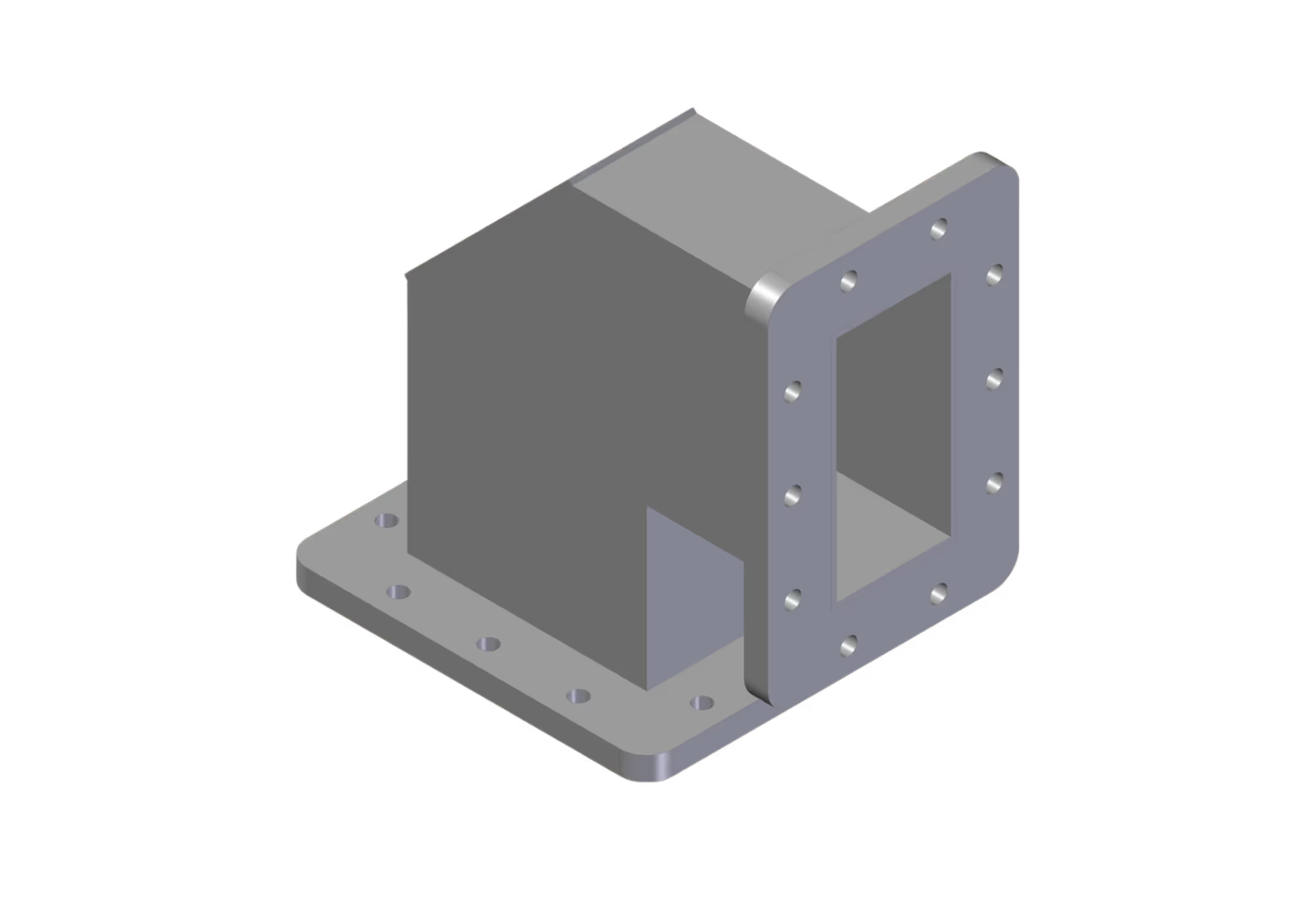
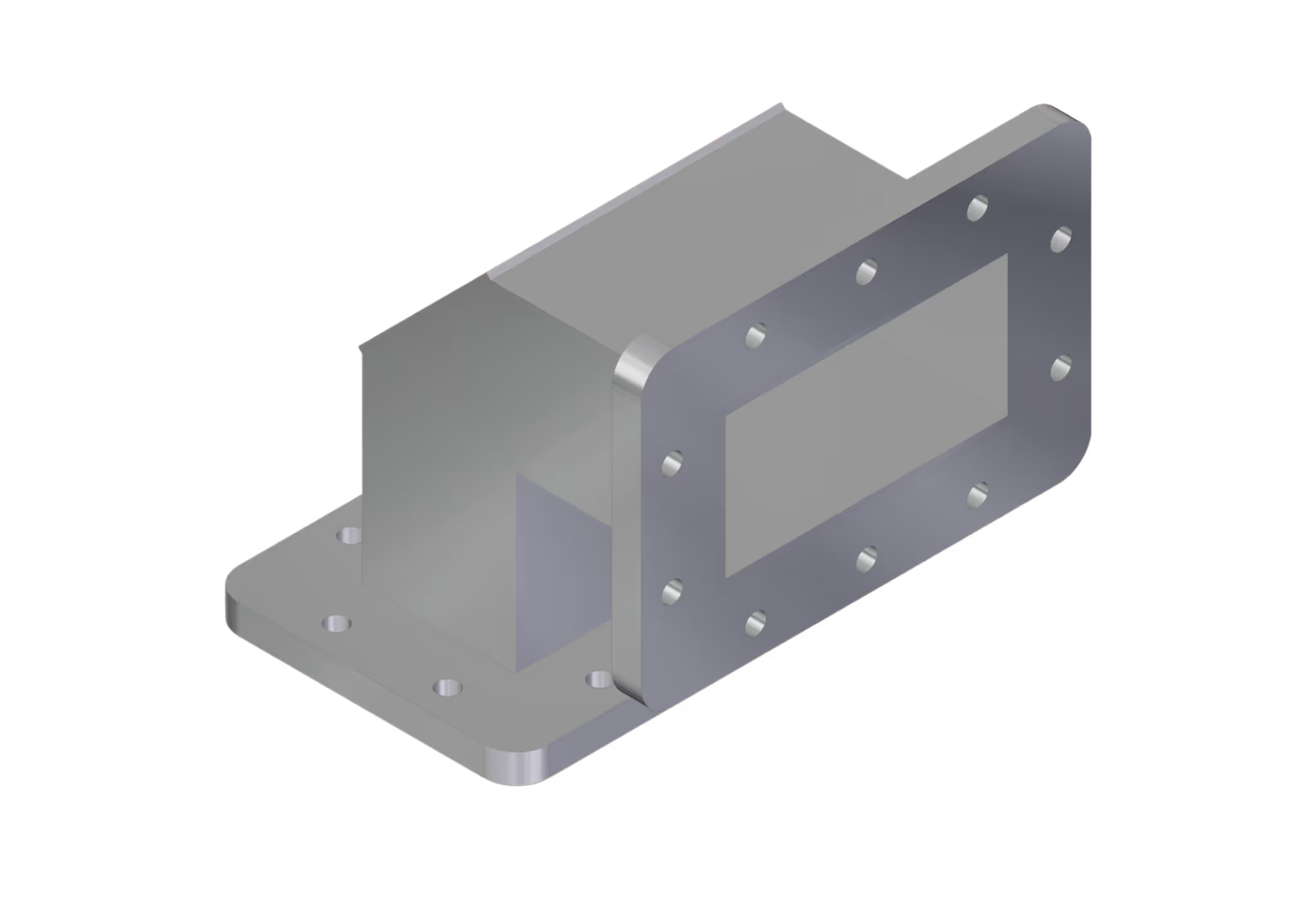
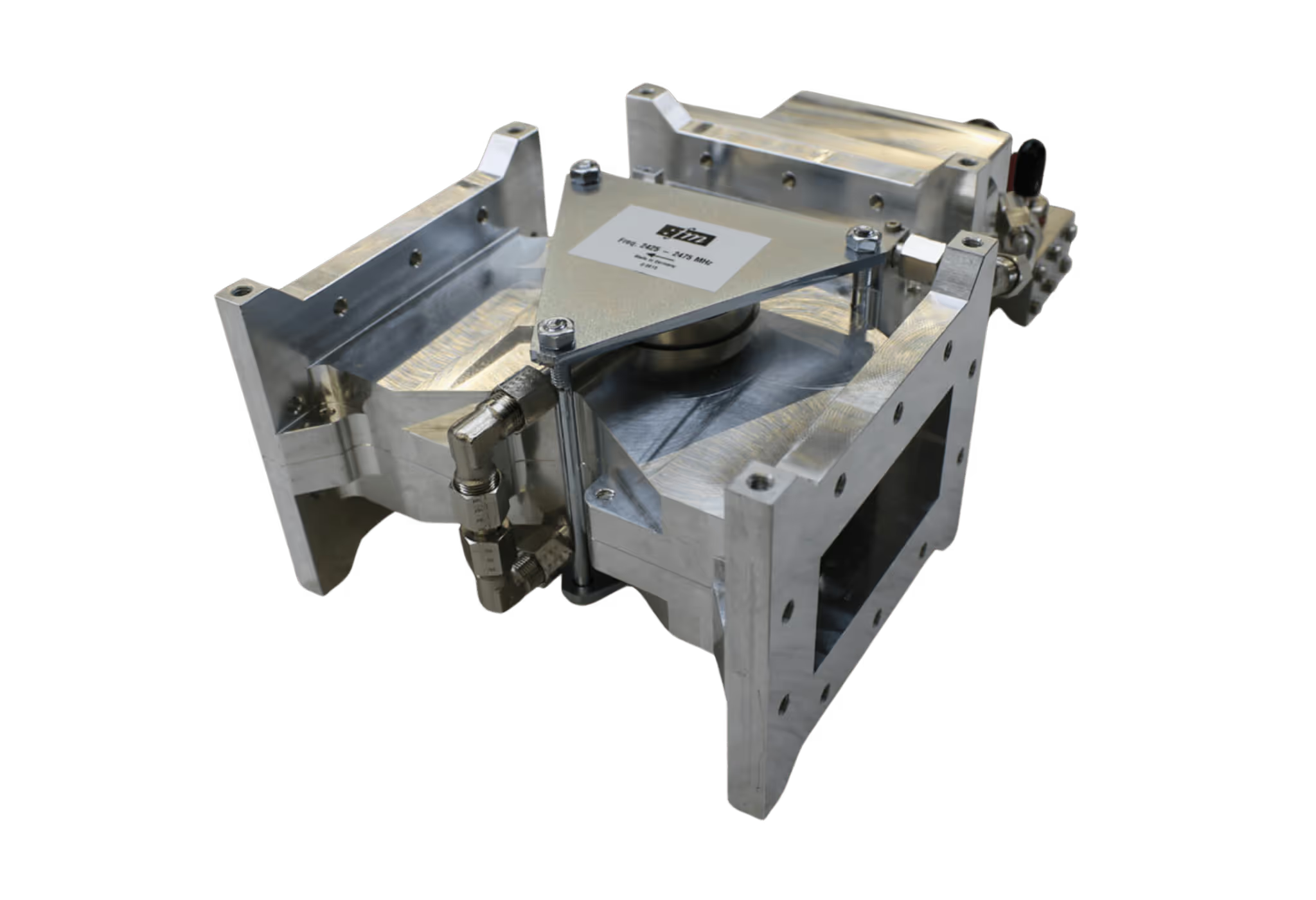
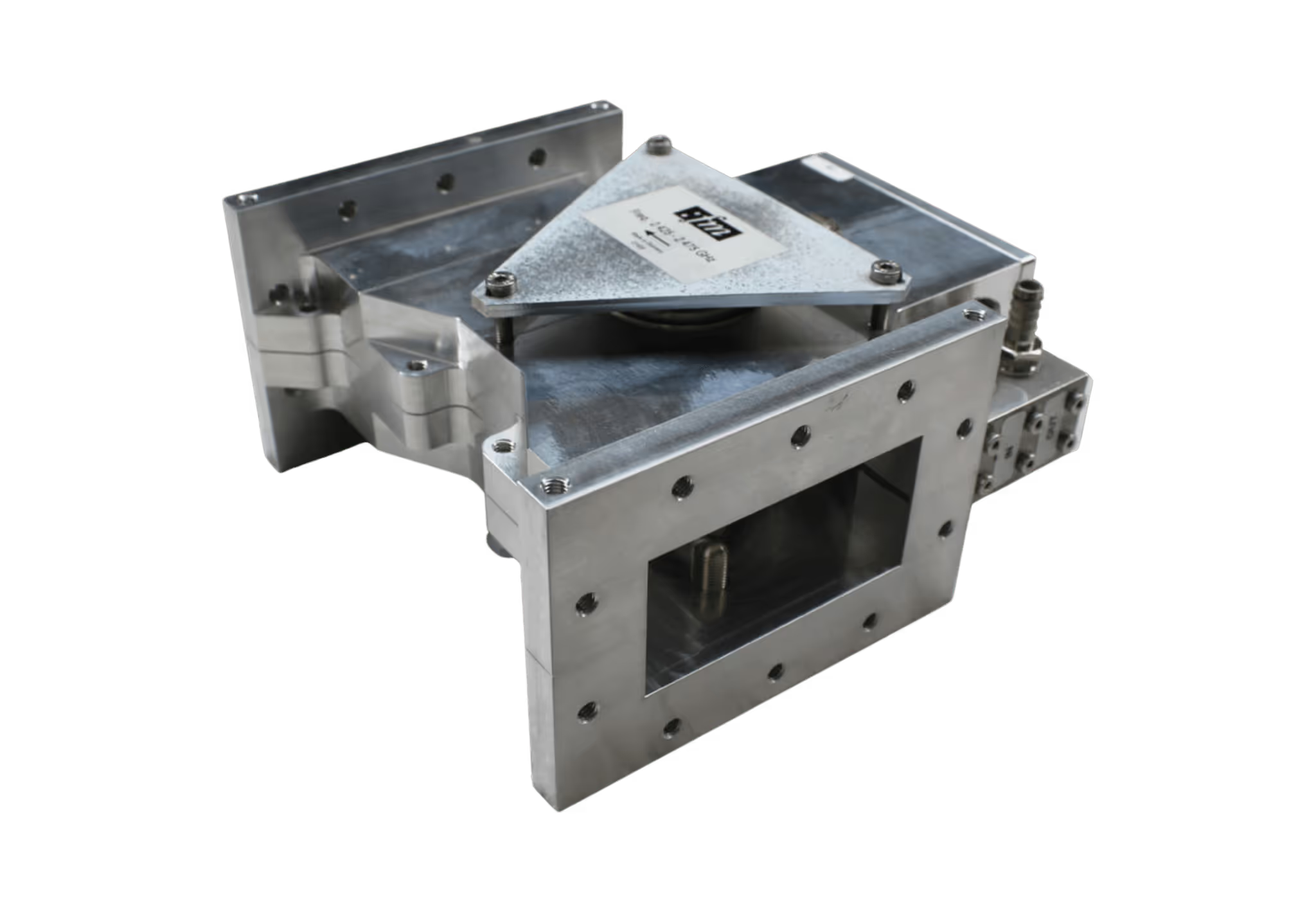
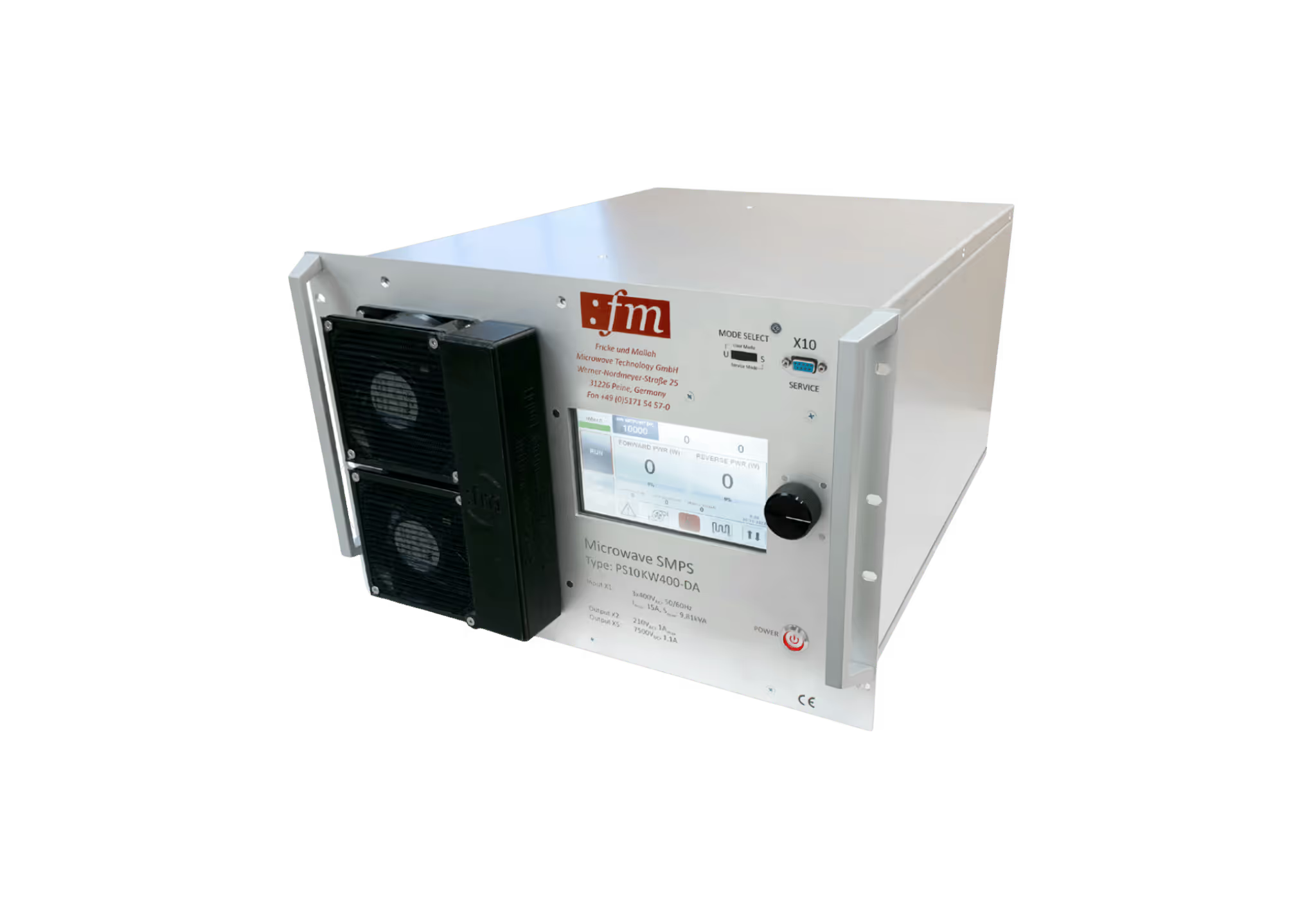
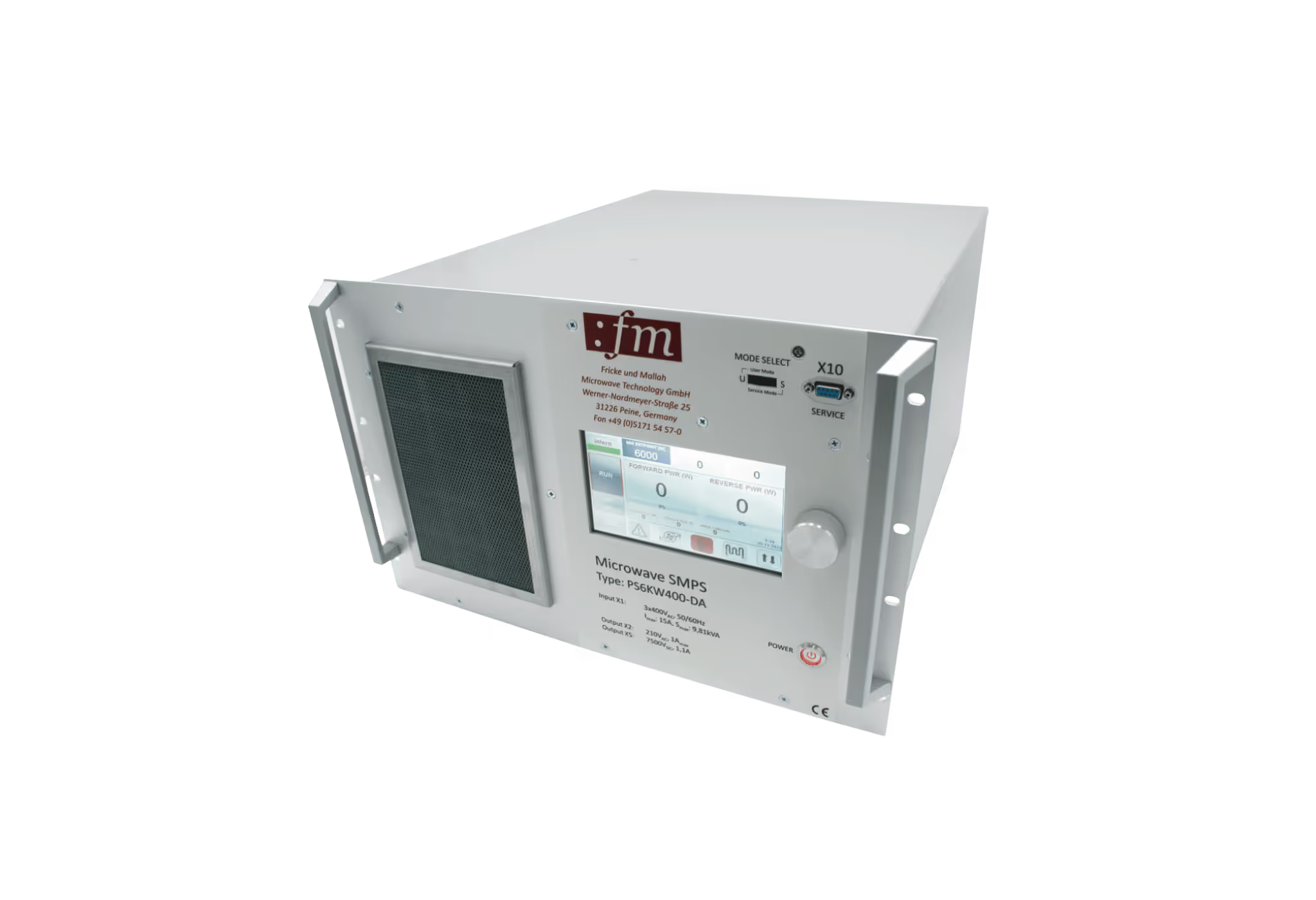
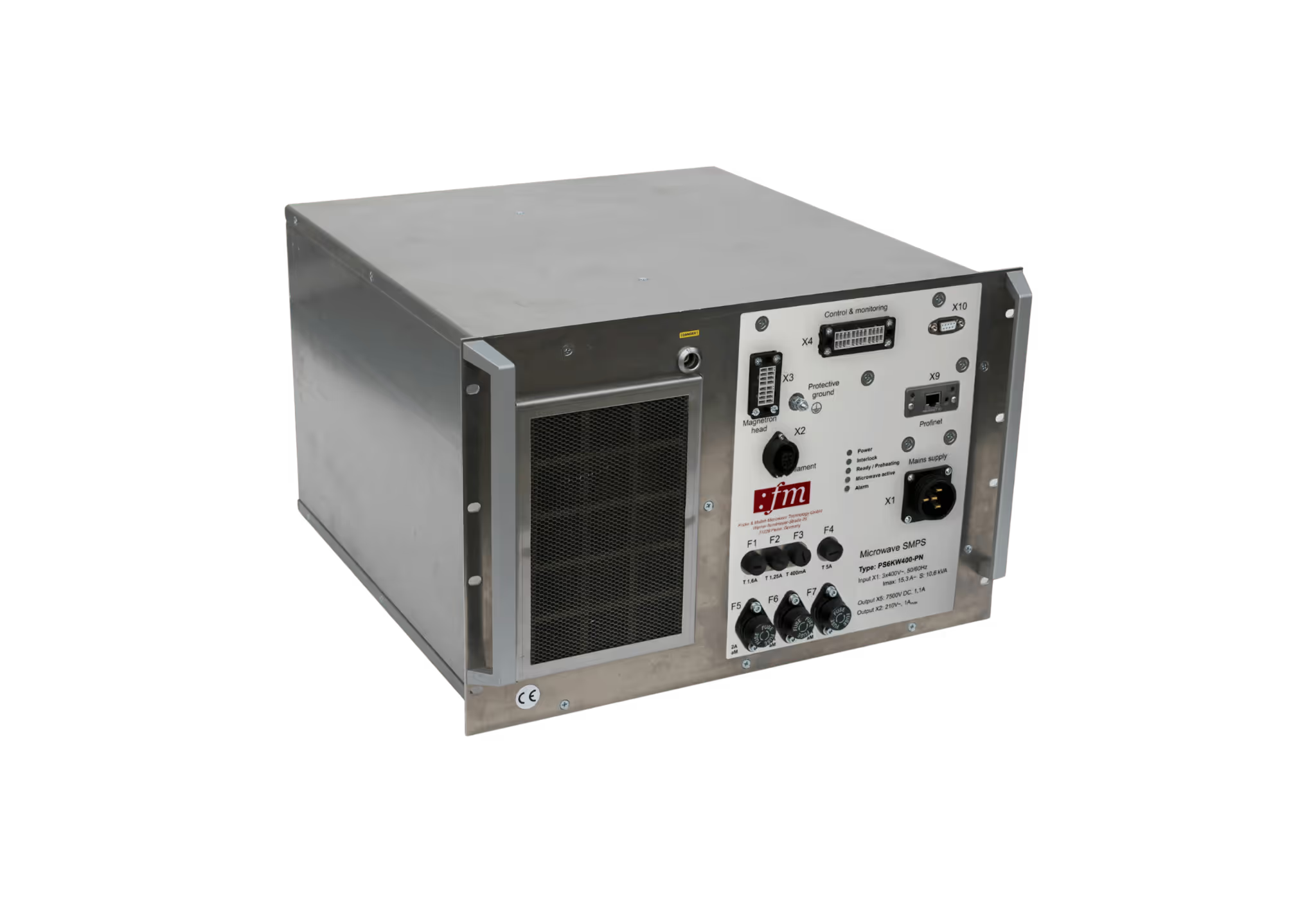
.avif)
.avif)
.avif)
.avif)
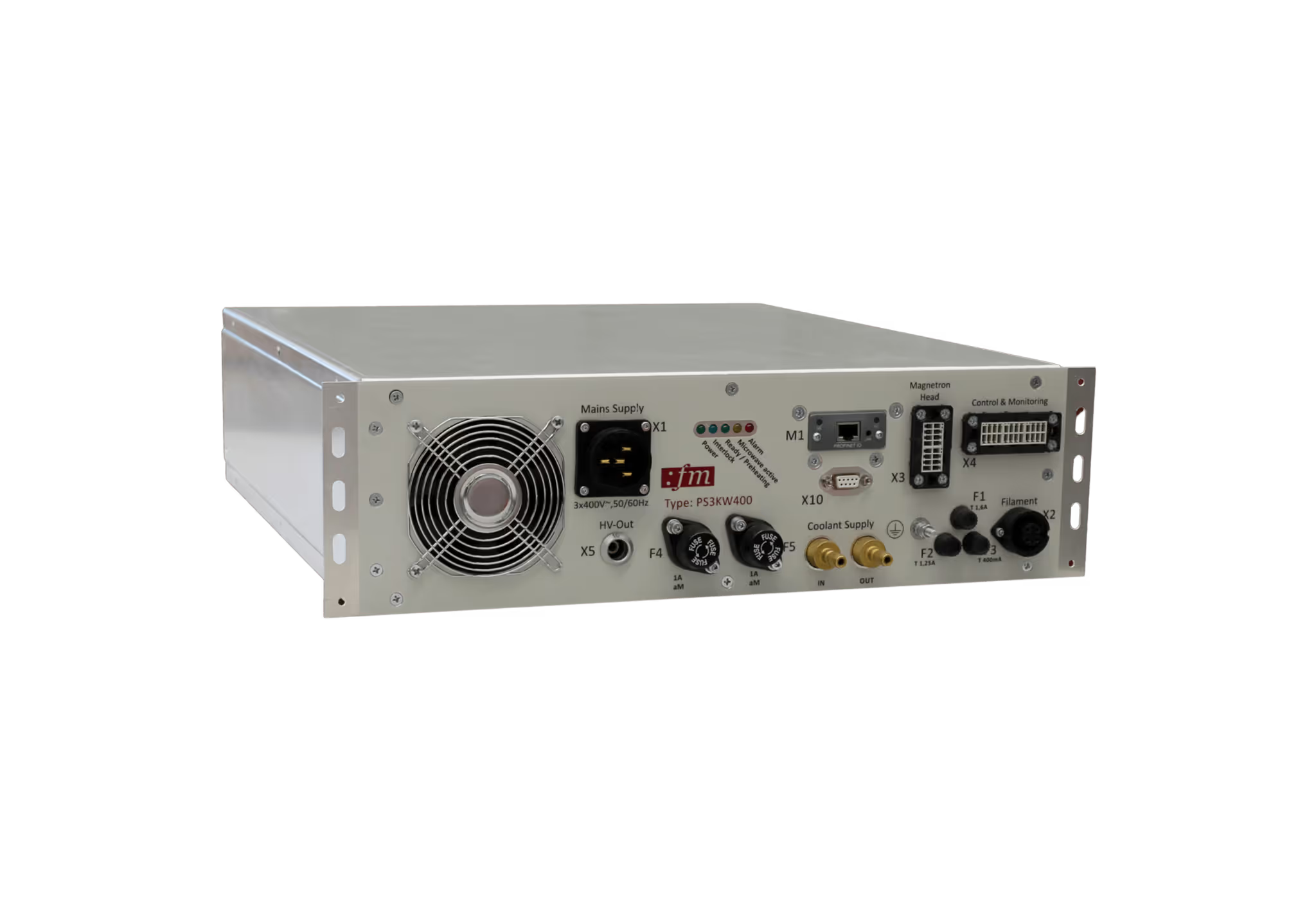
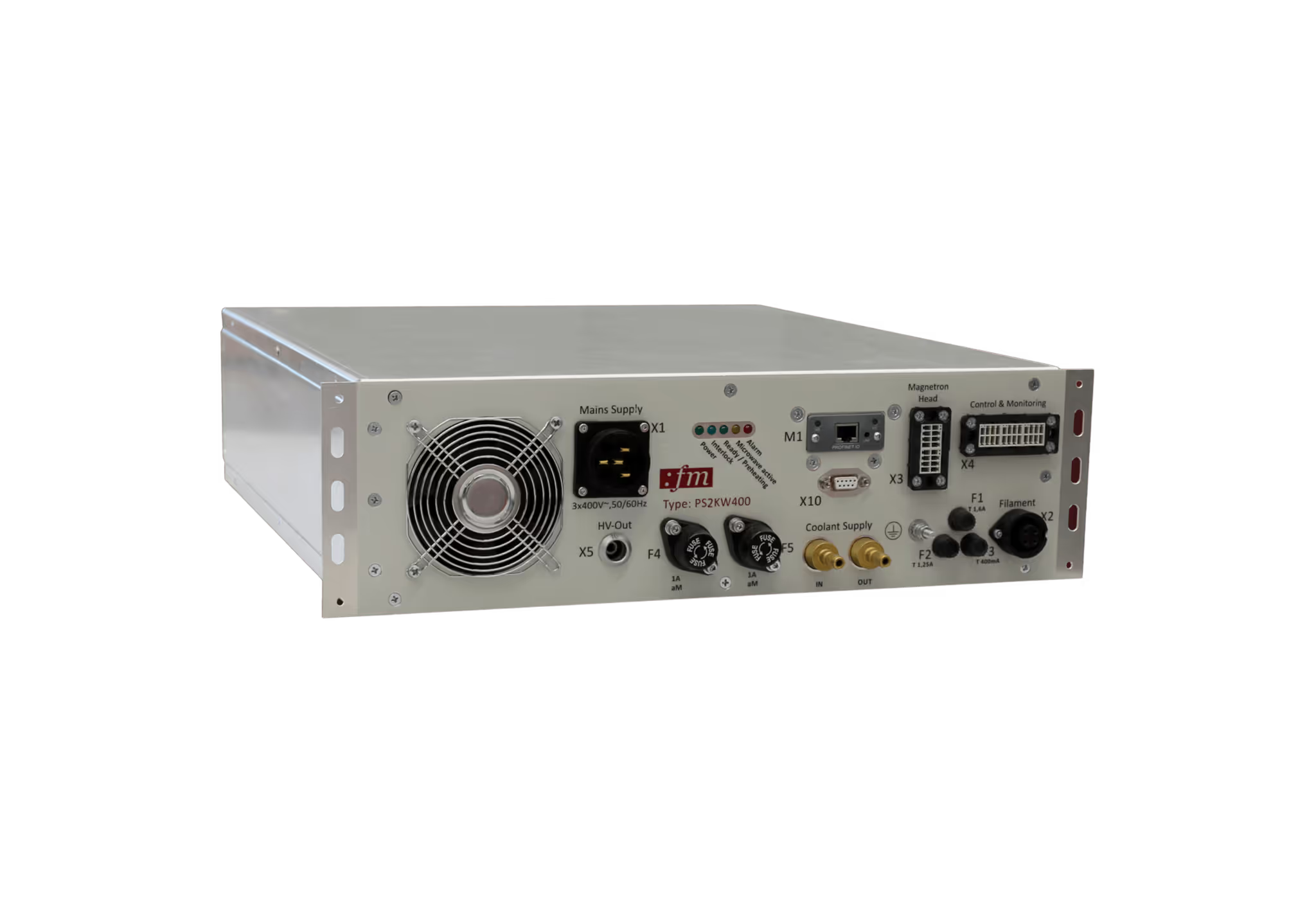


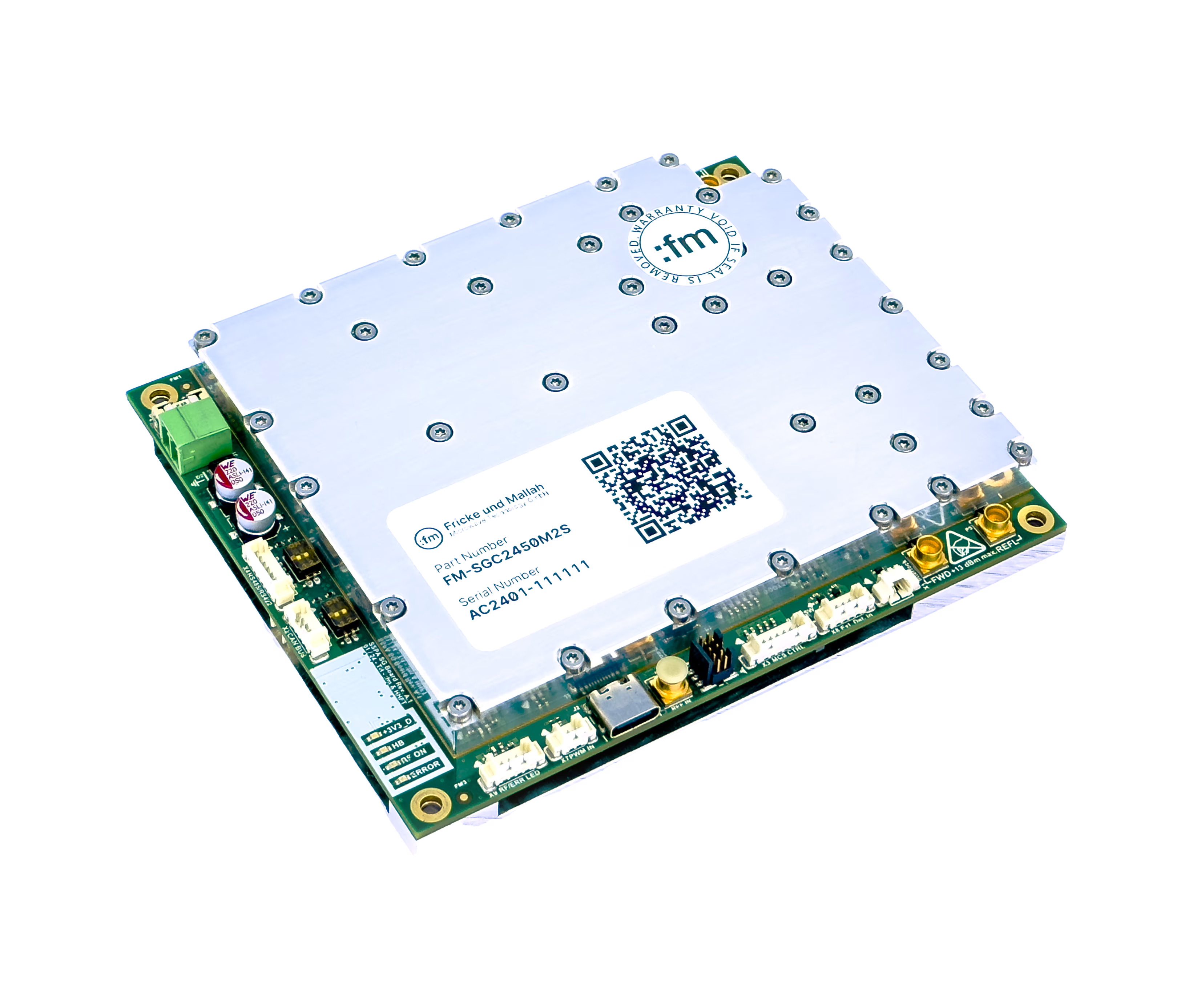
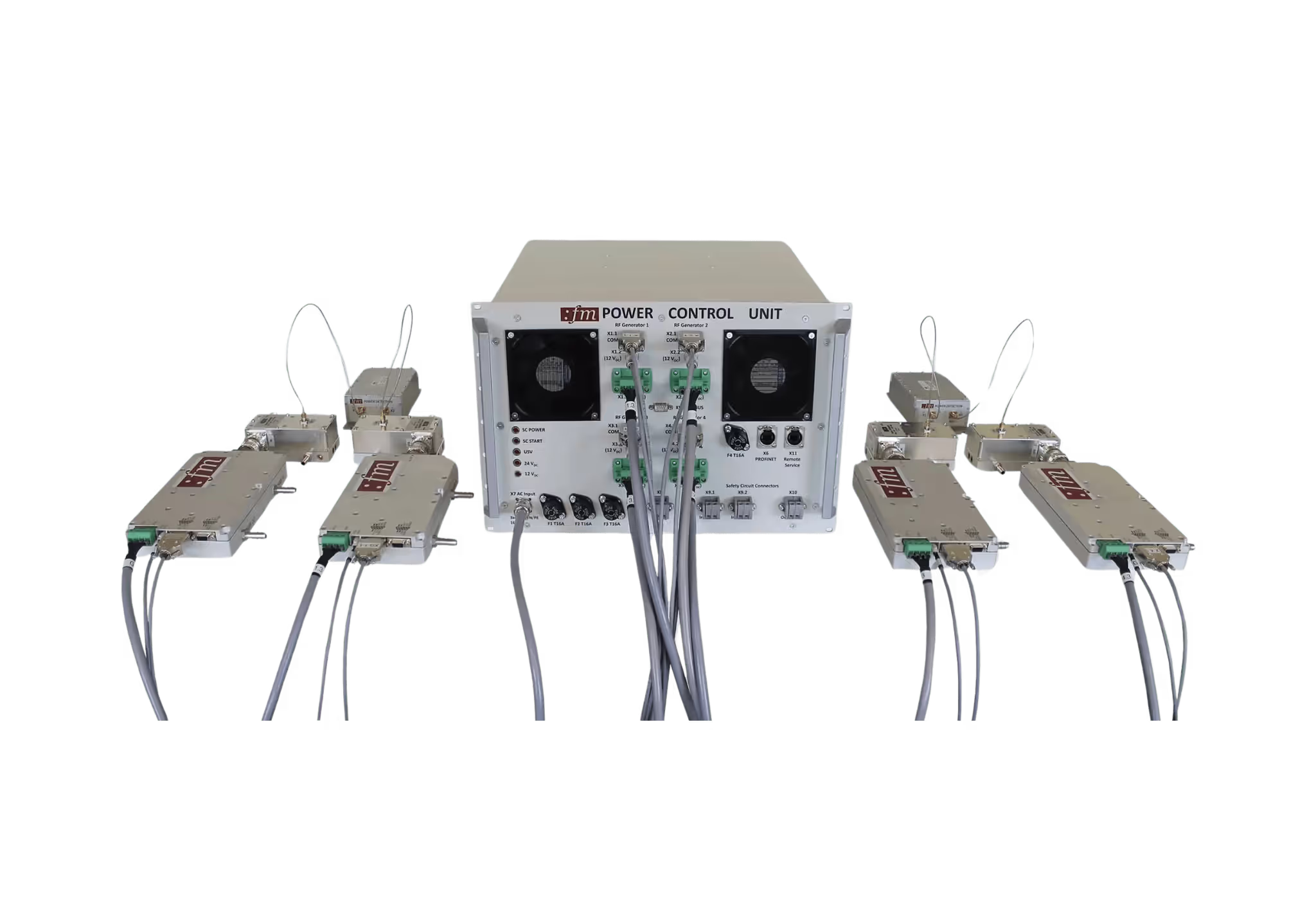
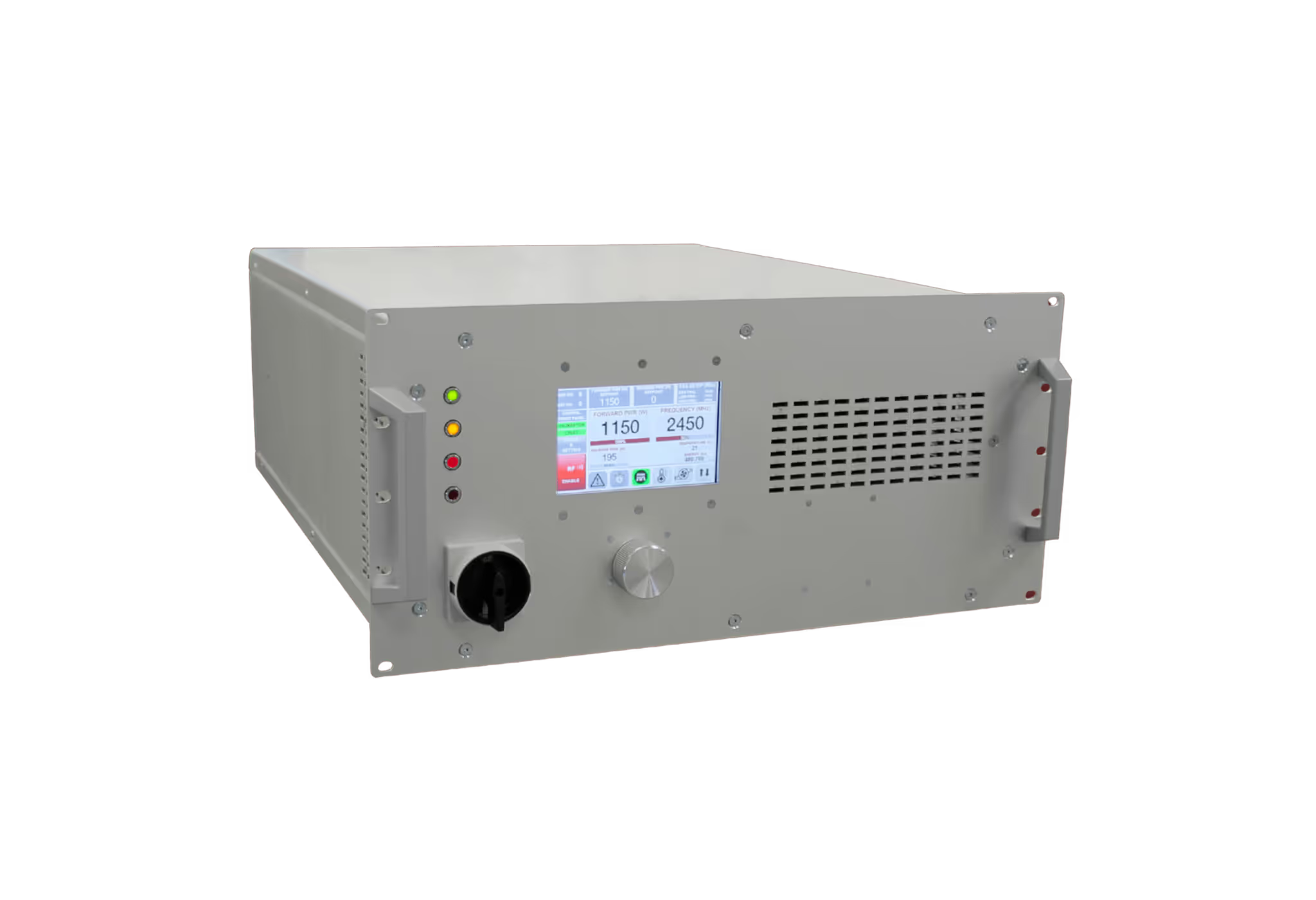
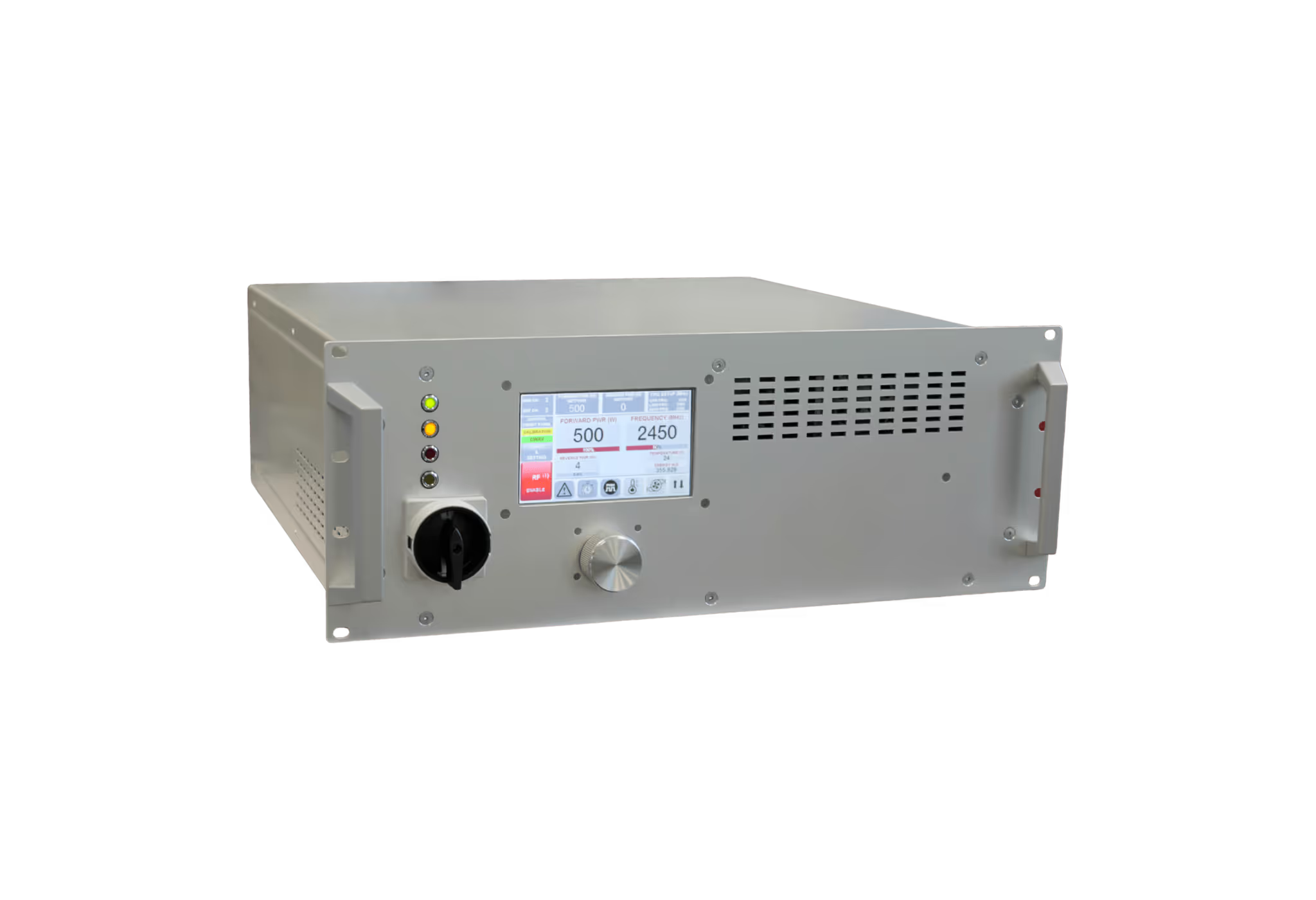
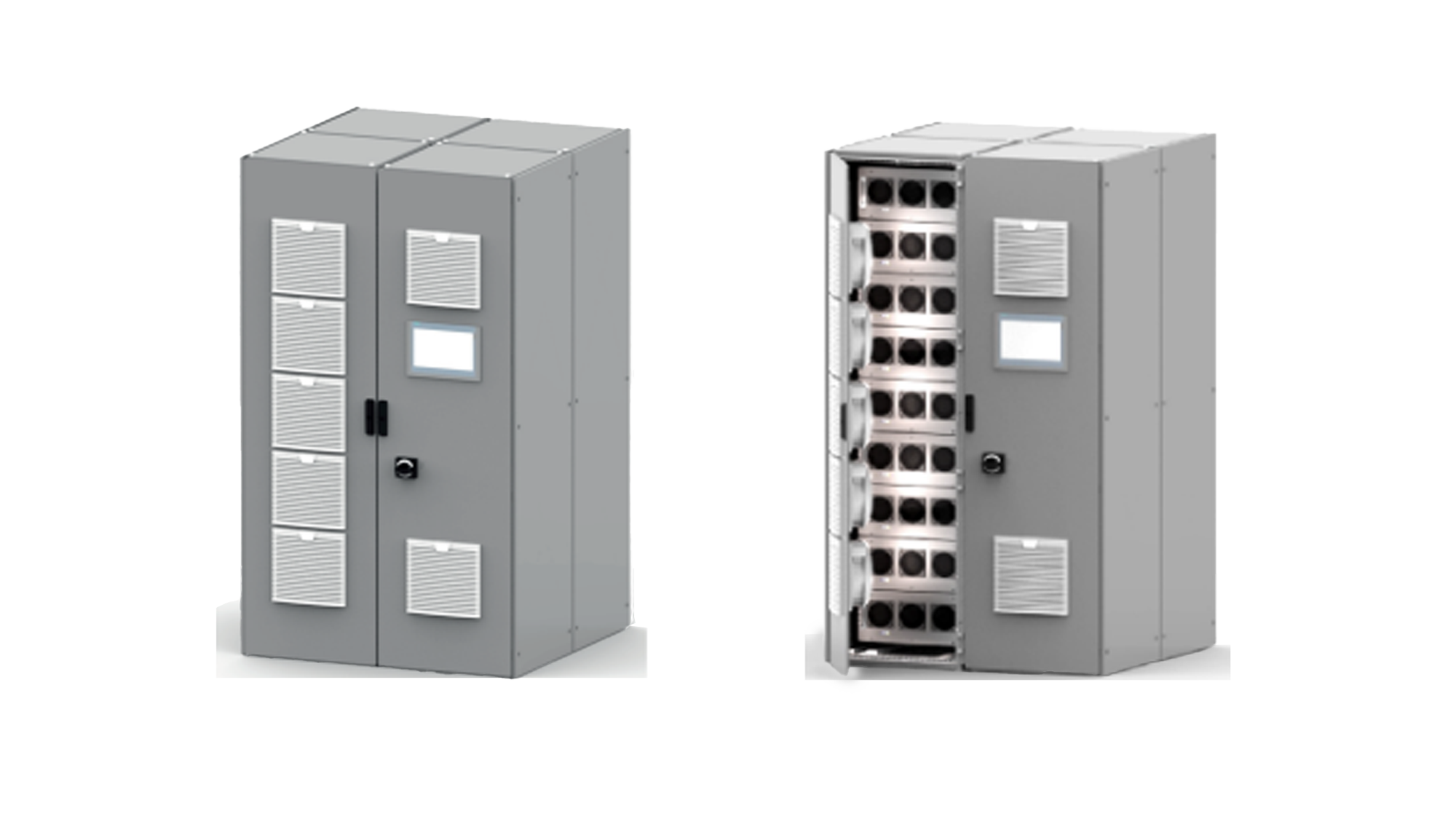

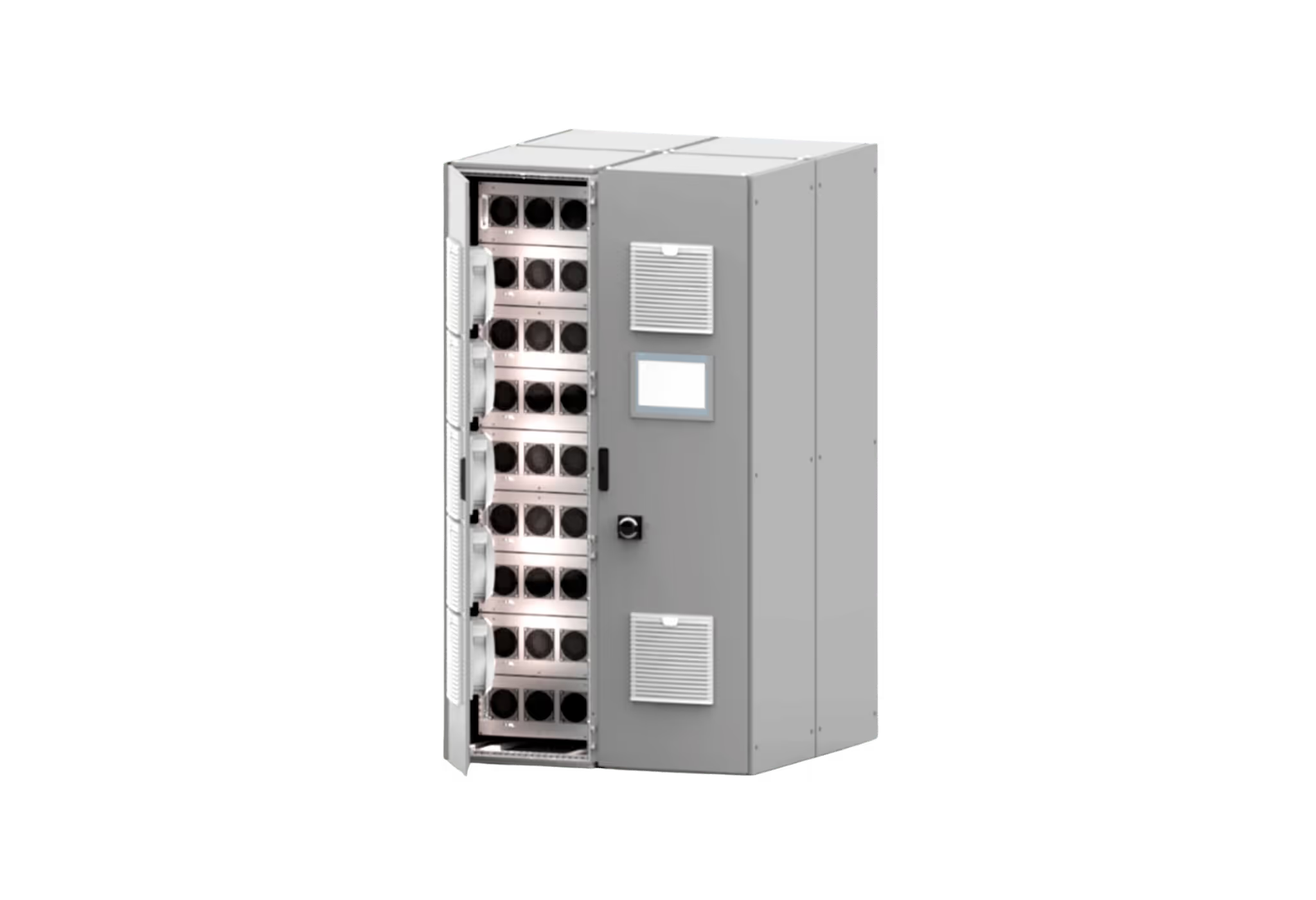
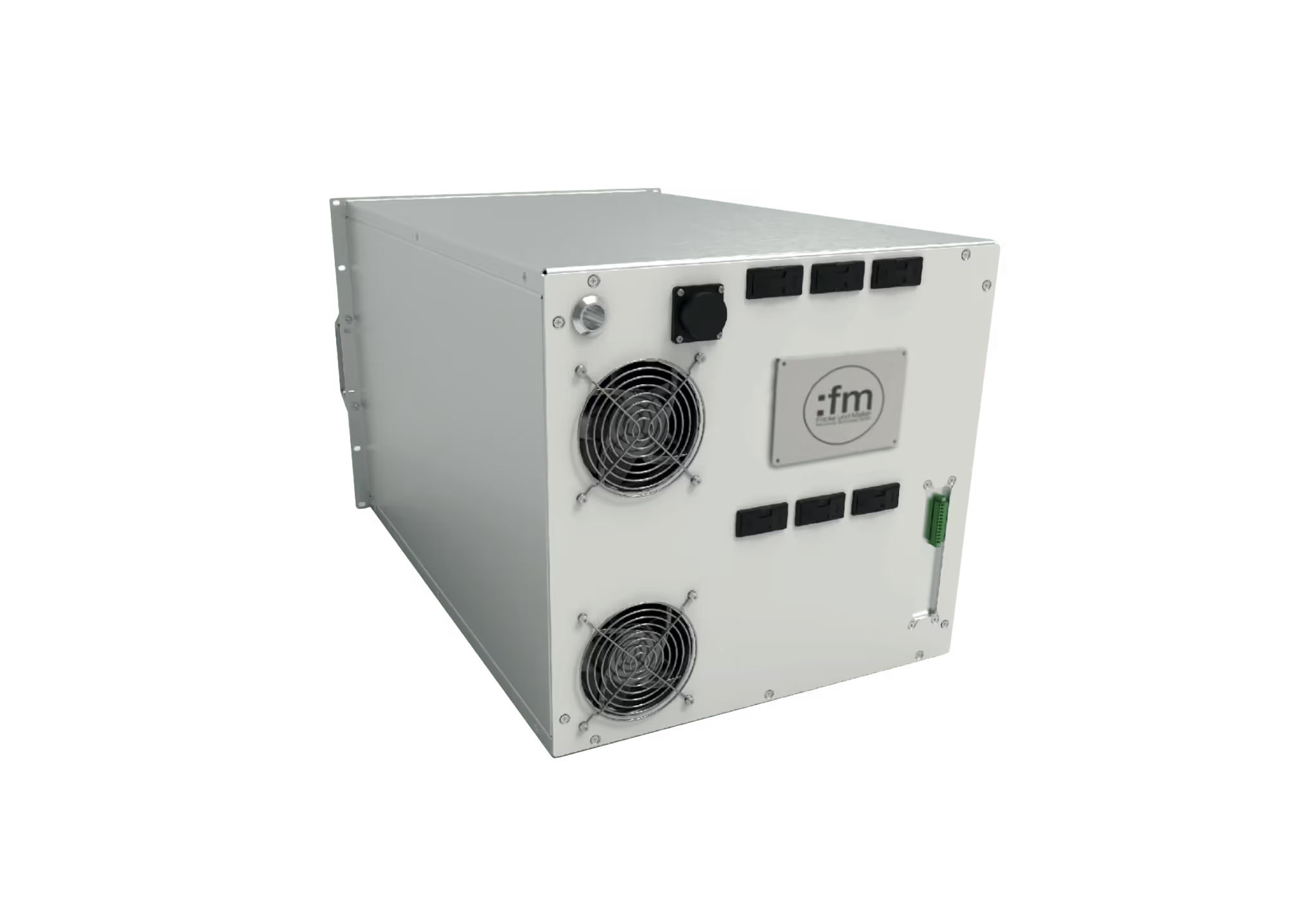
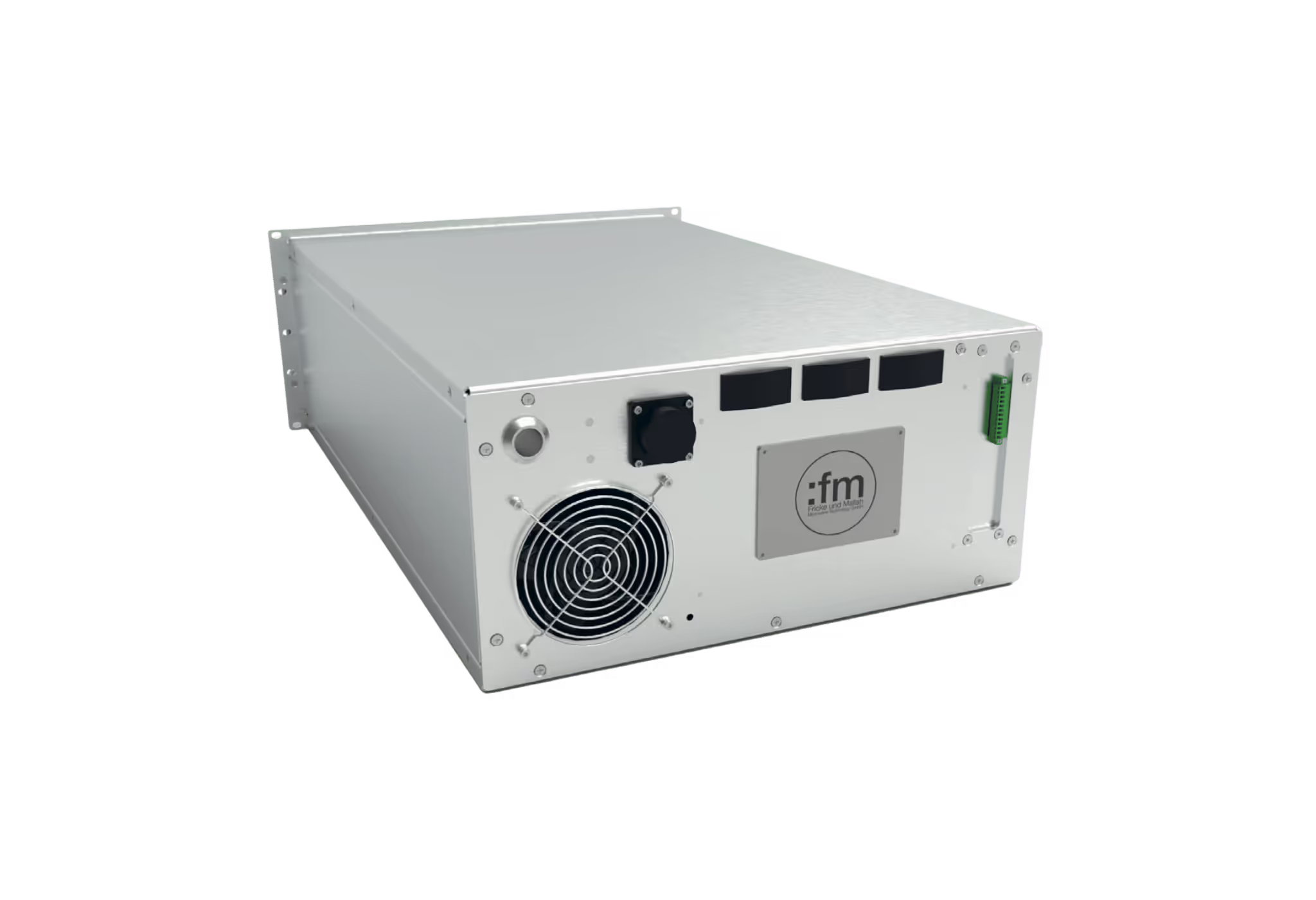
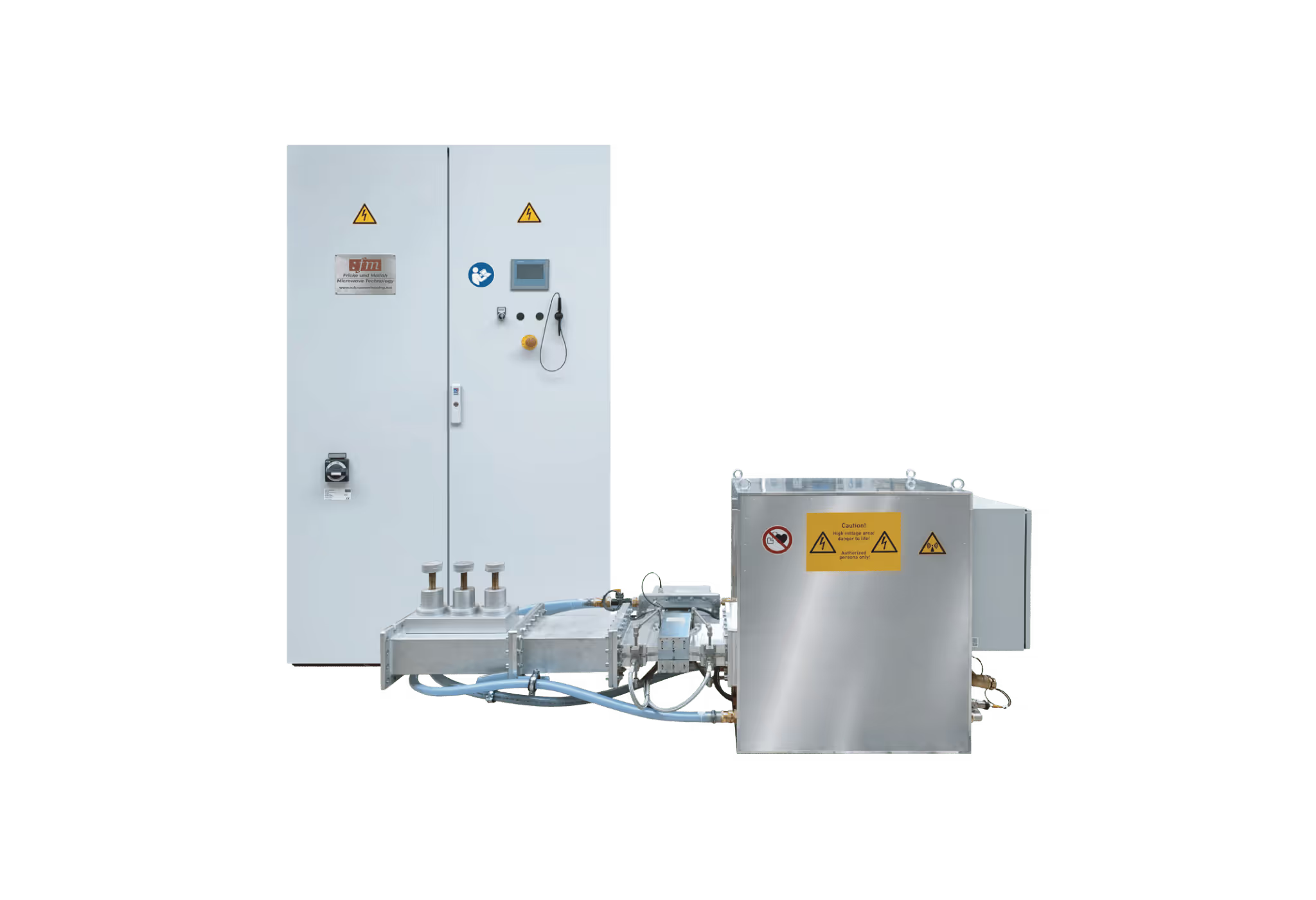
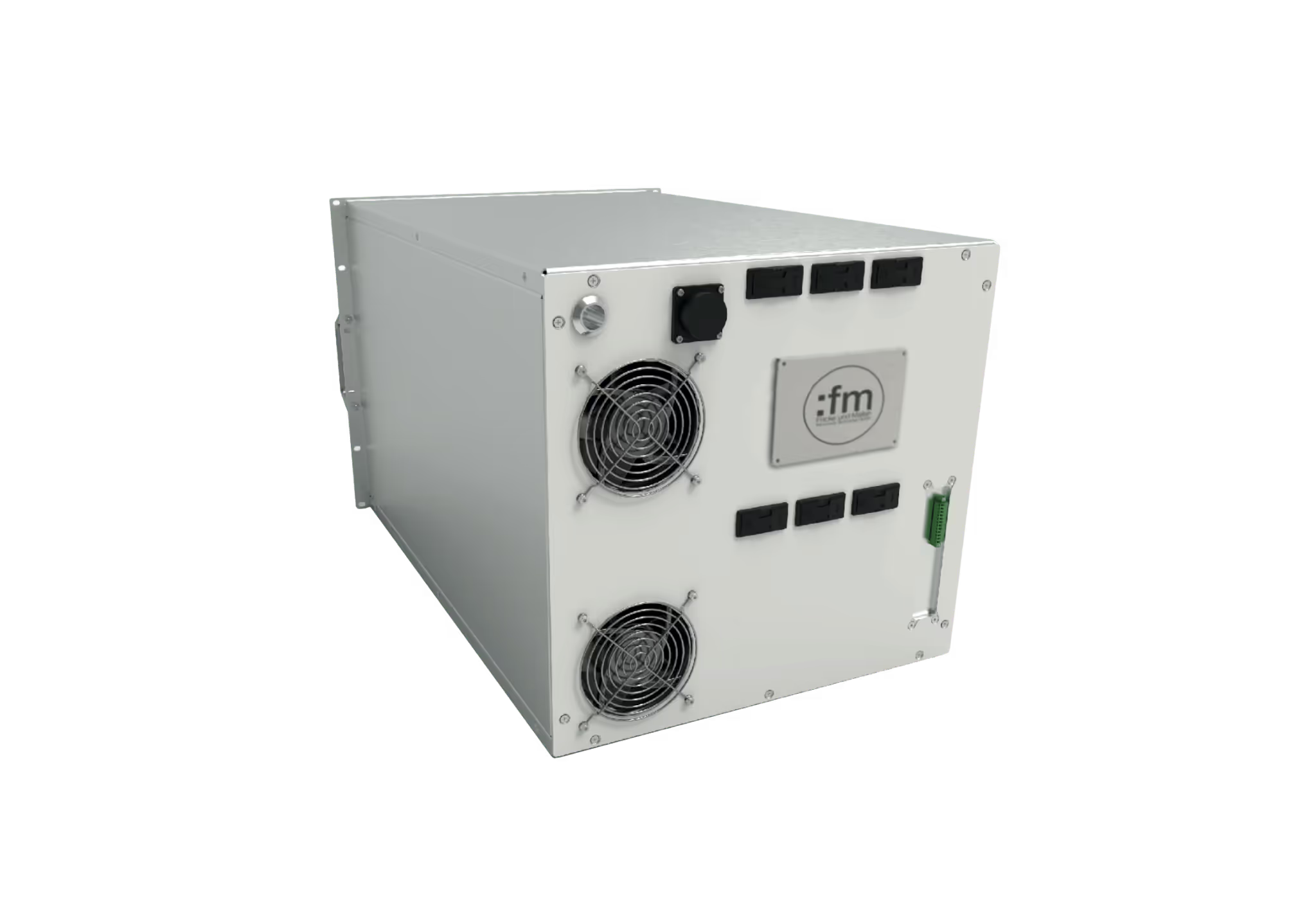
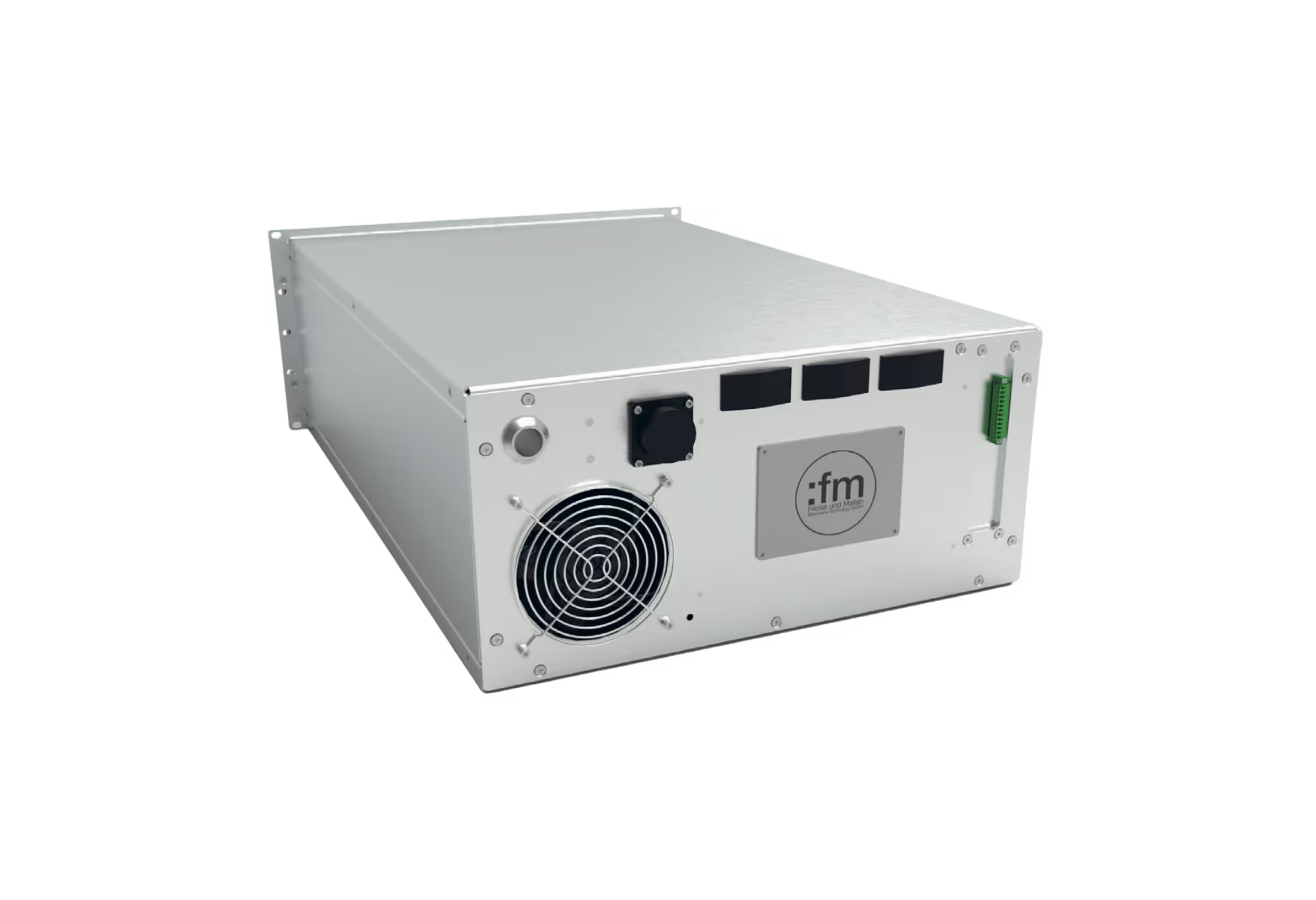
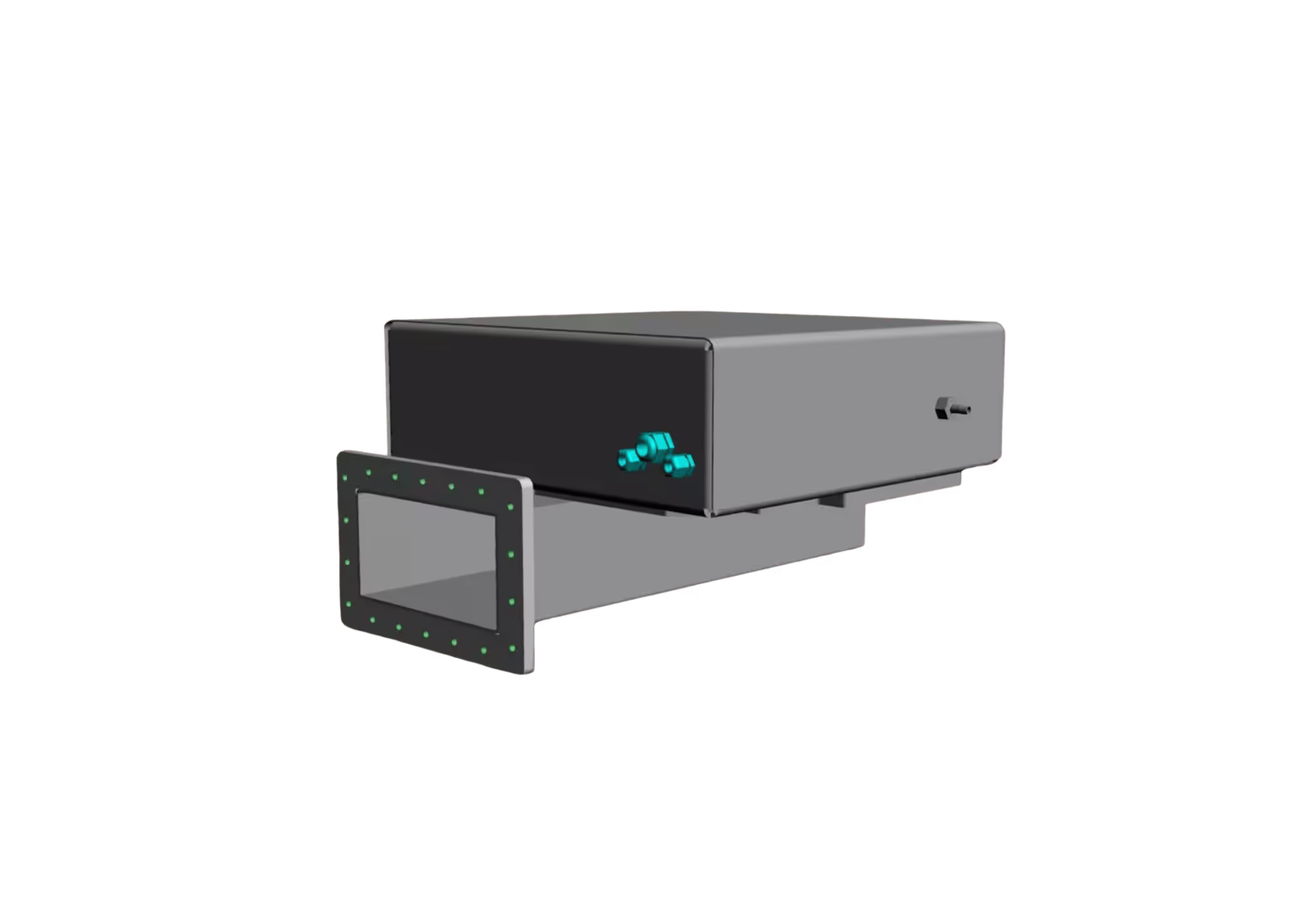
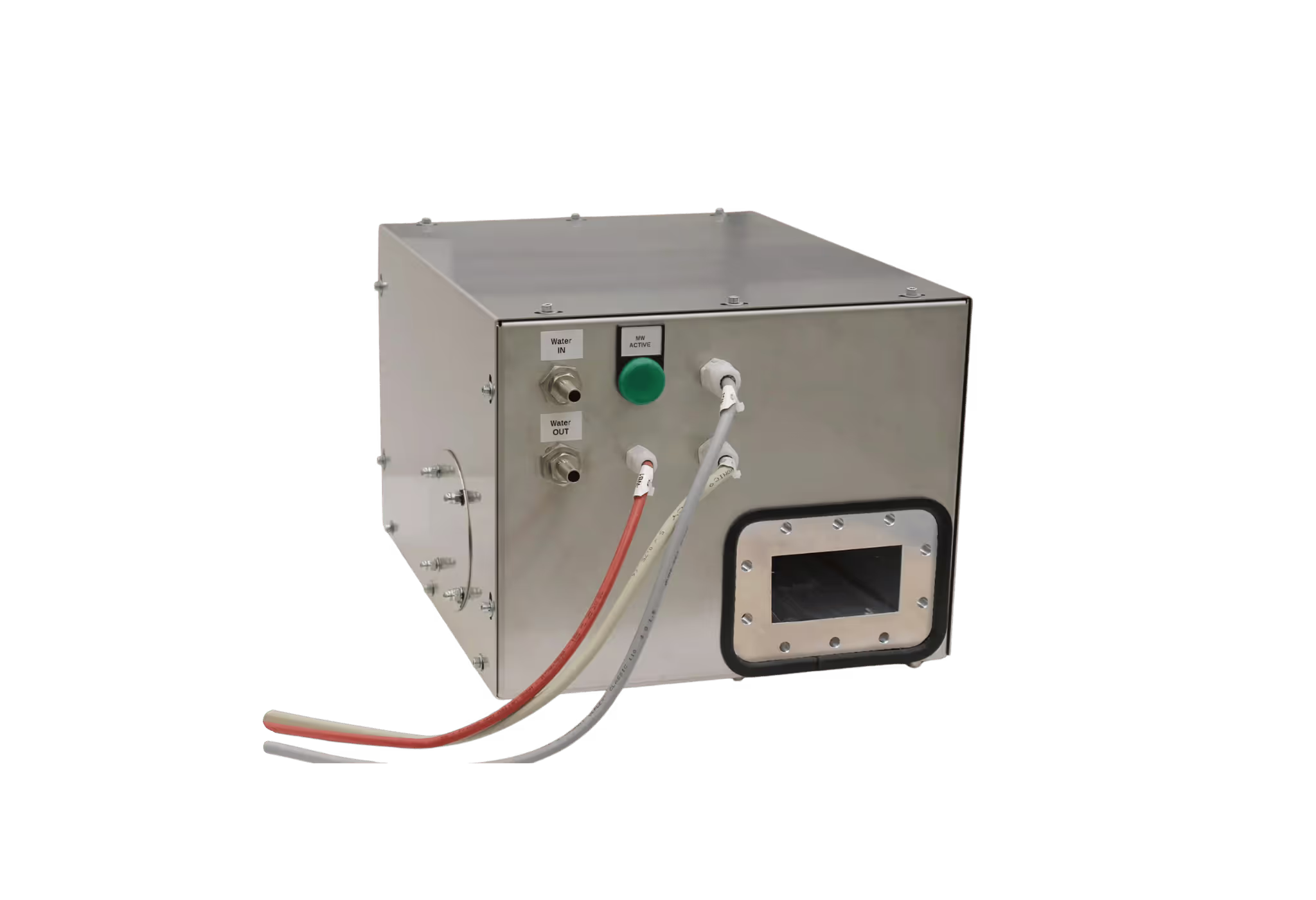
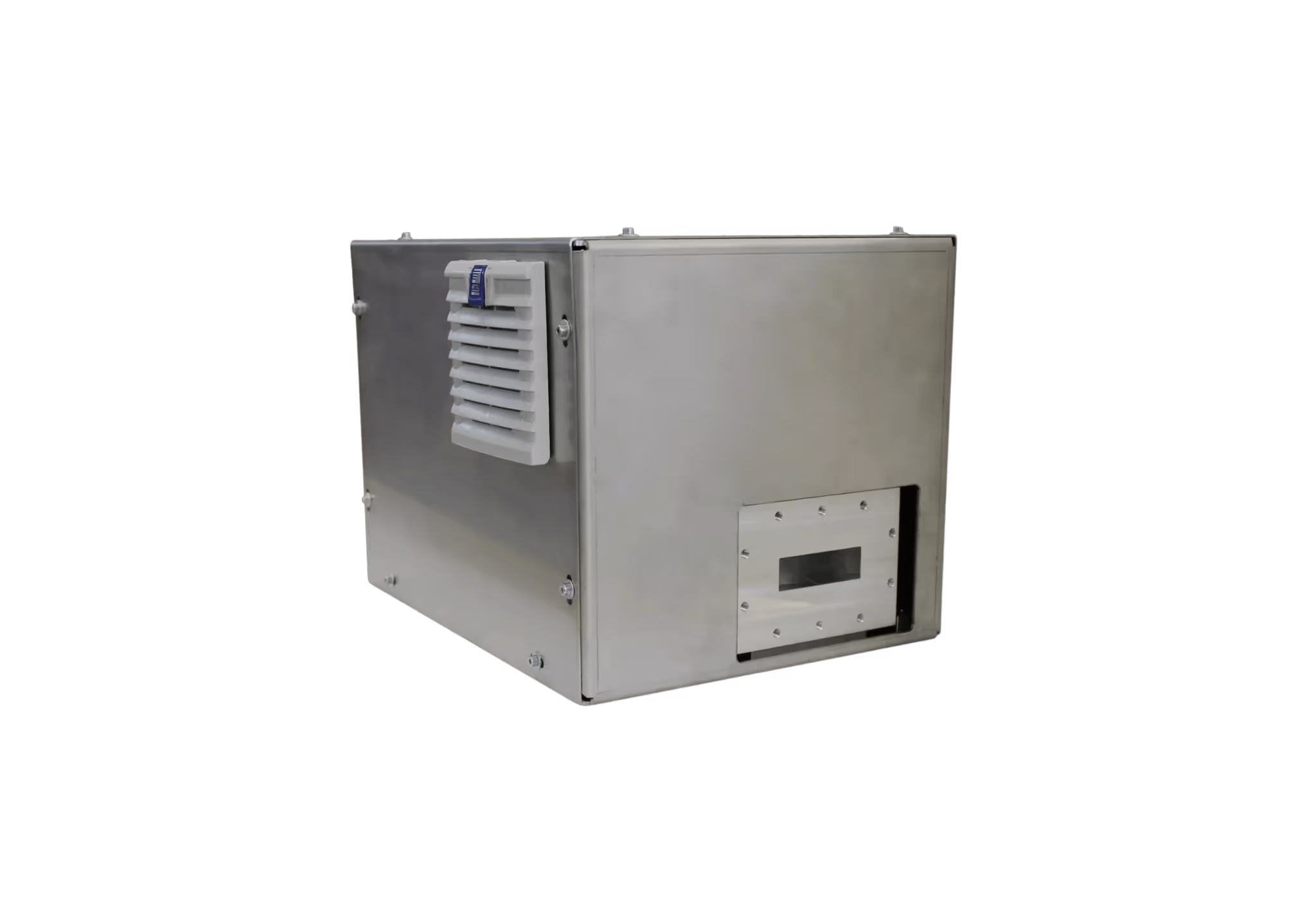
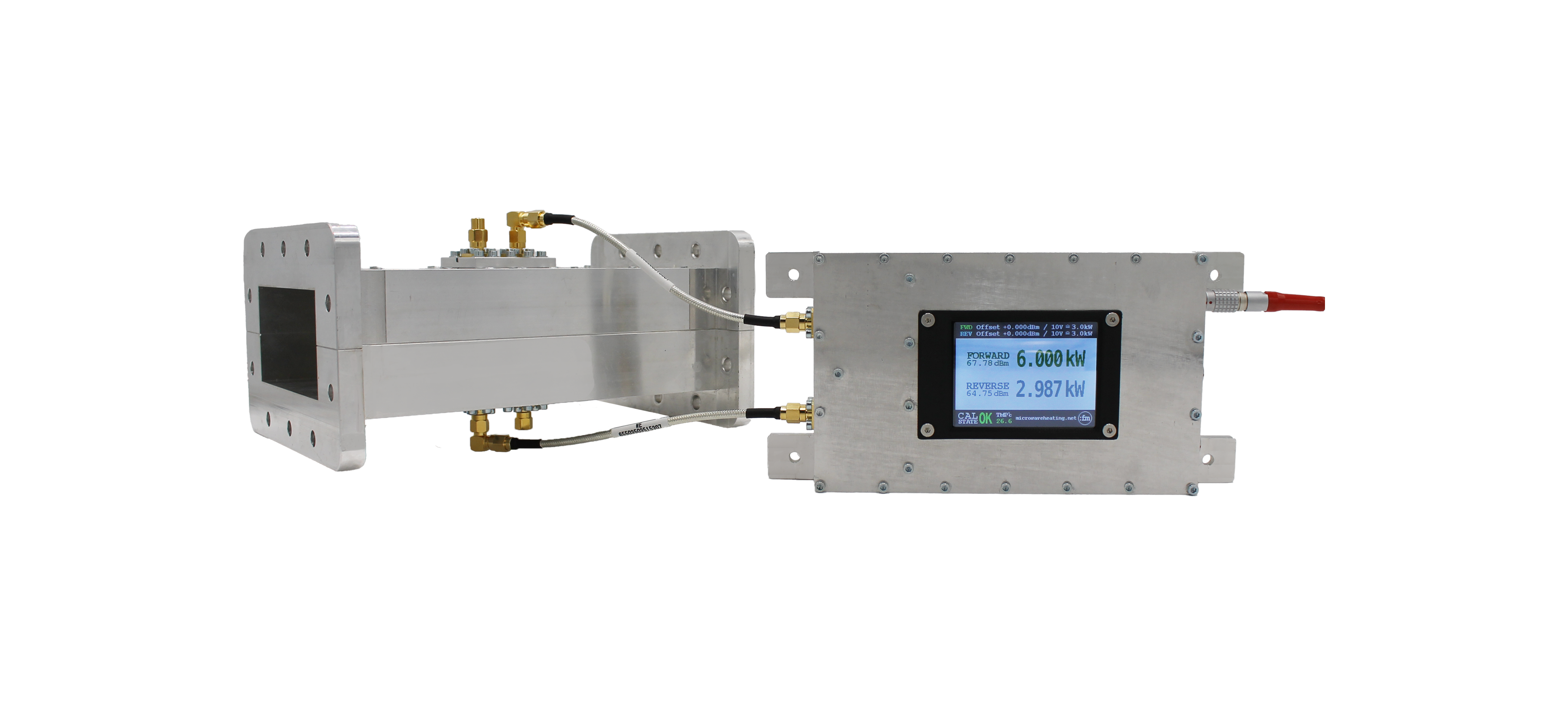
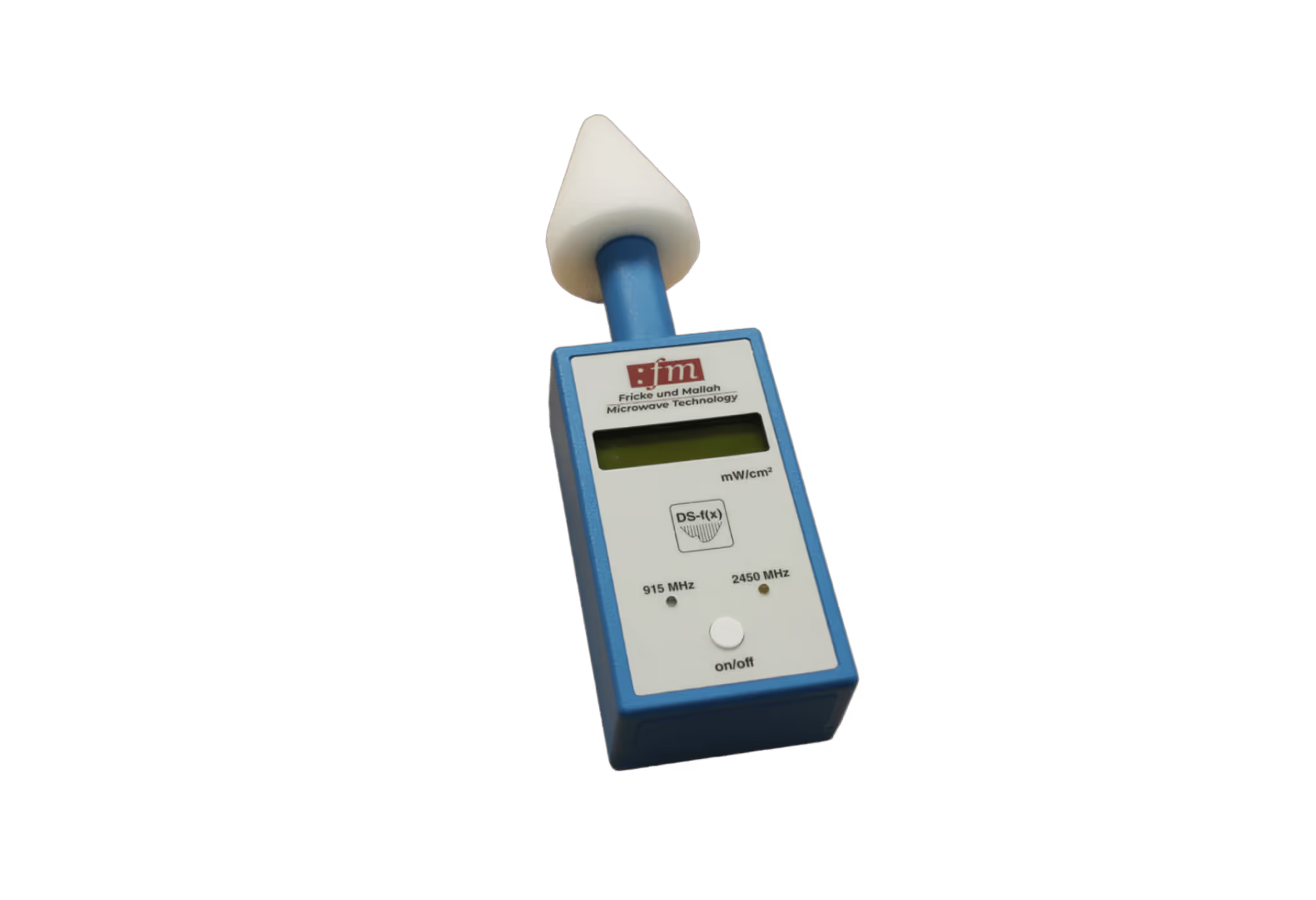
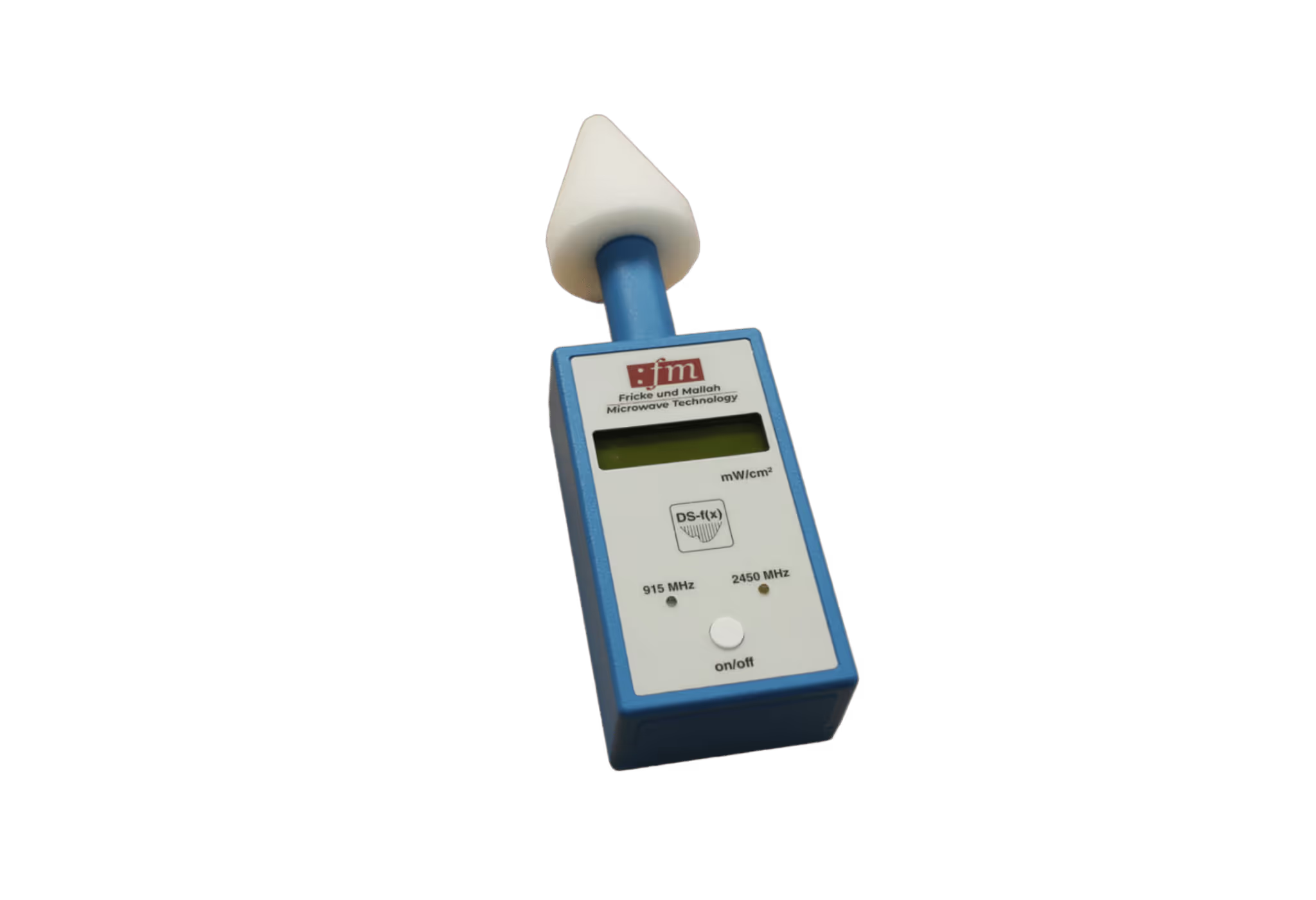
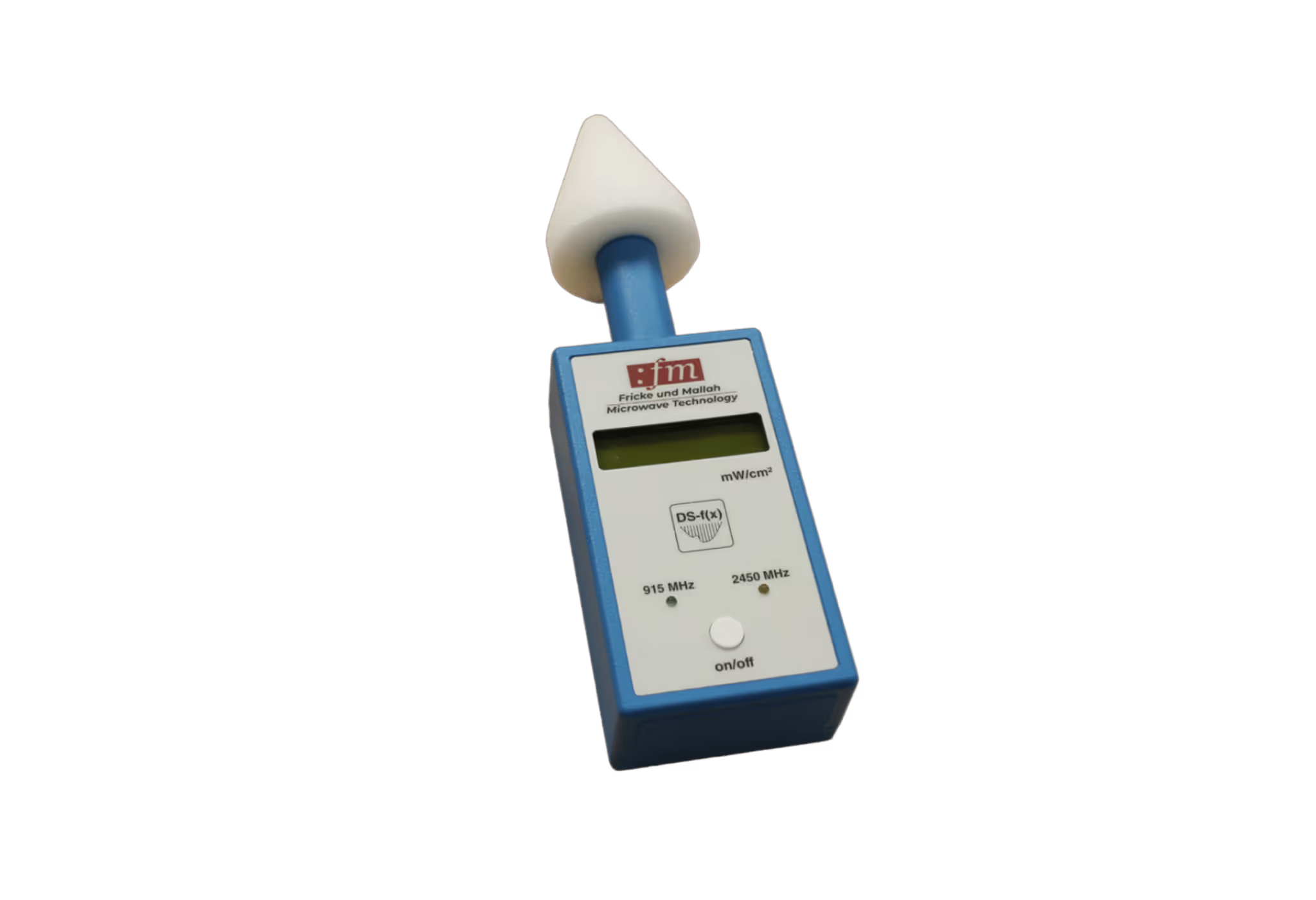
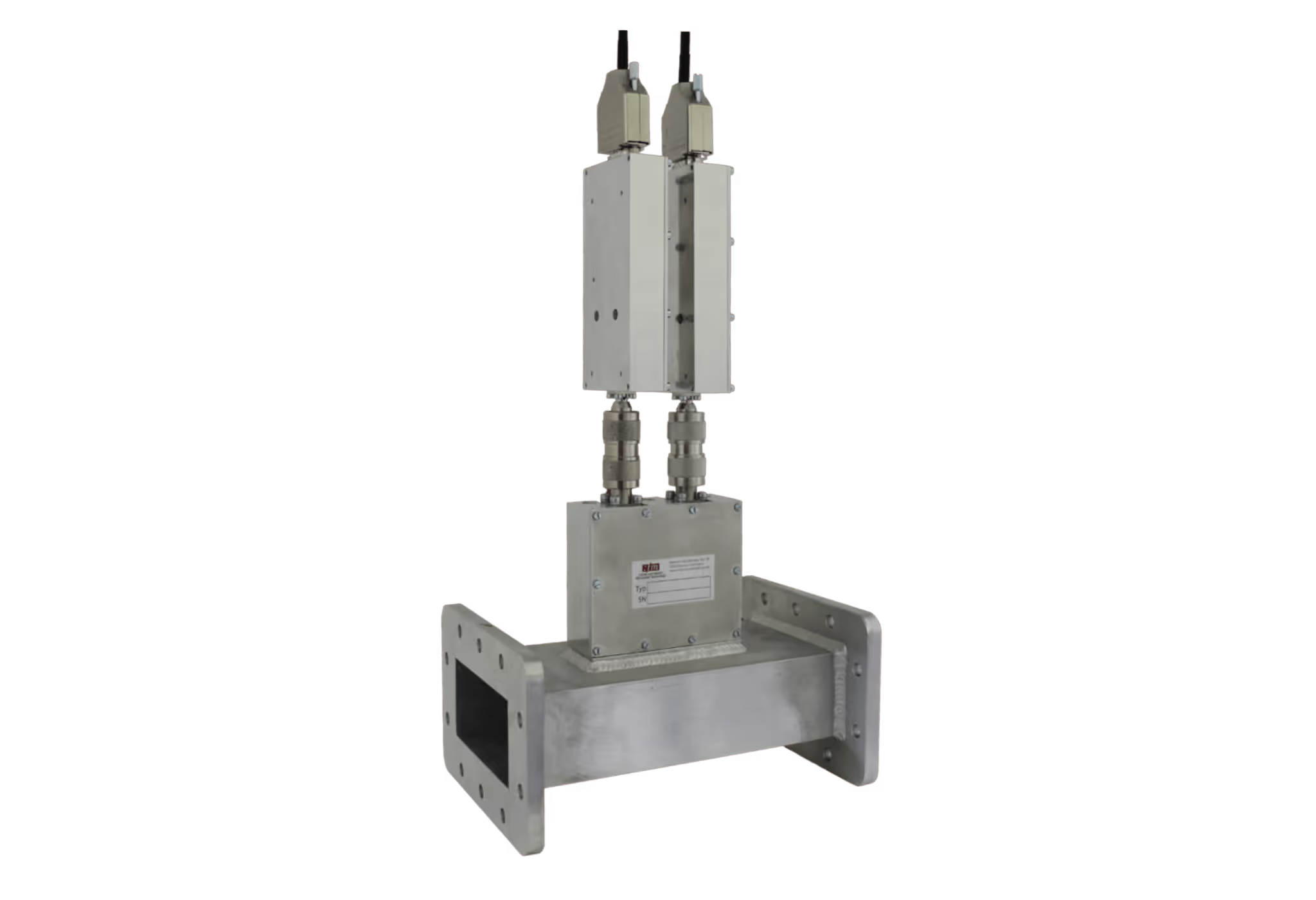
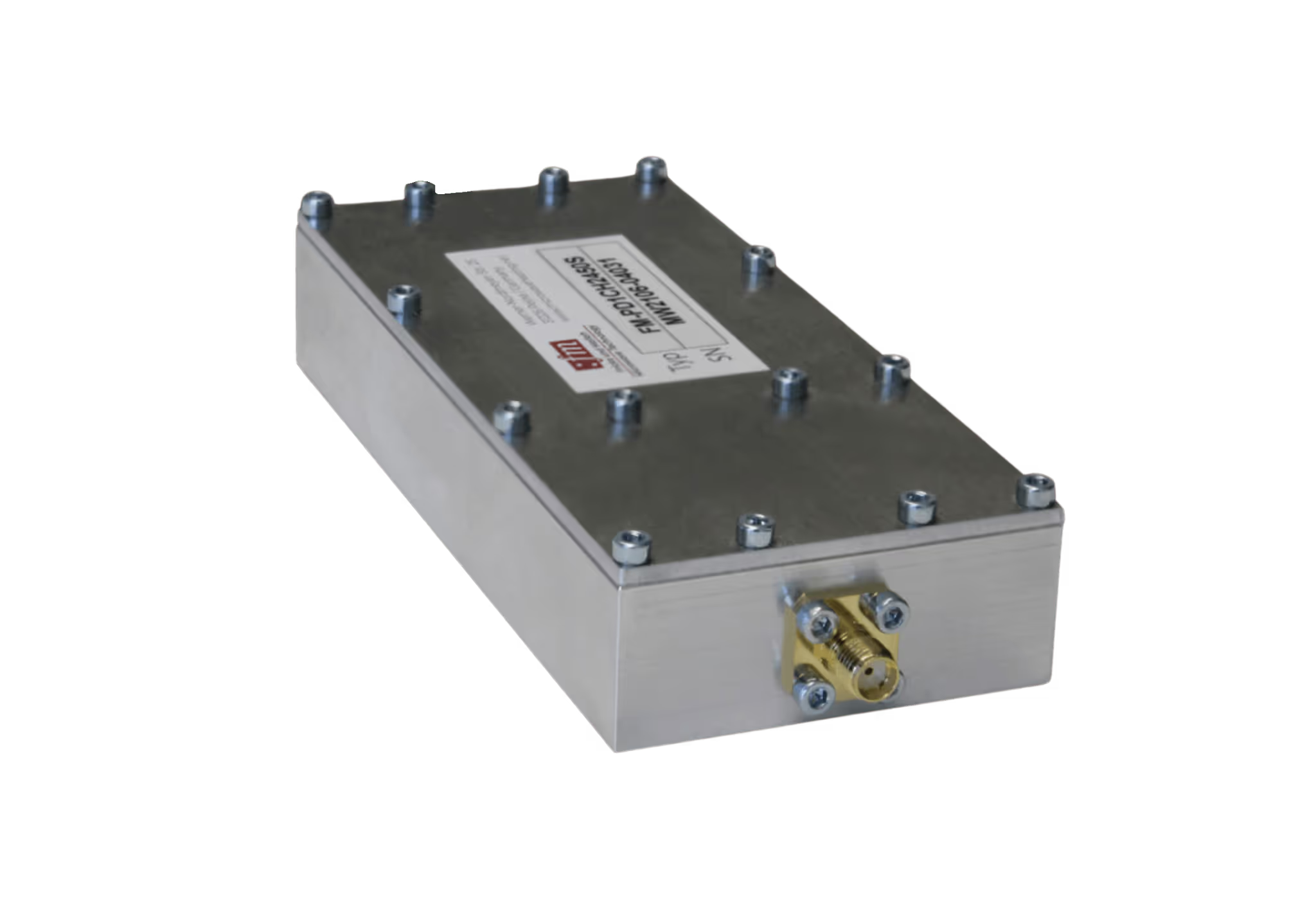
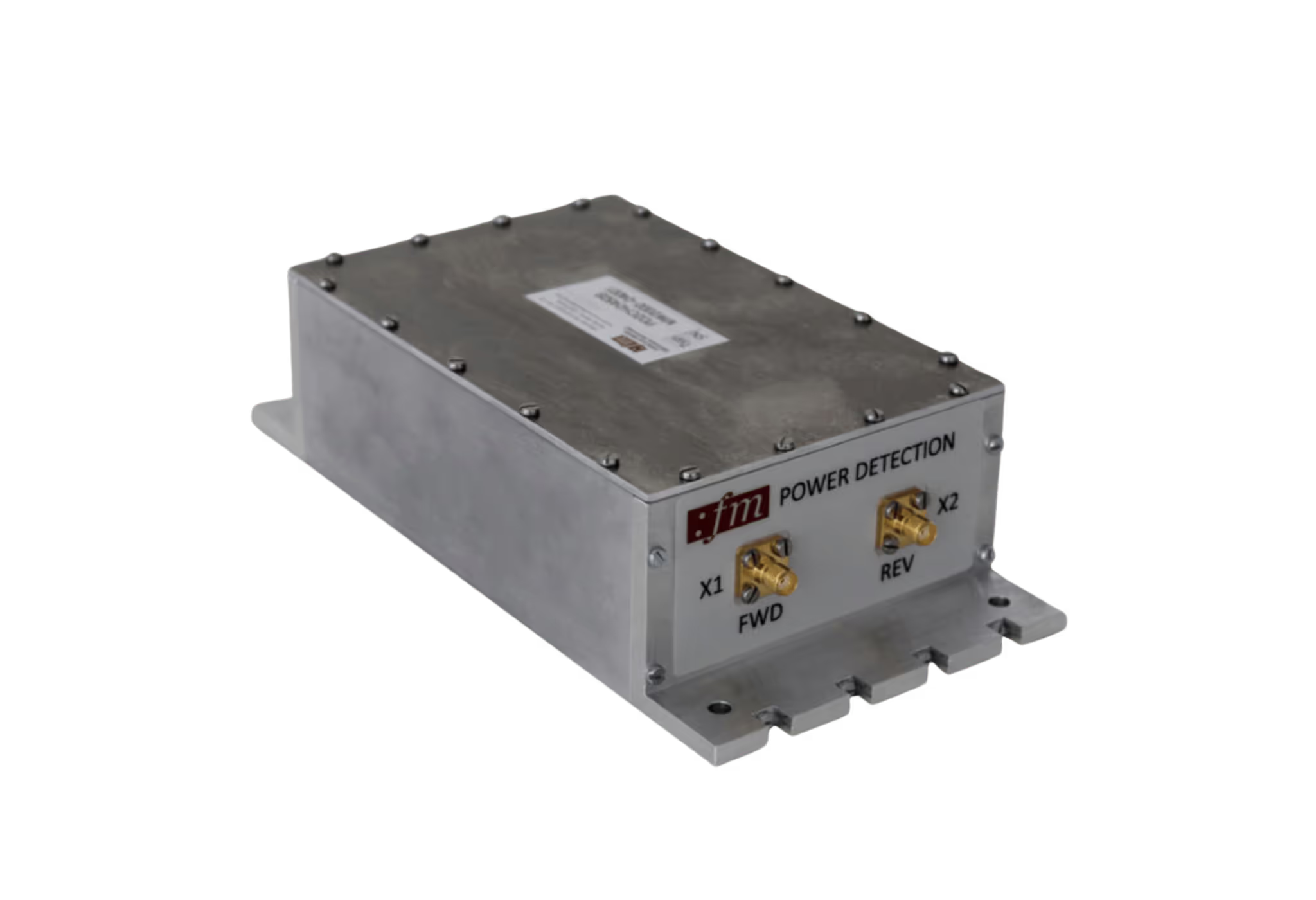

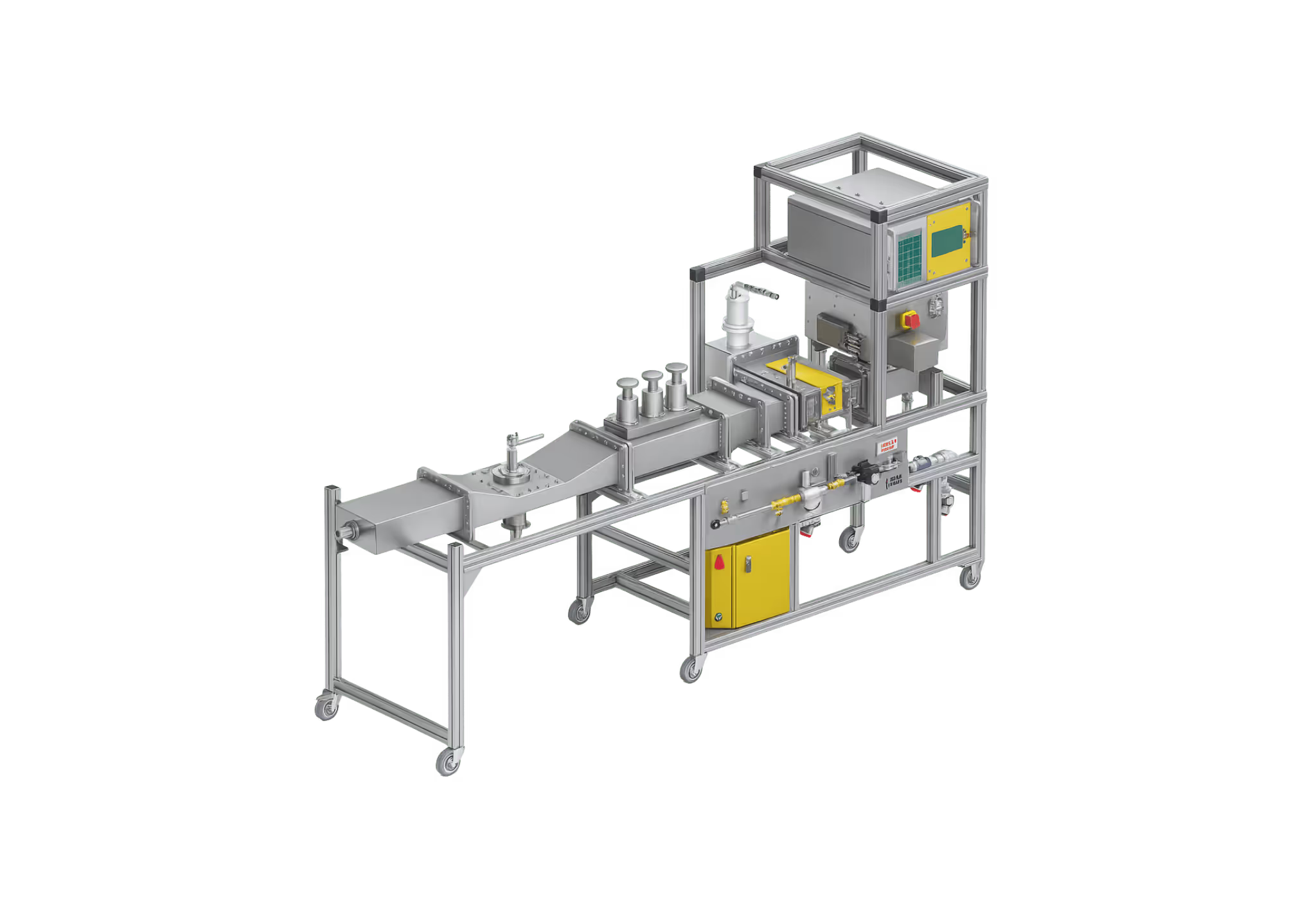
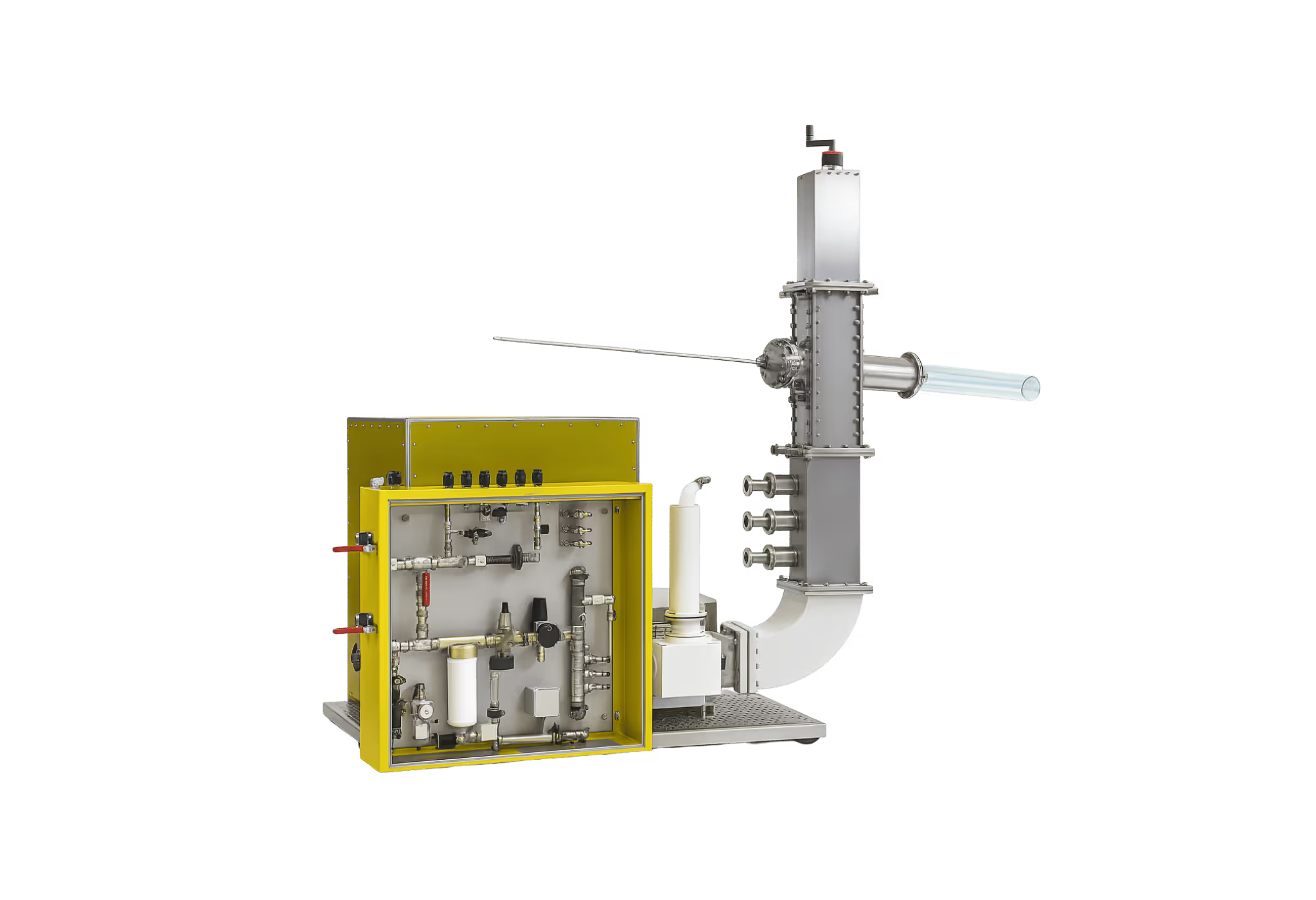

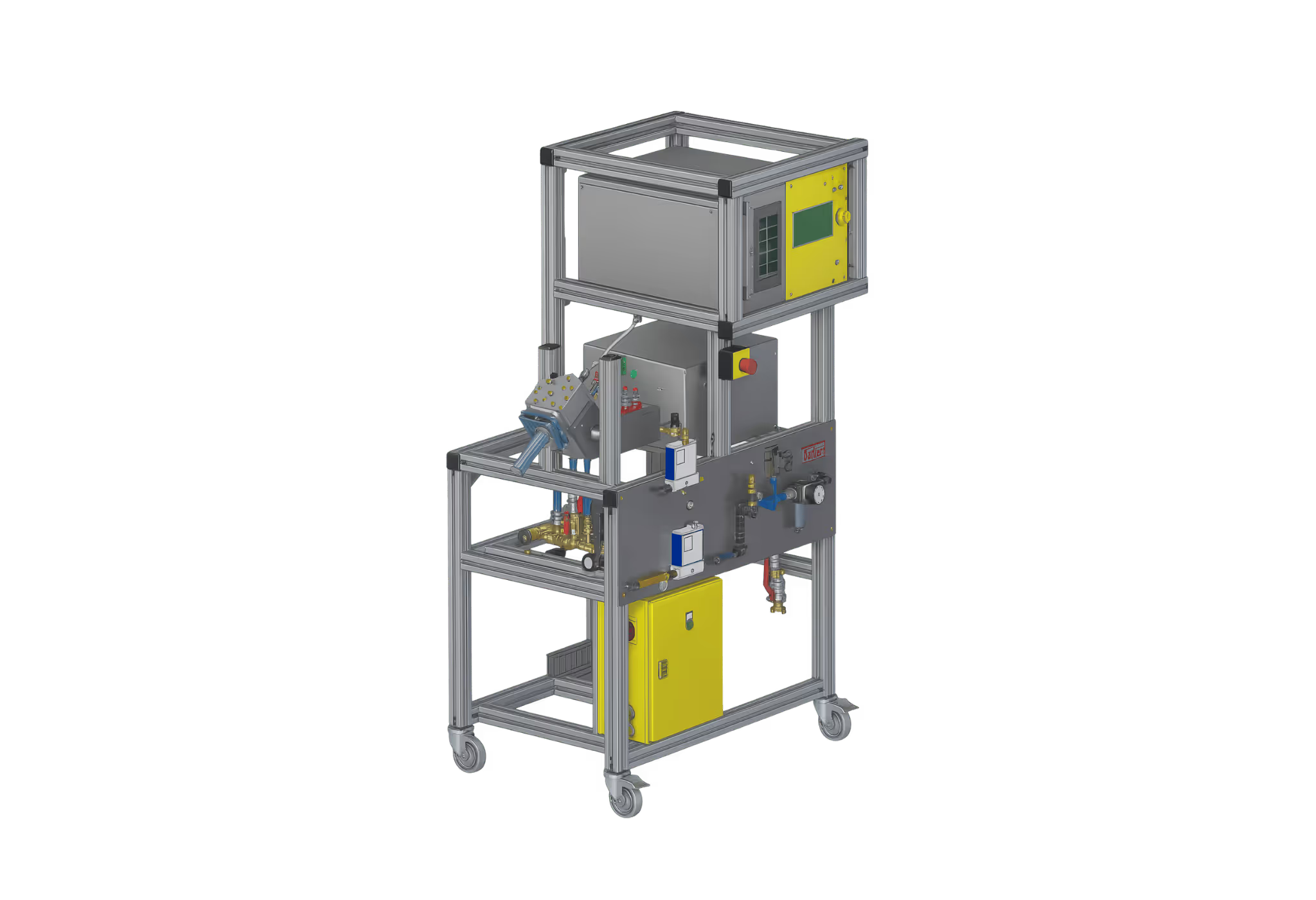
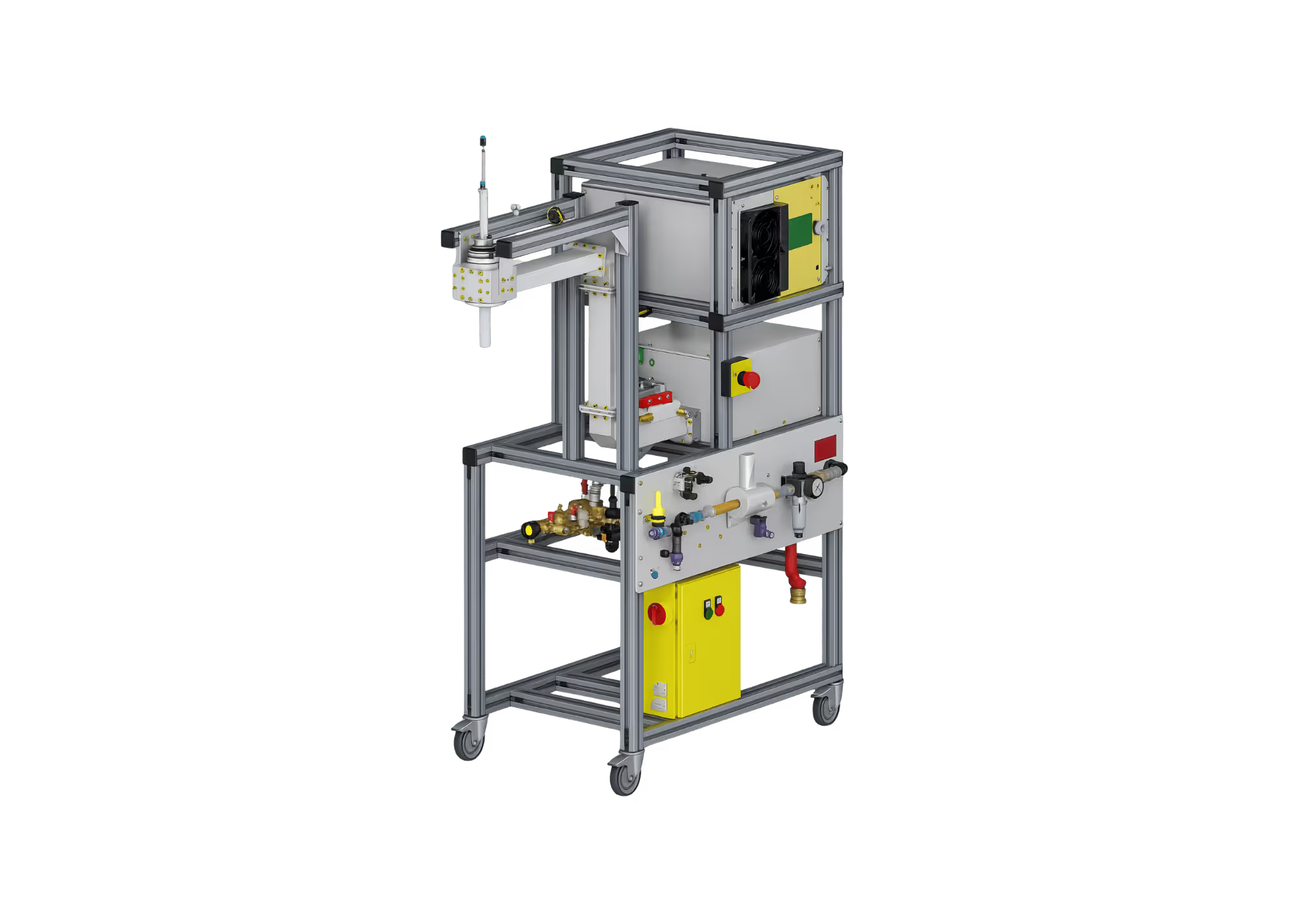
.avif)
.avif)
.avif)


